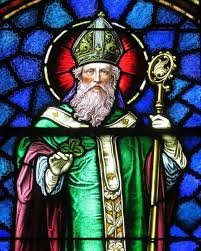Gospel Jn 20:19-31
On the evening of that first day of the week, when the doors were locked, where the disciples were, for fear of the Jews, Jesus came and stood in their midst and said to them, “Peace be with you.” When he had said this, he showed them his hands and his side. The disciples rejoiced when they saw the Lord. Jesus said to them again, “Peace be with you. As the Father has sent me, so I send you.” And when he had said this, he breathed on them and said to them, “Receive the Holy Spirit. Whose sins you forgive are forgiven them, and whose sins you retain are retained.” Thomas, called Didymus, one of the Twelve, was not with them when Jesus came. So the other disciples said to him, “We have seen the Lord.” But he said to them, “Unless I see the mark of the nails in his hands and put my finger into the nail marks and put my hand into his side, I will not believe.” Now a week later his disciples were again inside and Thomas was with them. Jesus came, although the doors were locked, and stood in their midst and said, “Peace be with you.” Then he said to Thomas, “Put your finger here and see my hands, and bring your hand and put it into my side, and do not be unbelieving, but believe.” Thomas answered and said to him, “My Lord and my God!” Jesus said to him, “Have you come to believe because you have seen me? Blessed are those who have not seen and have believed.” Now Jesus did many other signs in the presence of his disciples that are not written in this book. But these are written that you may come to believe that Jesus is the Christ, the Son of God, and that through this belief you may have life in his name.
Quote
"We must not be afraid of fear." ~ St. Francis de Sales.
Reflection: Really? Doubting Thomas?
“My Lord and My God!” Besides Peter, Thomas is the only other Apostle who makes some fairly bold proclamations when it comes to Jesus. Thomas most clearly is remembered for his bold doubting in the Upper Room after hearing about the resurrection. He is not so well remembered for his earlier bold statement in the Gospel of John, in which the disciples fear for Jesus’s safety when He wants to go see Lazarus, Thomas tells the others, “Let us also go to die with him” (Jn. 11:16).
Thomas wasn't afraid to proclaim his true thoughts. In this earlier instance we see a bold, confident boast—and then in the upper room a bold and bitter doubt followed by an equally BOLD confession of faith once he meets the risen Lord. Thomas is a disciple whose head and heart were not working together until he accepted the truth about who Jesus is.
In the wake of the Resurrection, Jesus takes this fearless man and gives him the opportunity to turn that bitter disappointment into a beautiful prayer of adoration. Thomas became a bold proclaimer of the Resurrection not just in thought or word but in action as well. May St. Thomas becomes an example for each of us when we struggle with uniting our head and our heart.
Fr. Steve Shott, OSFS
Pastor, St. Thomas the Apostle Church
Glen Mills, PA









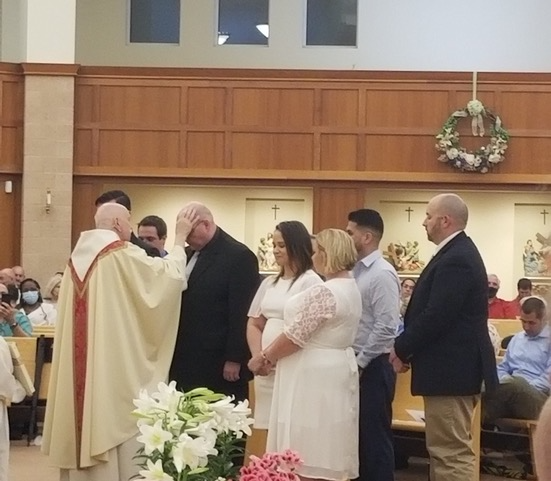
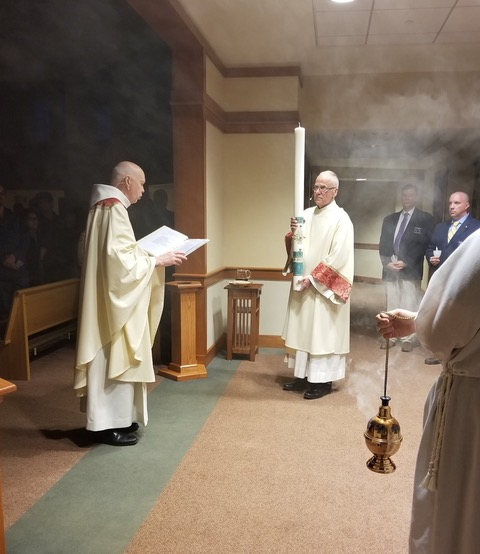
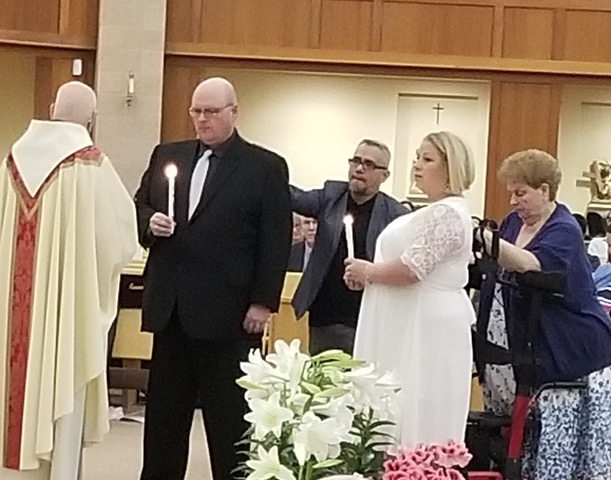
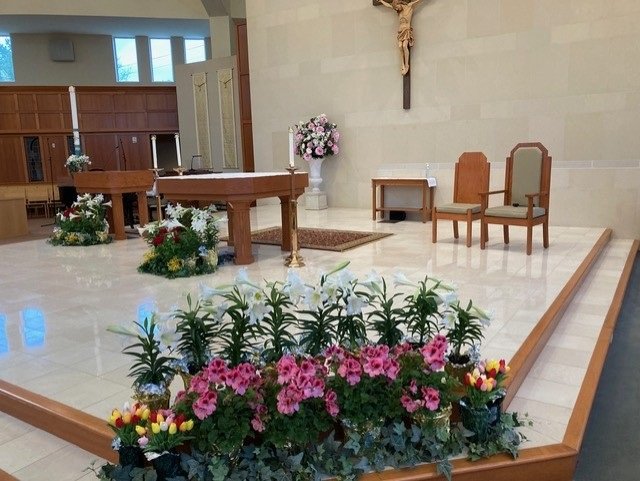
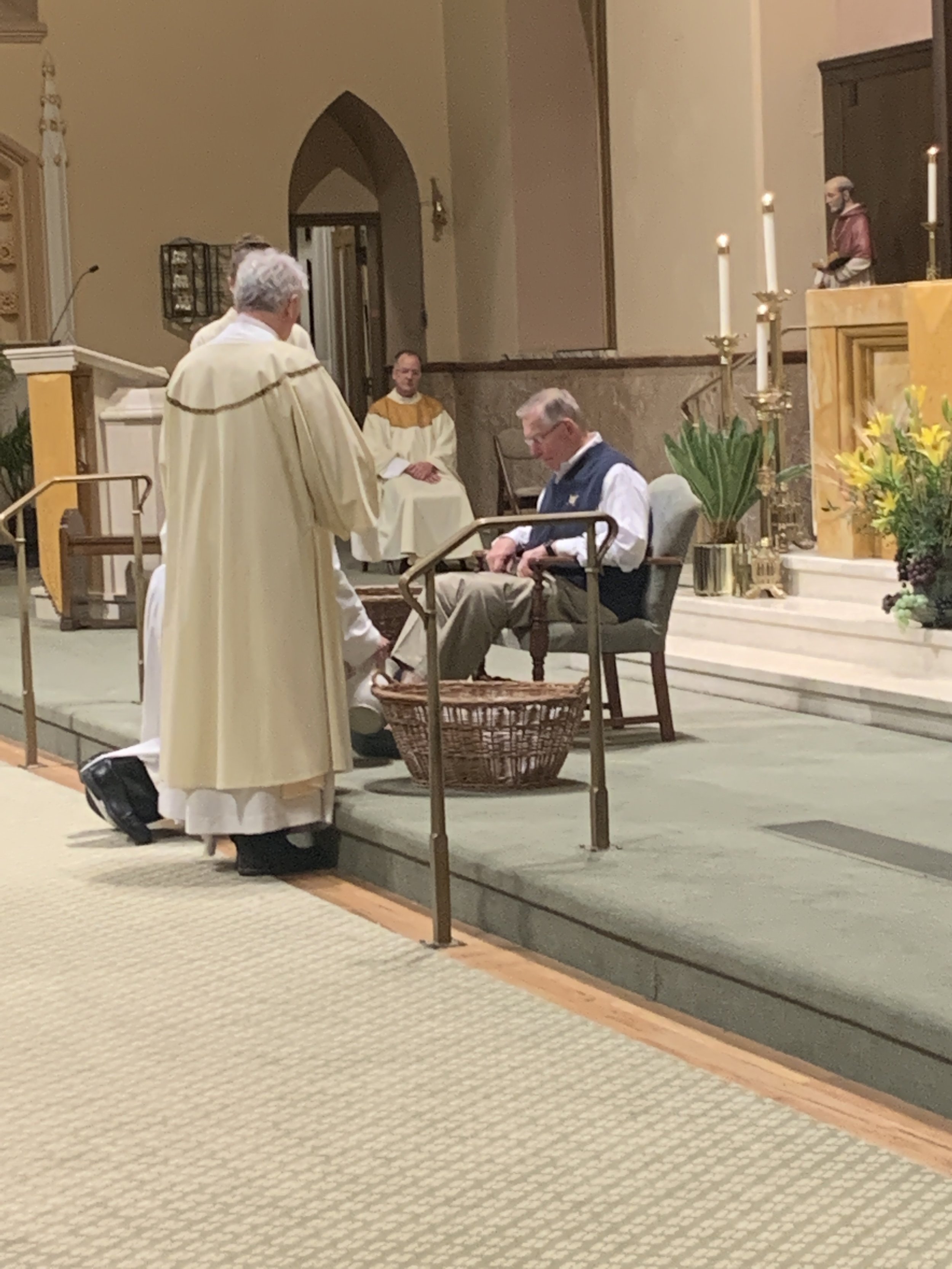
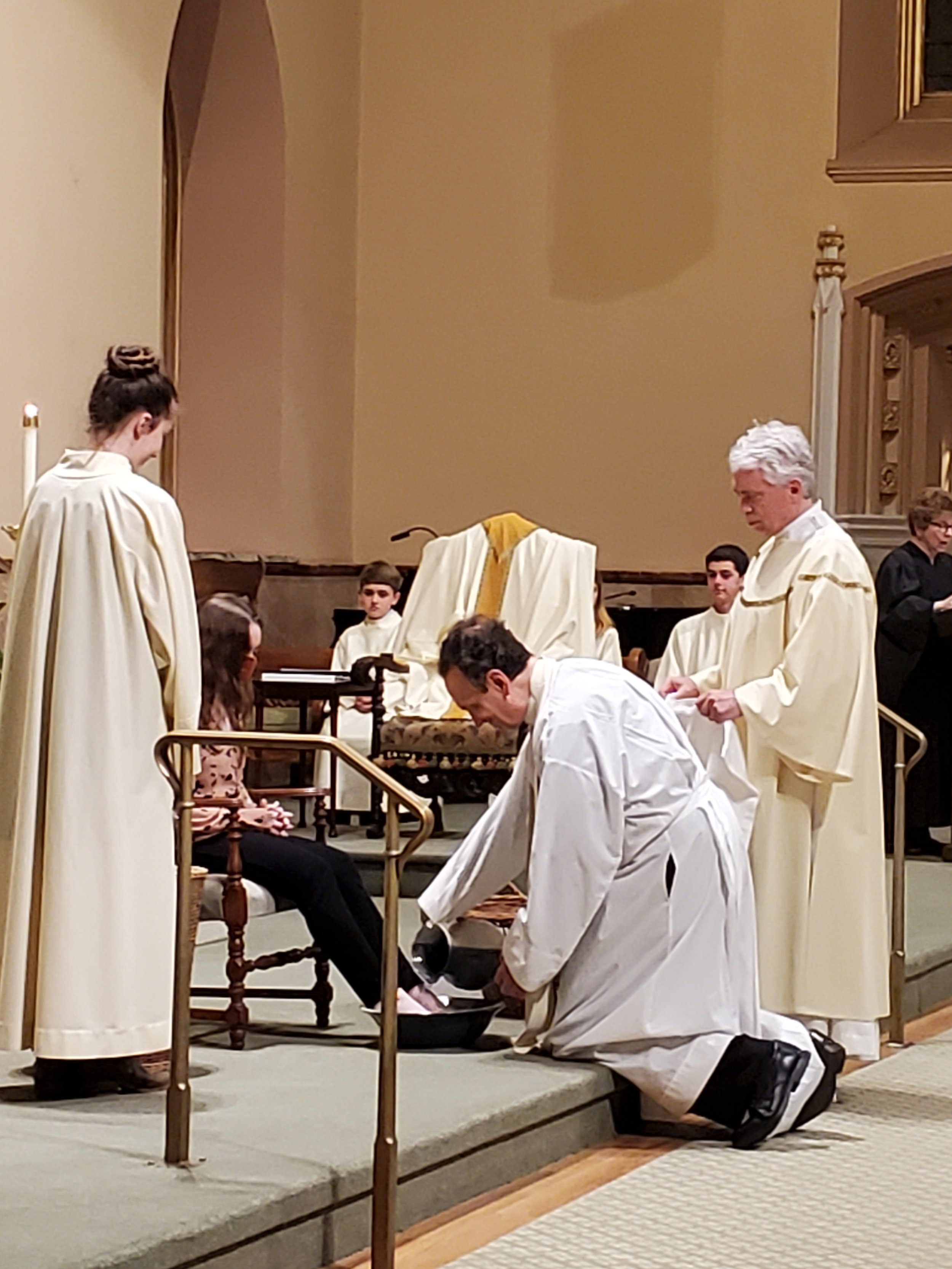
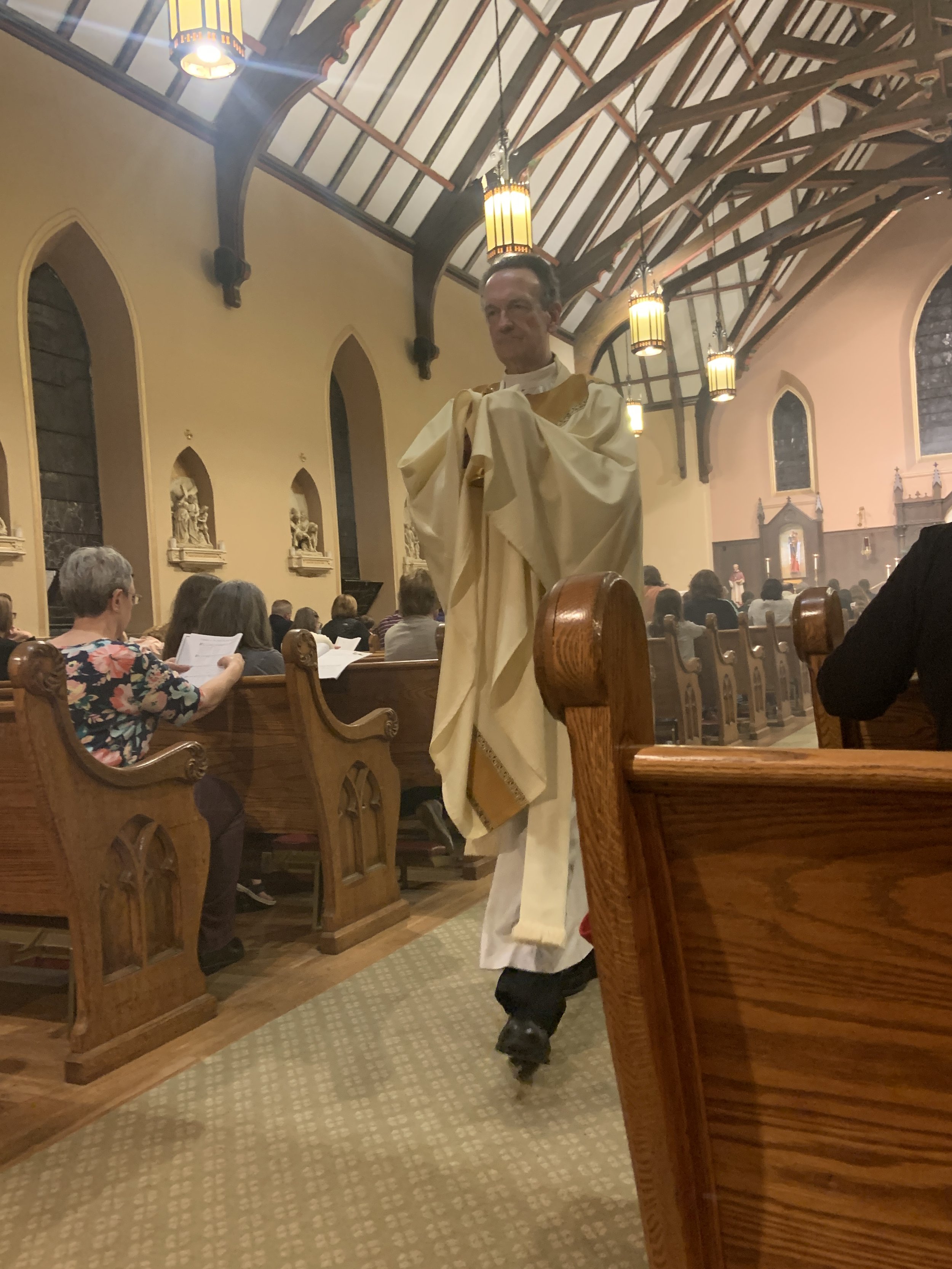
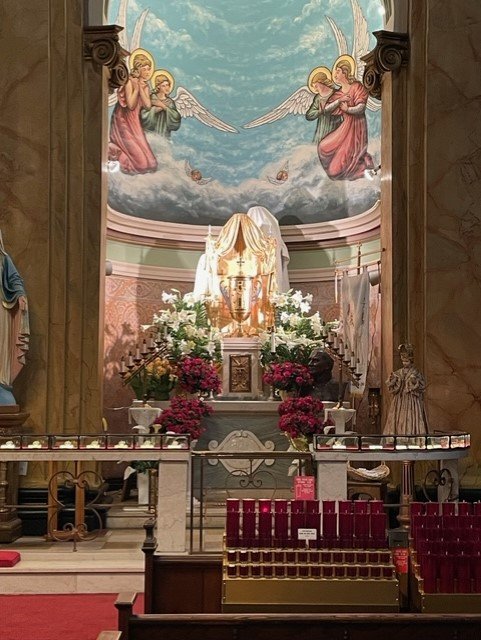
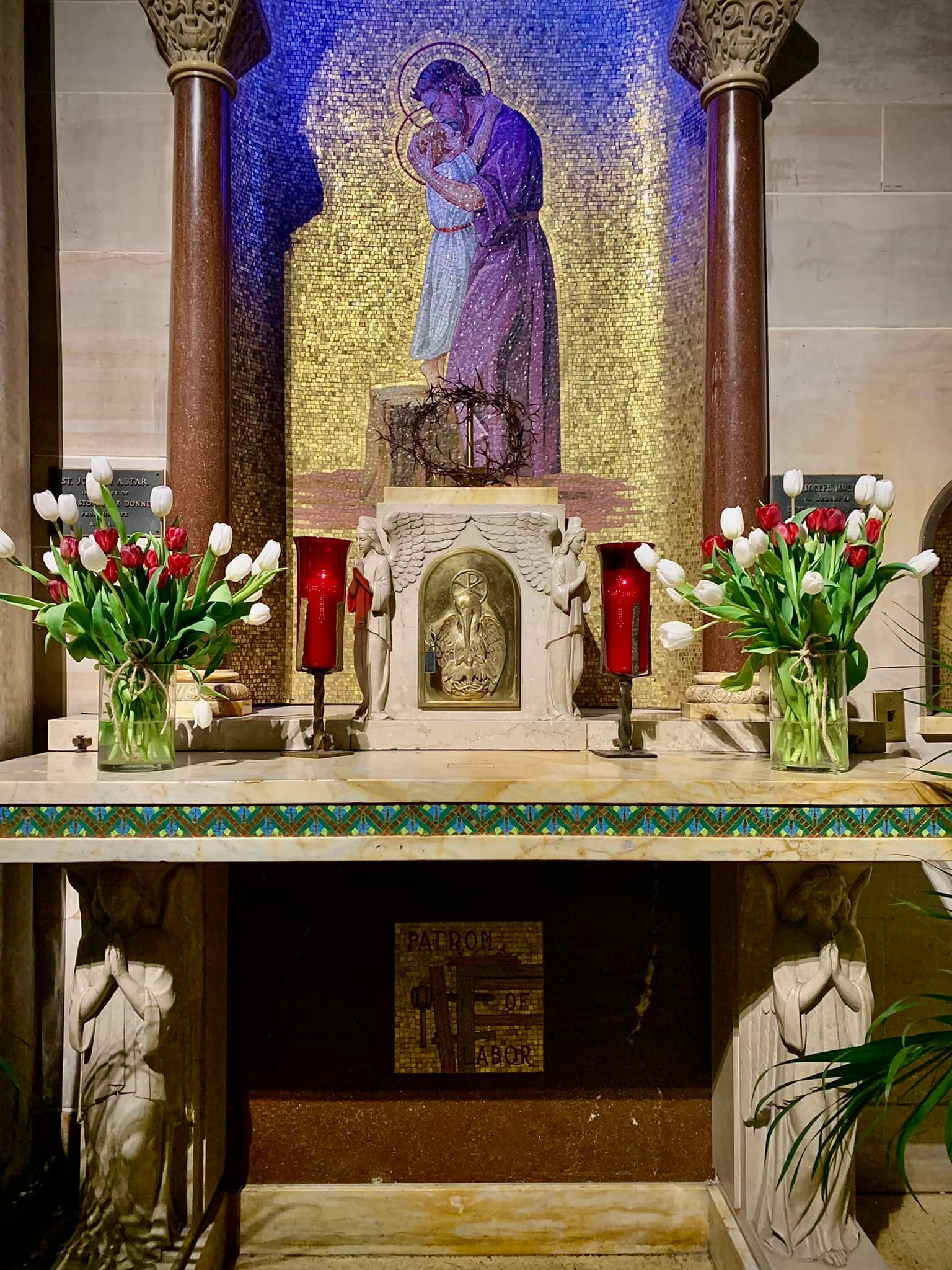
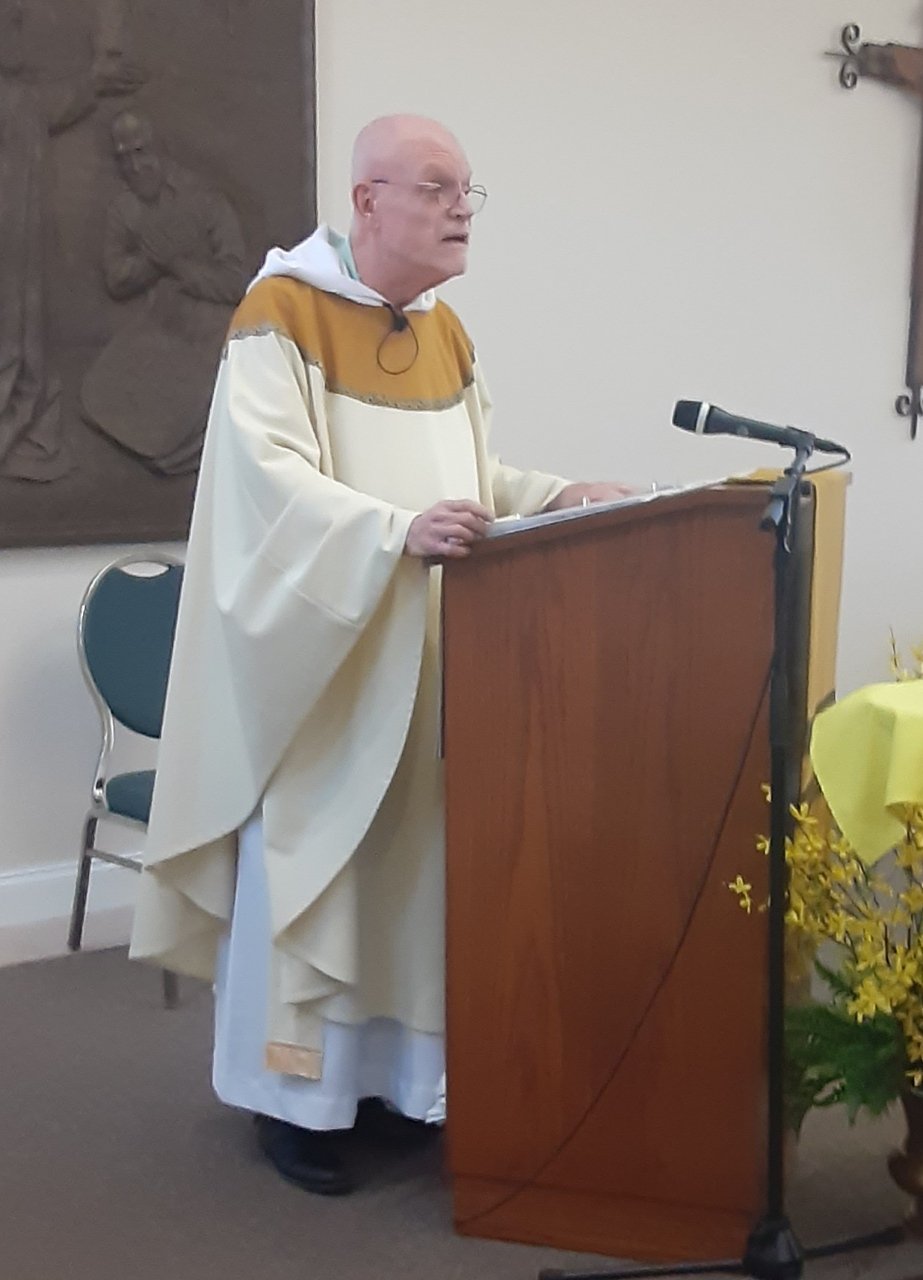
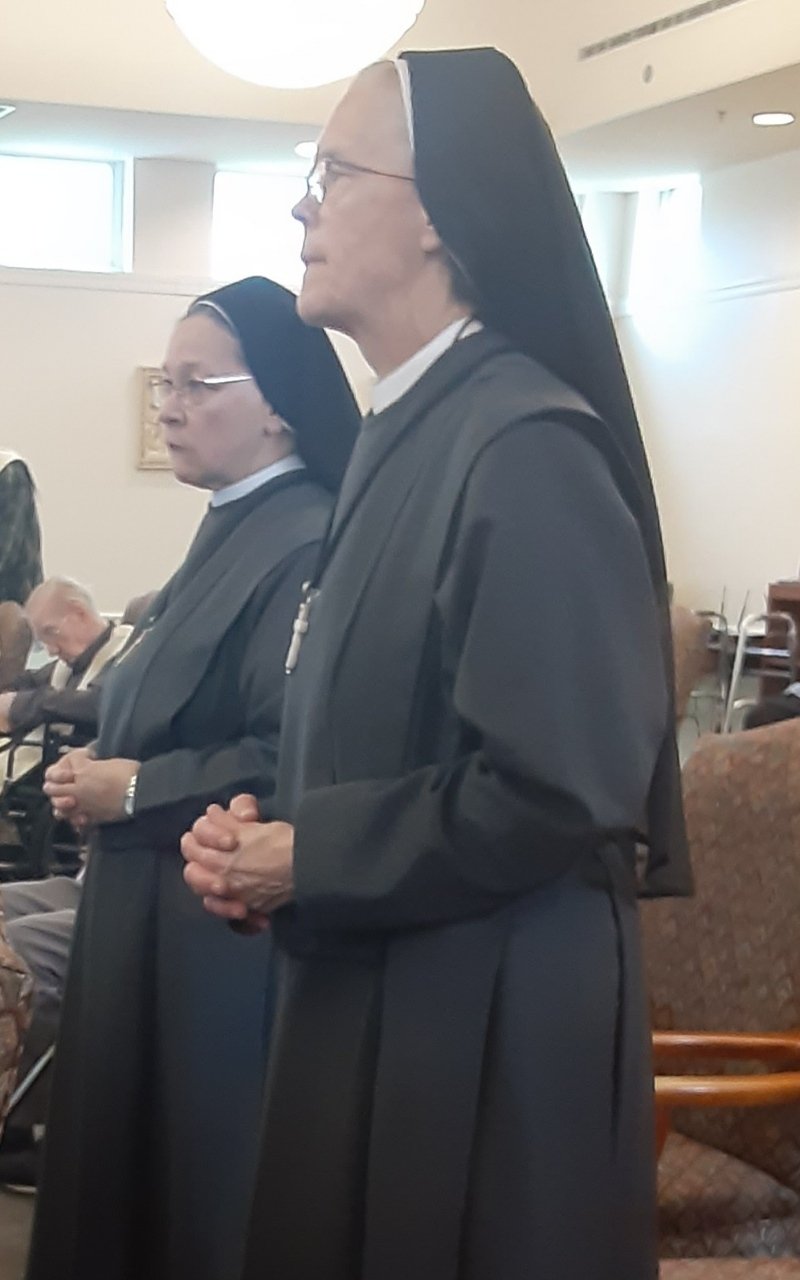
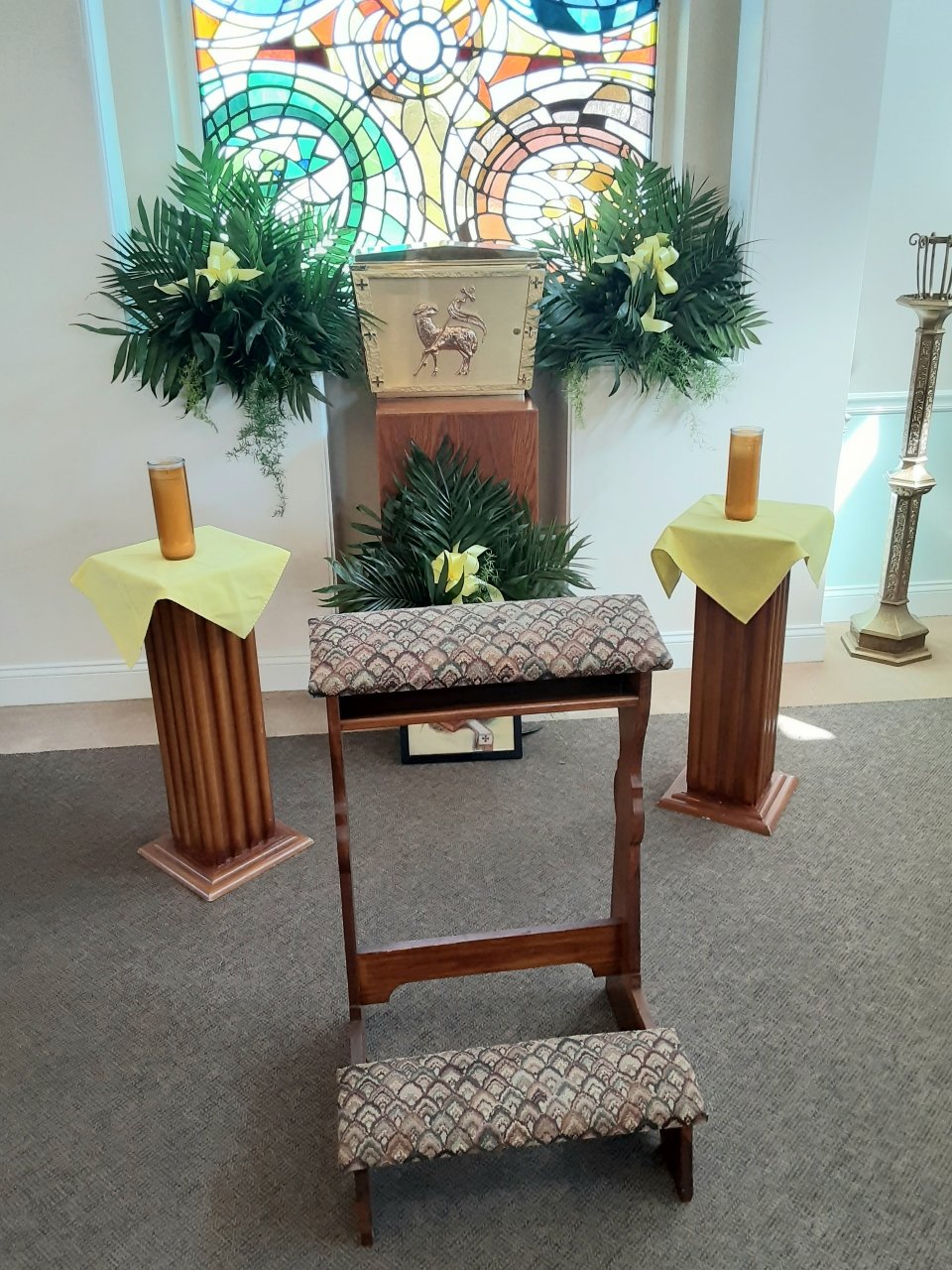
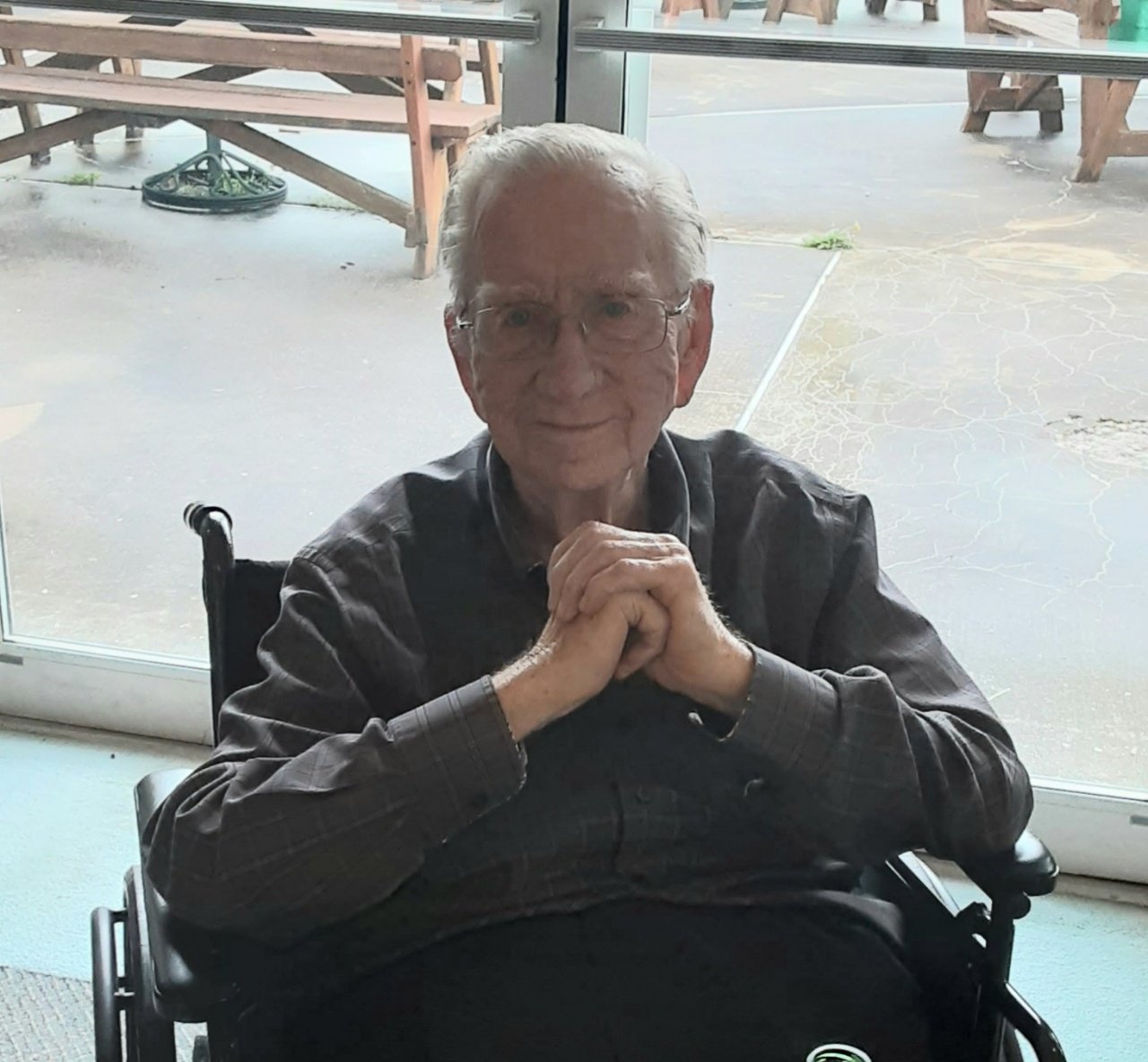
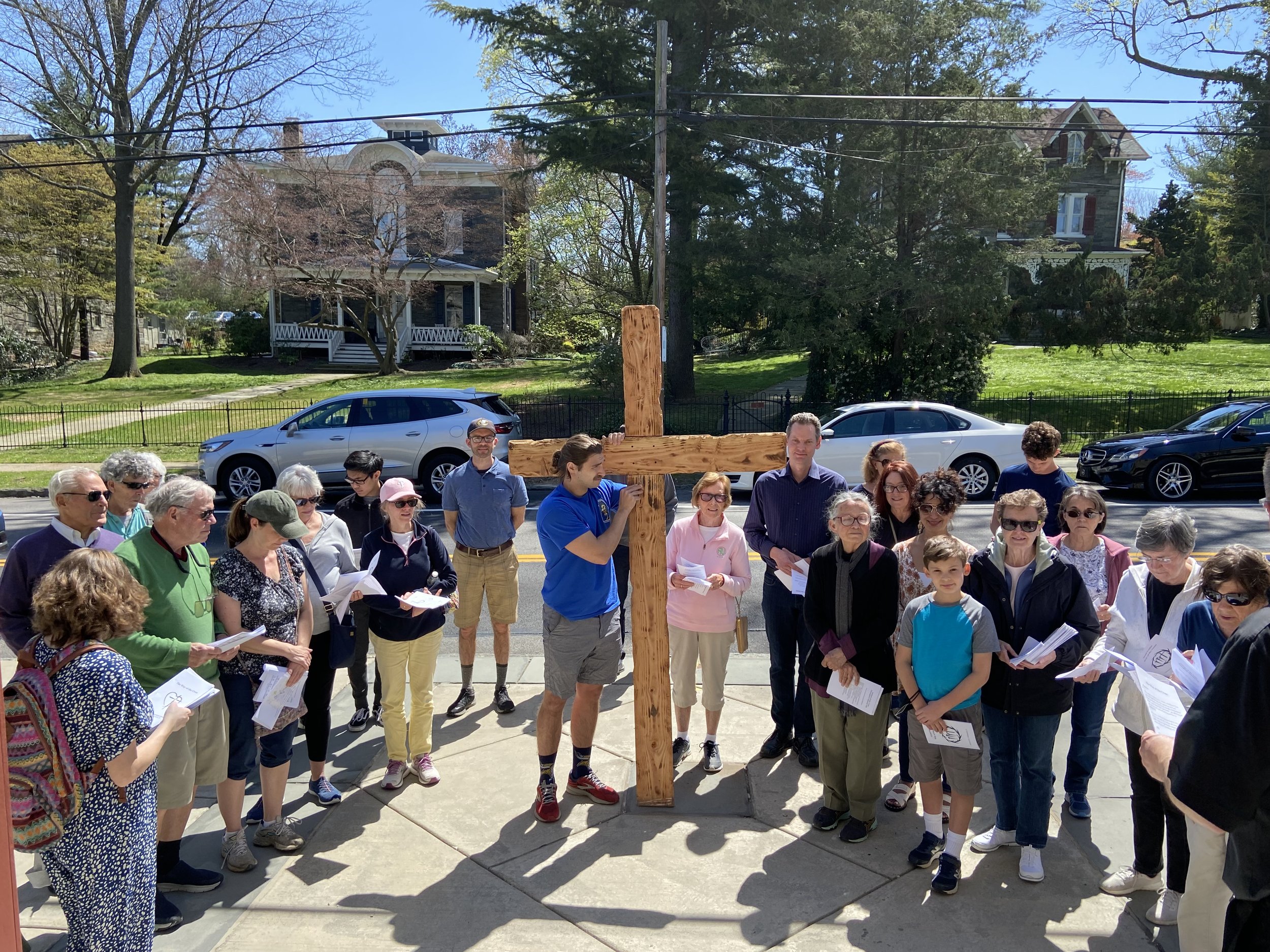
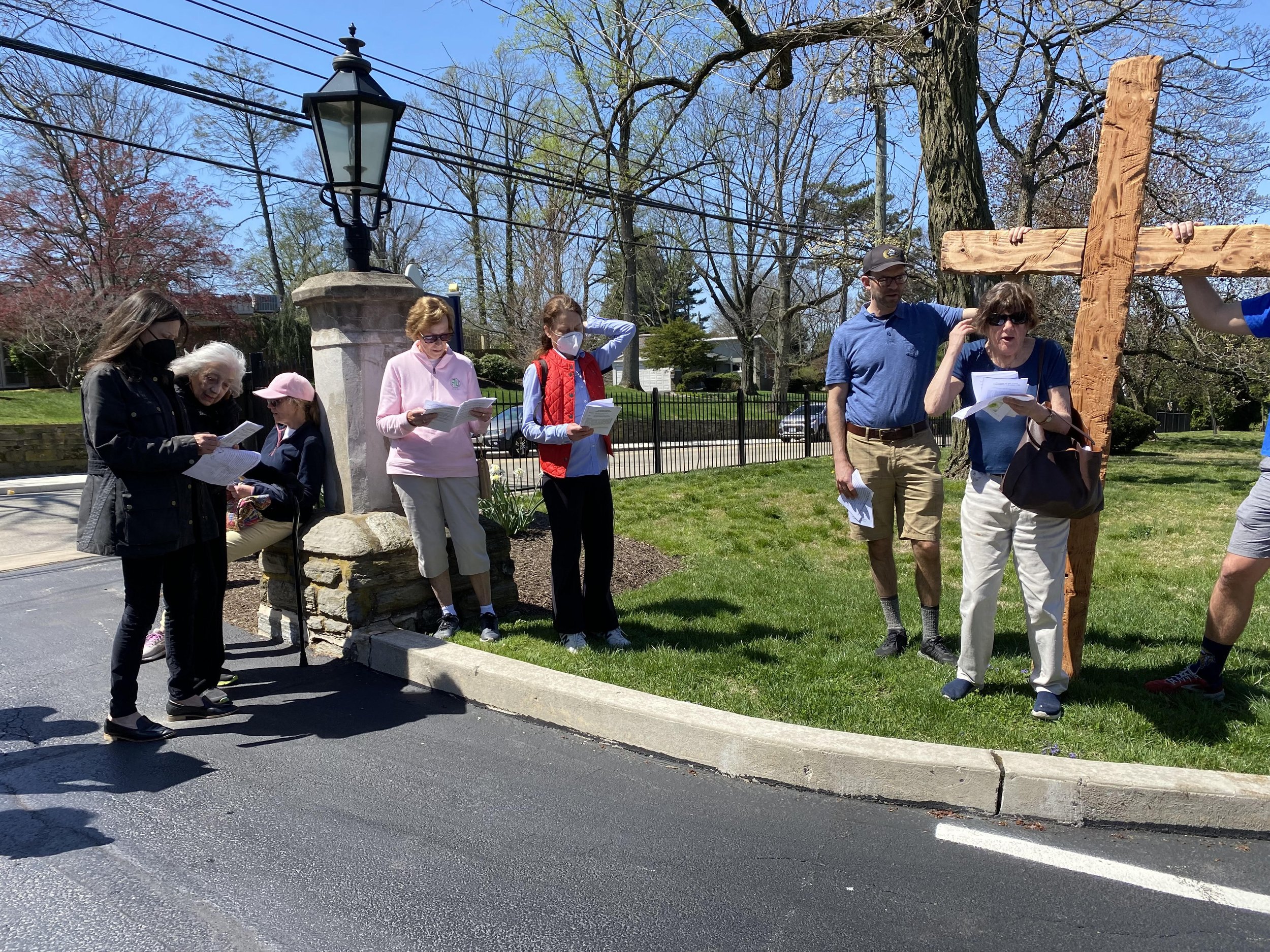
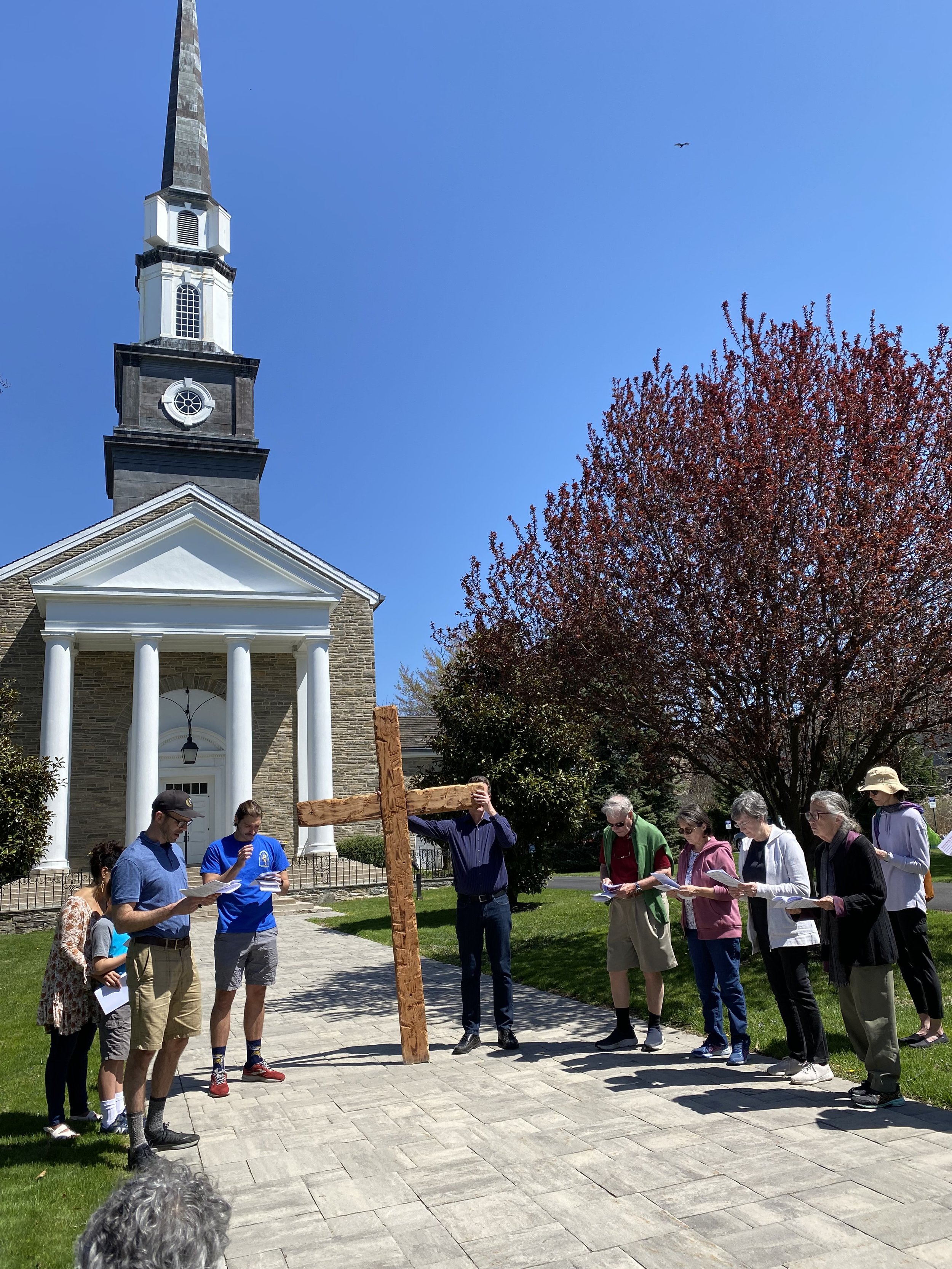
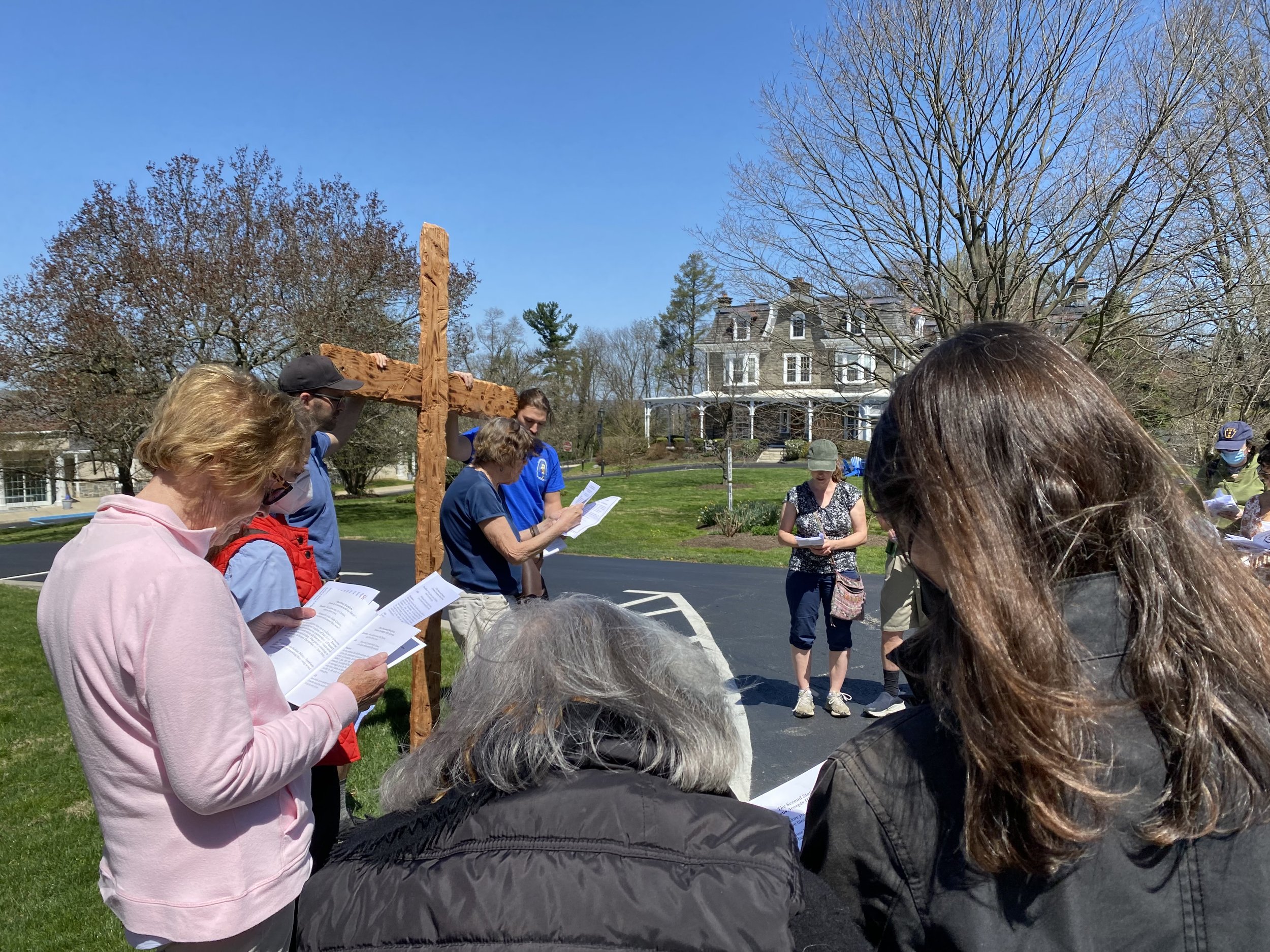
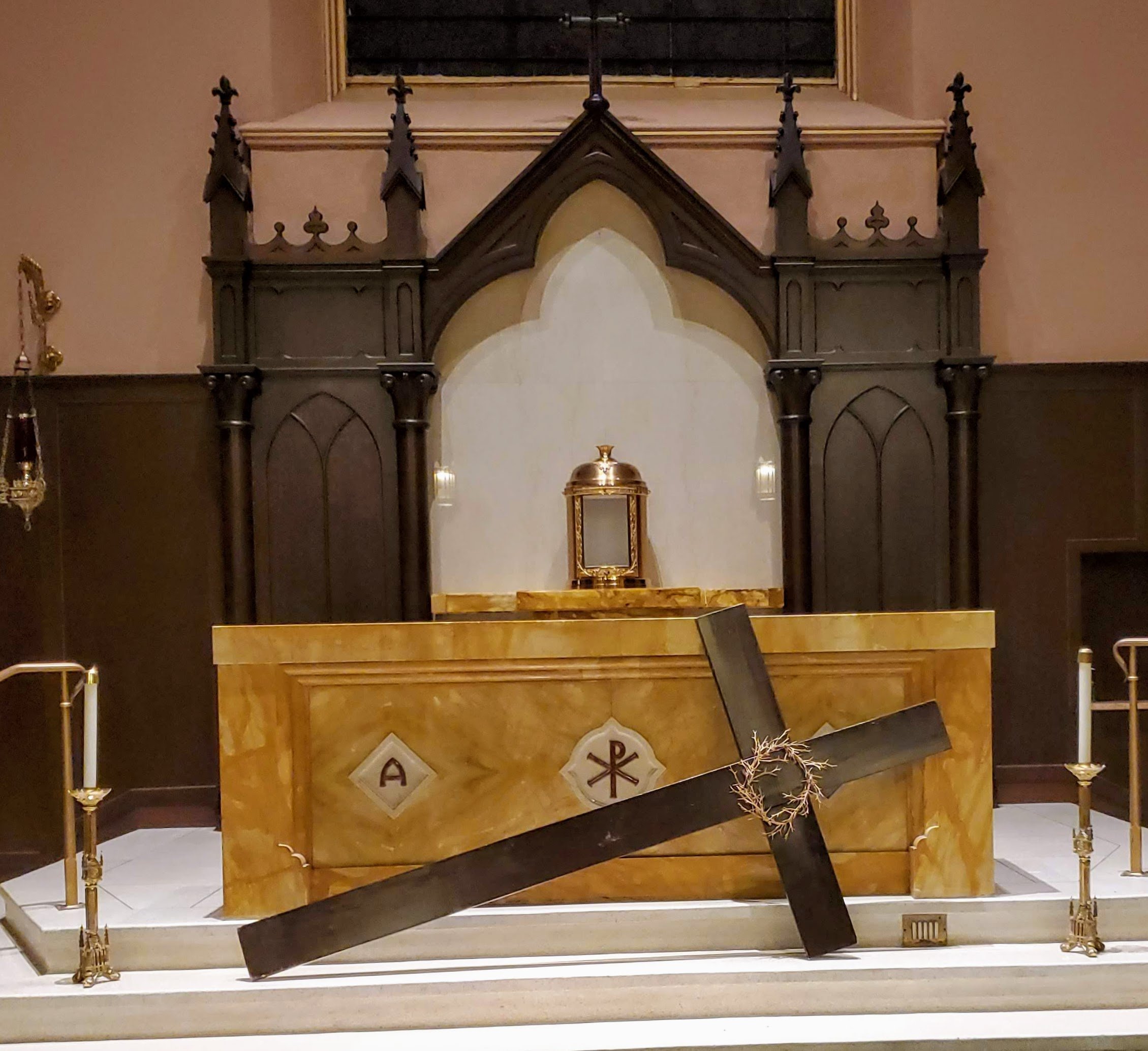
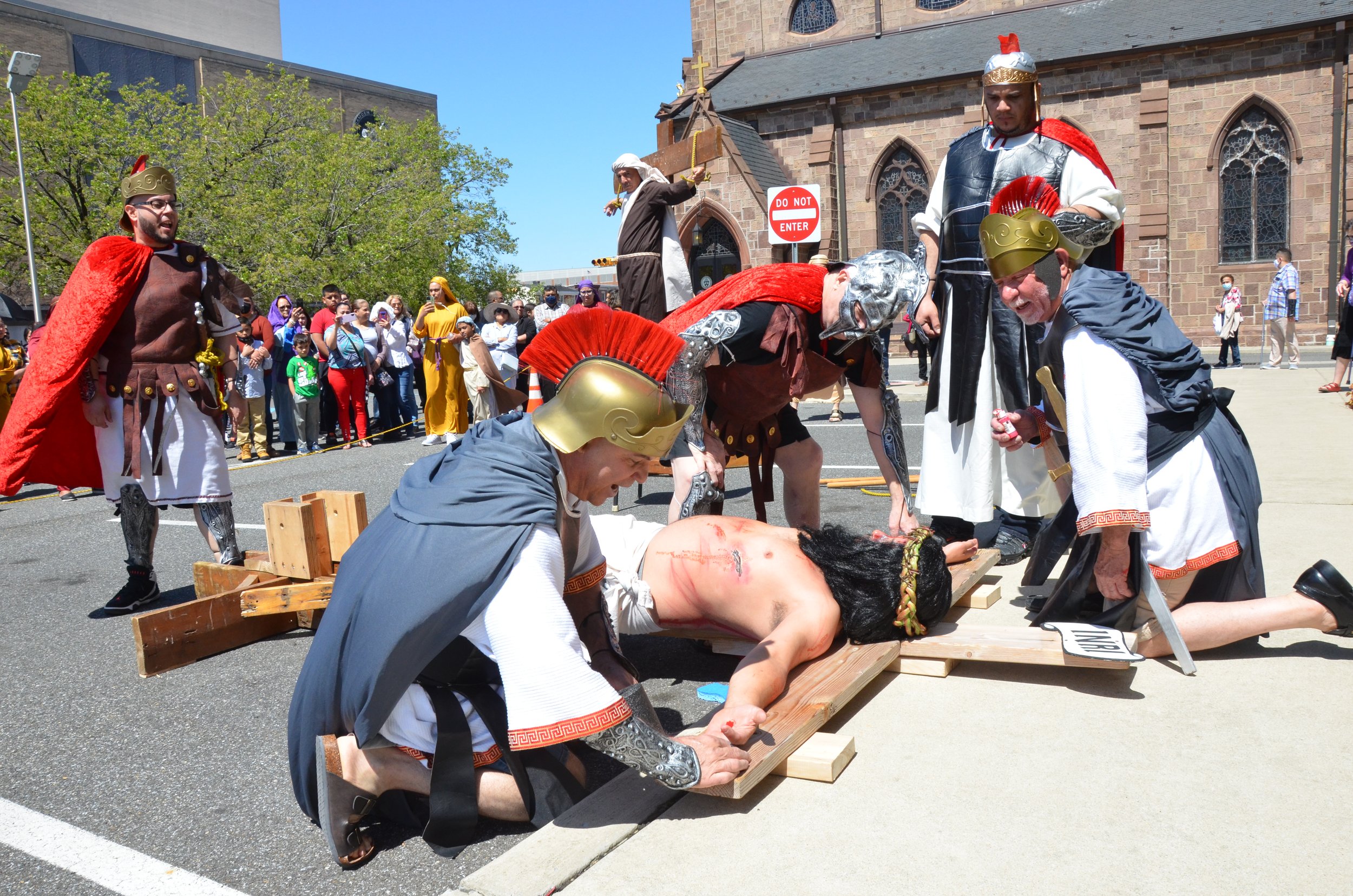
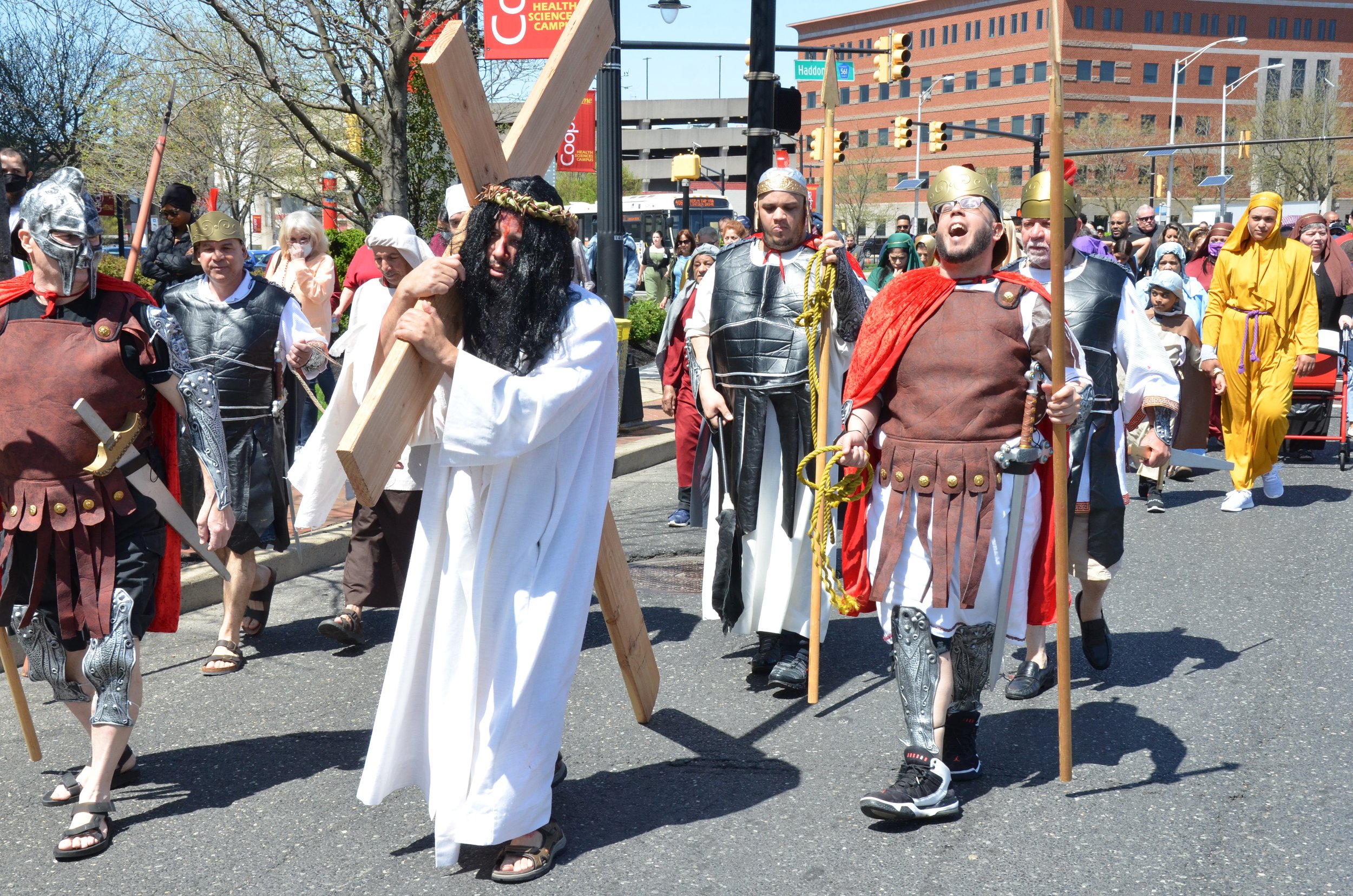
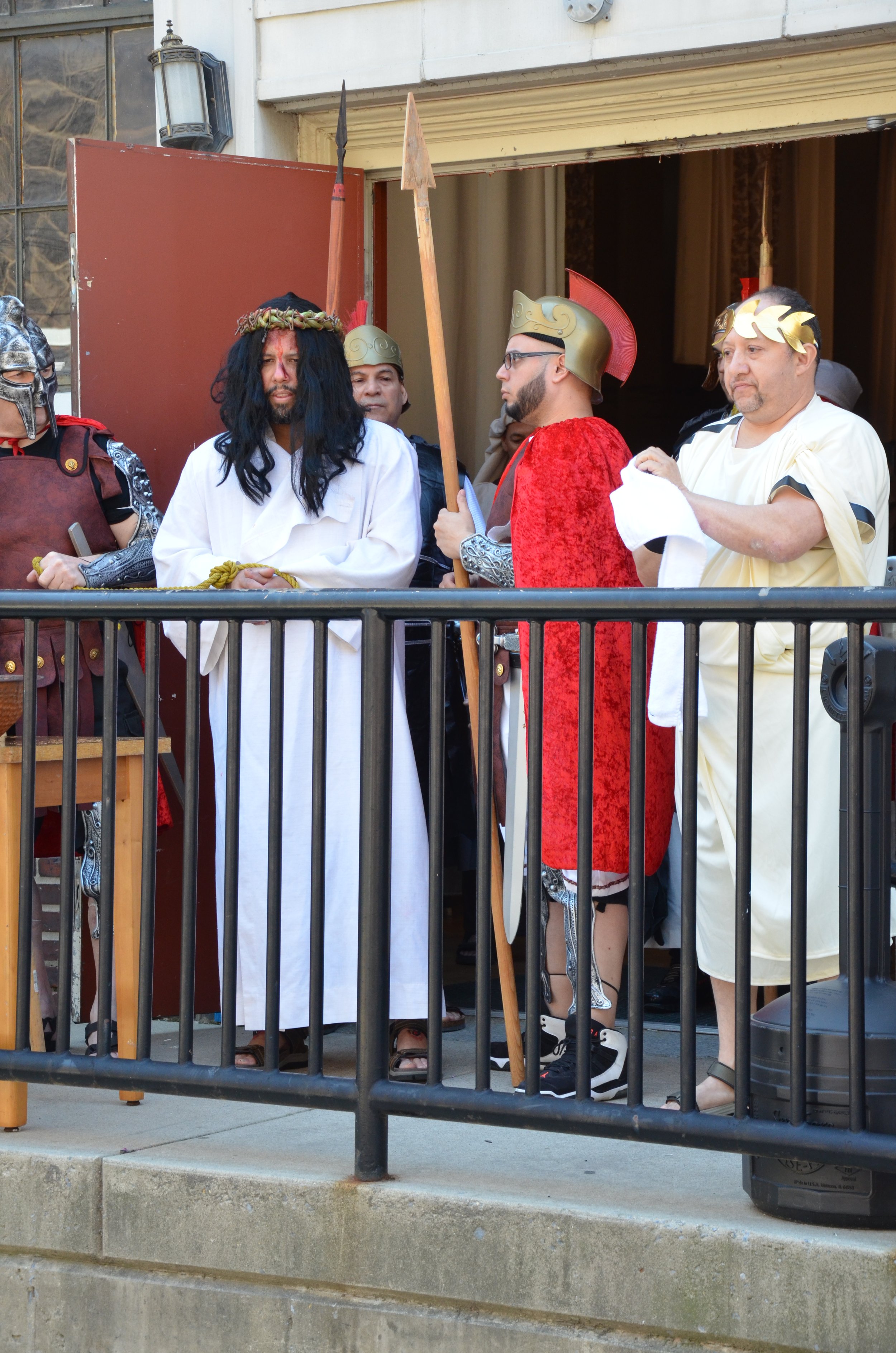
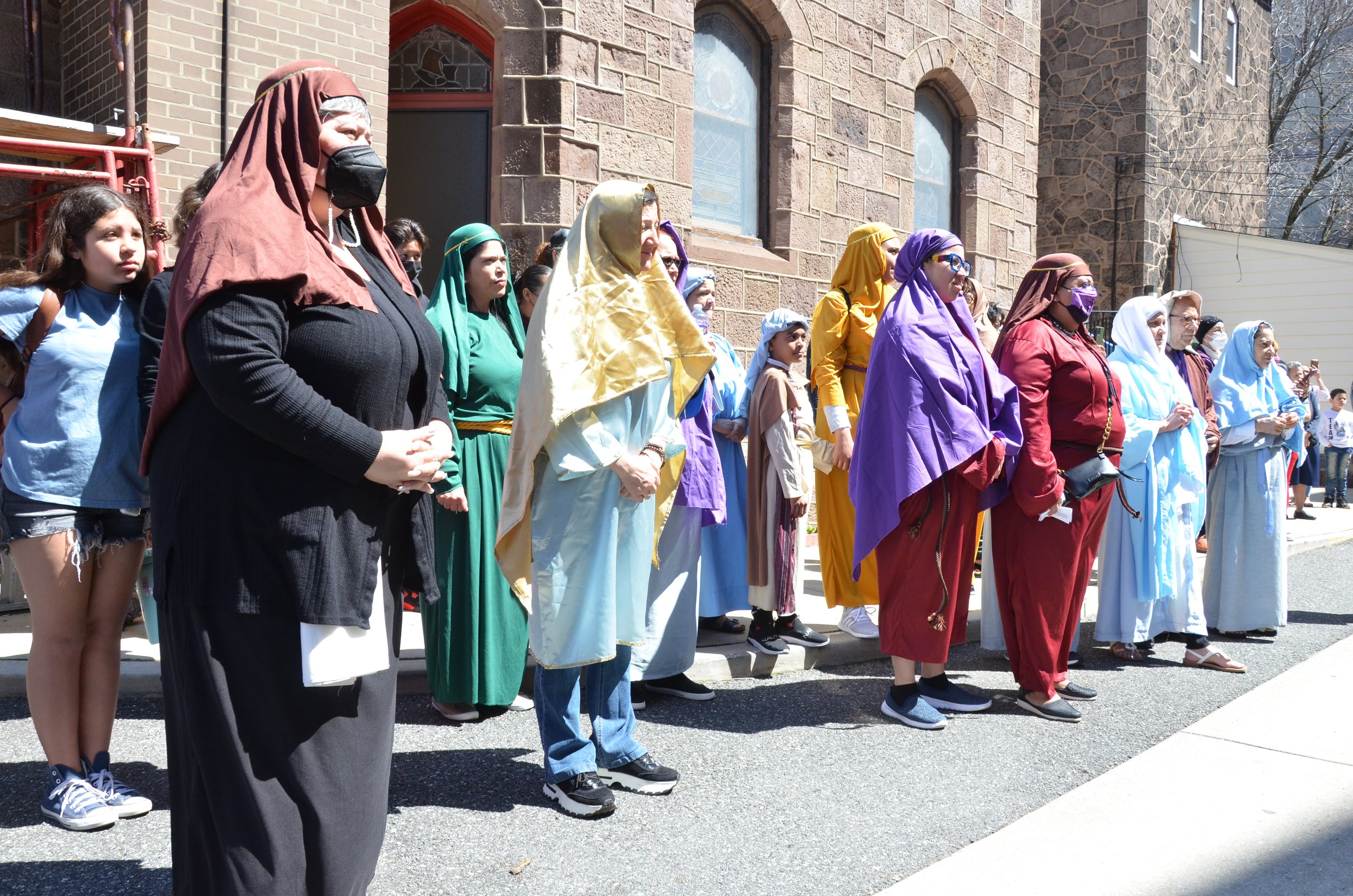
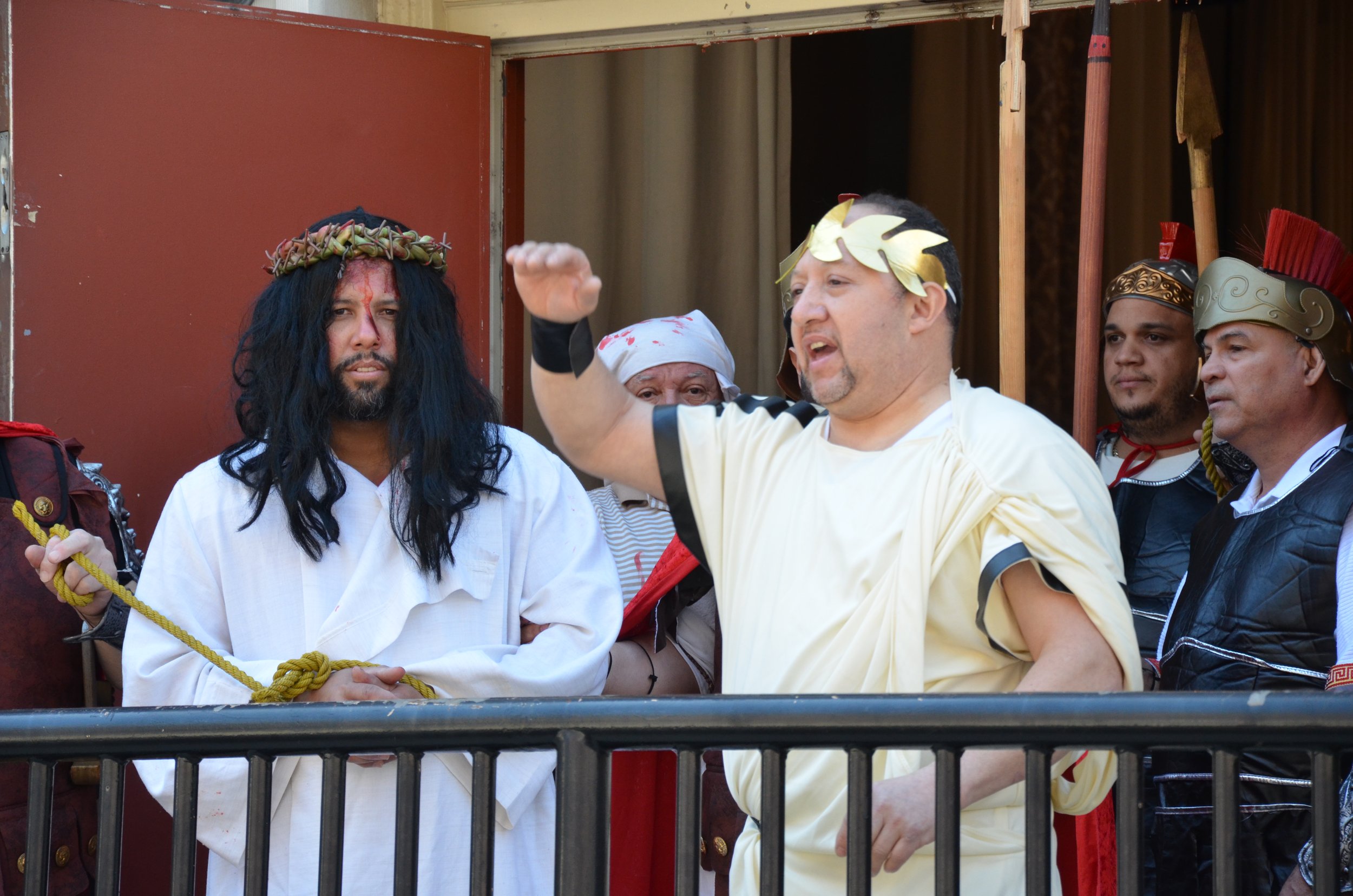
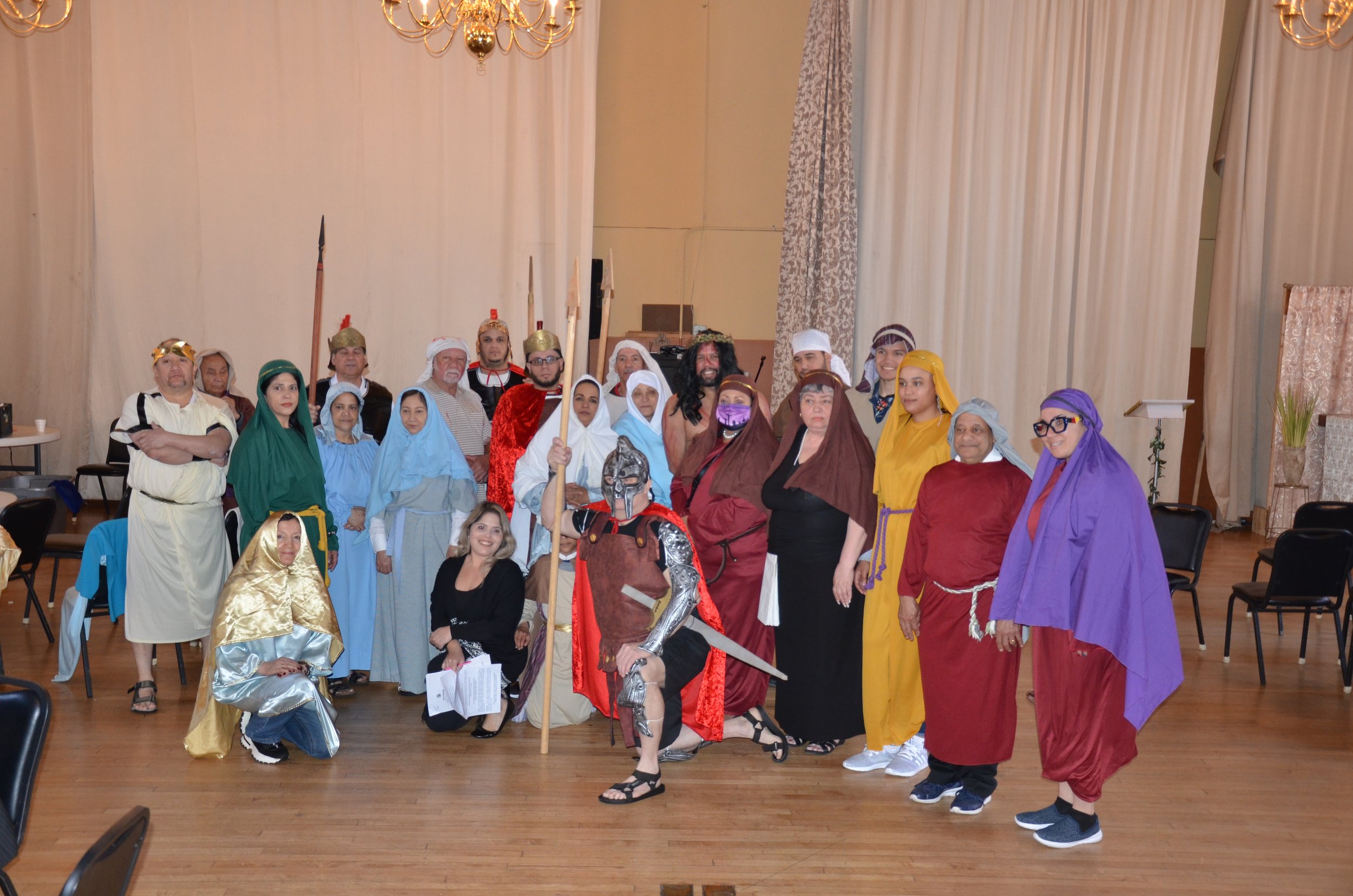
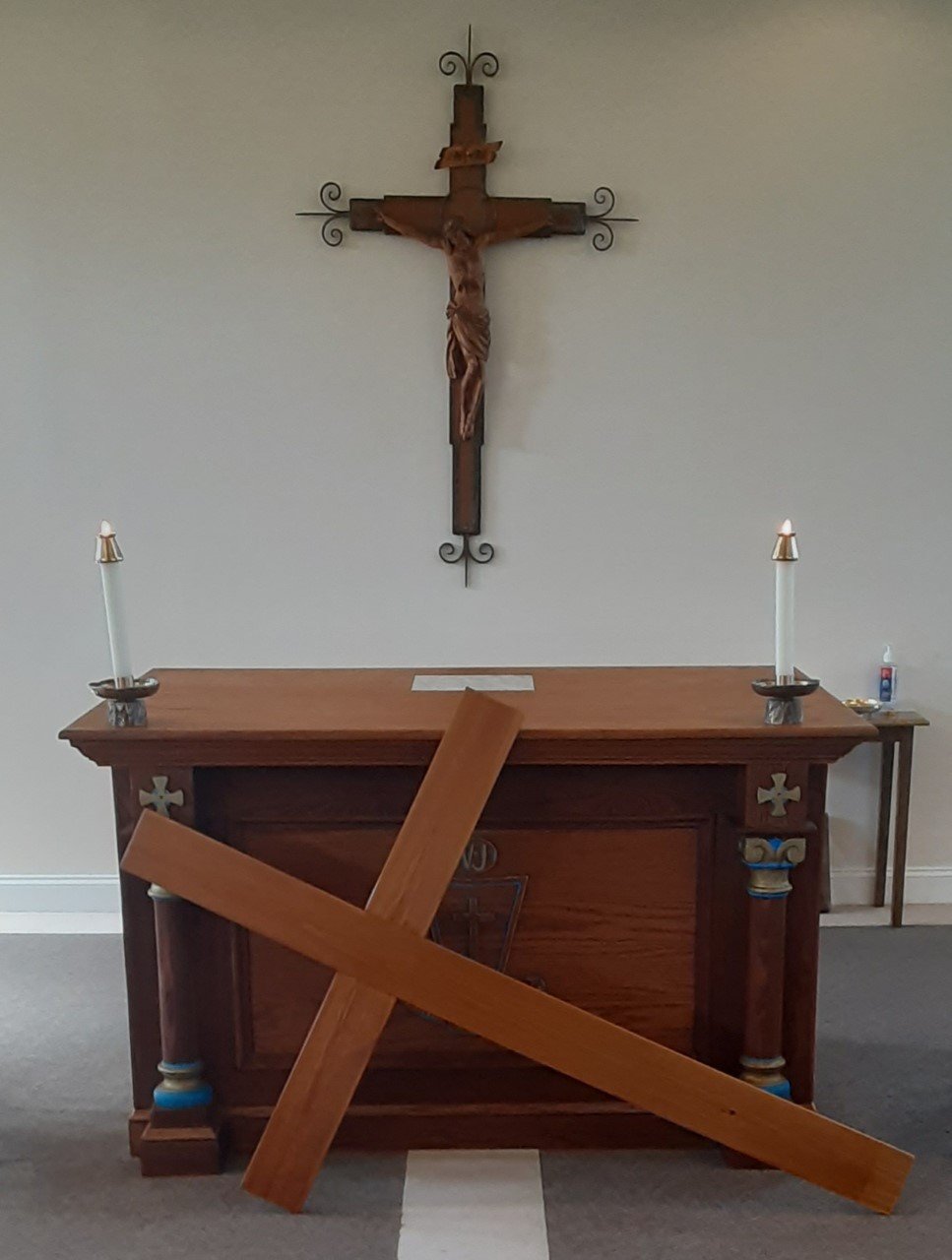
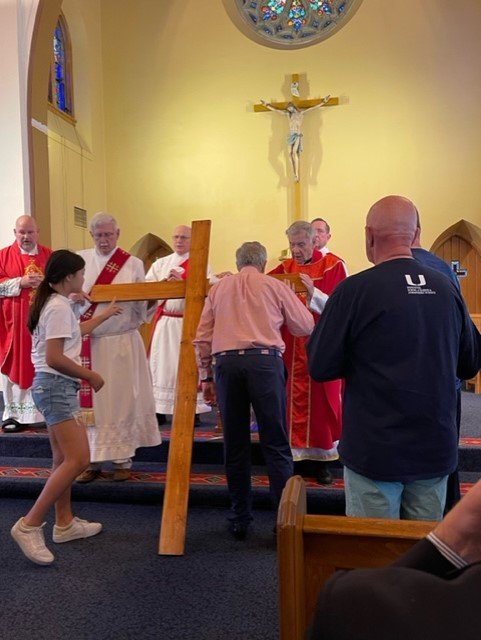
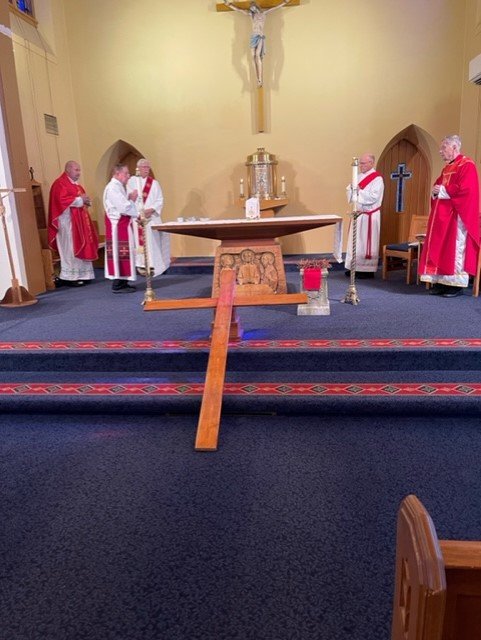
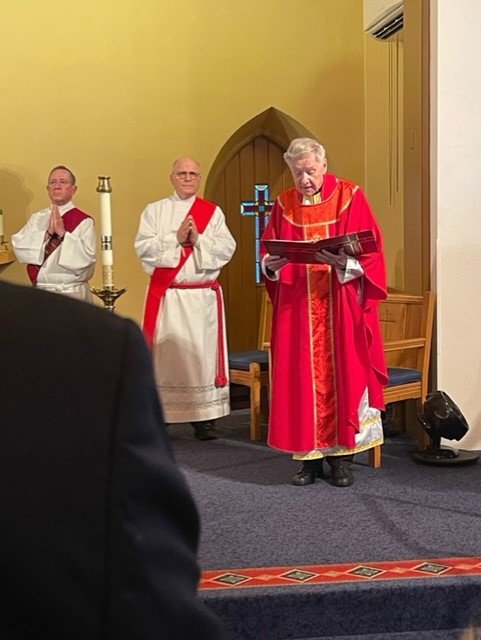
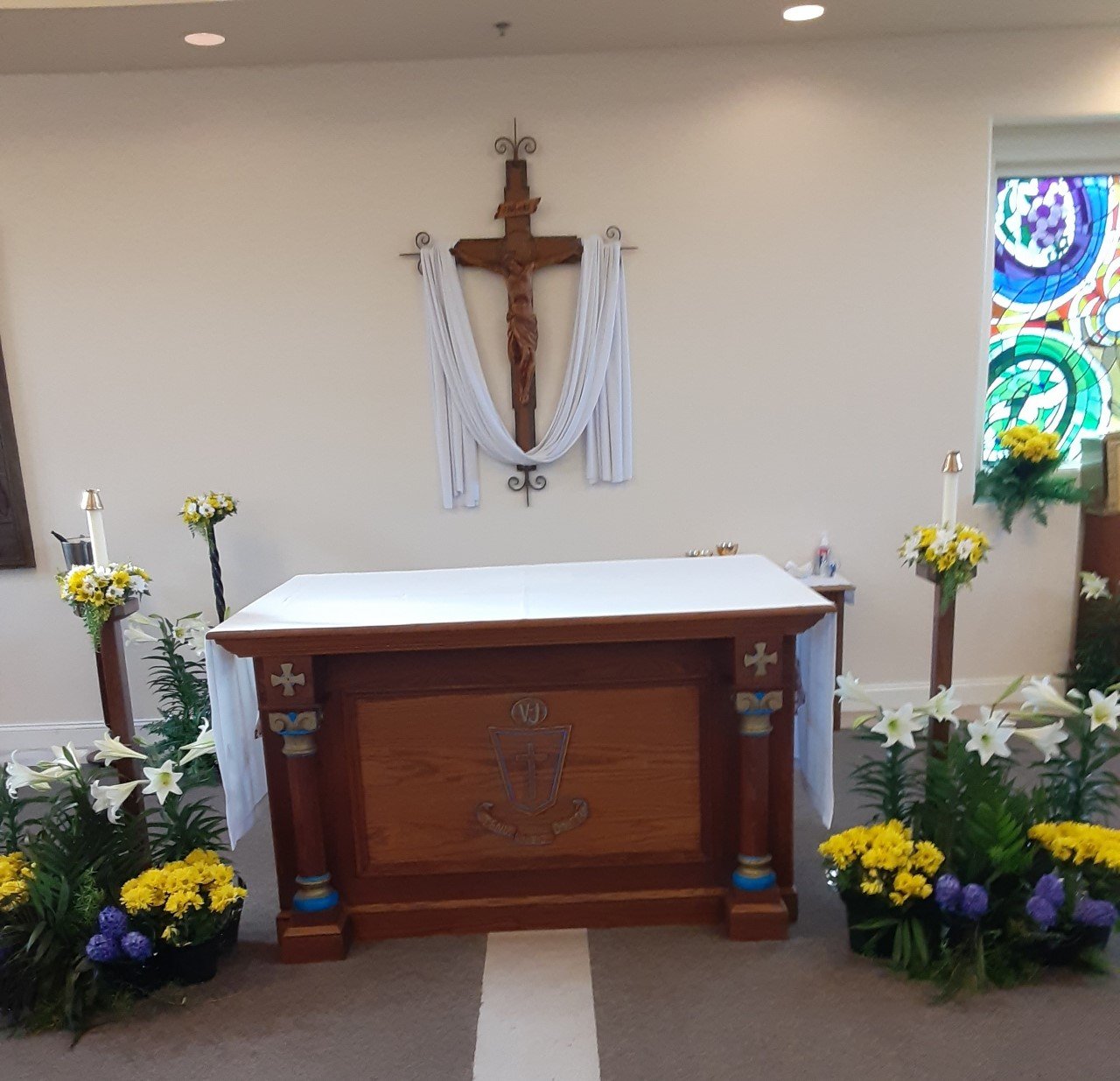
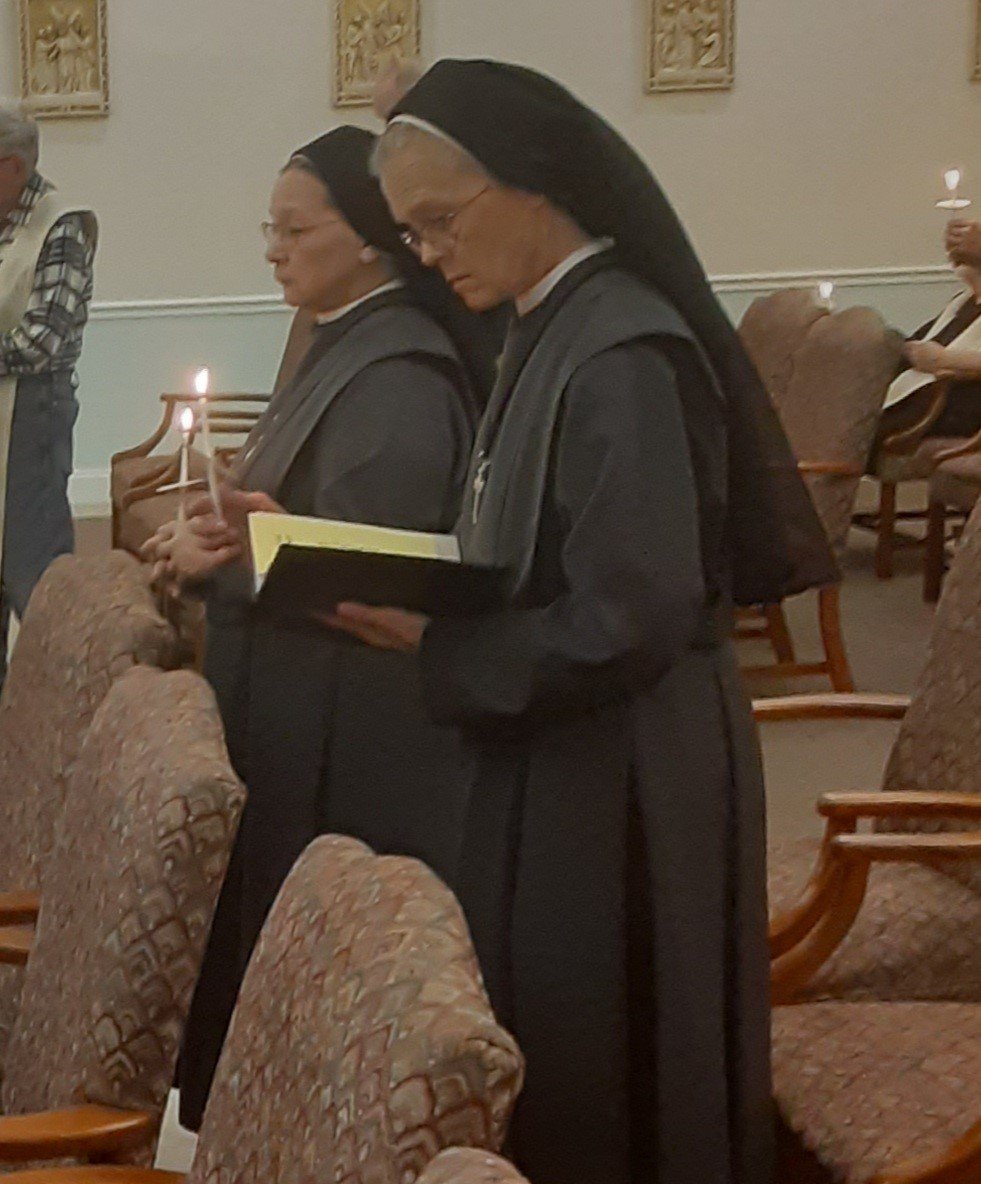
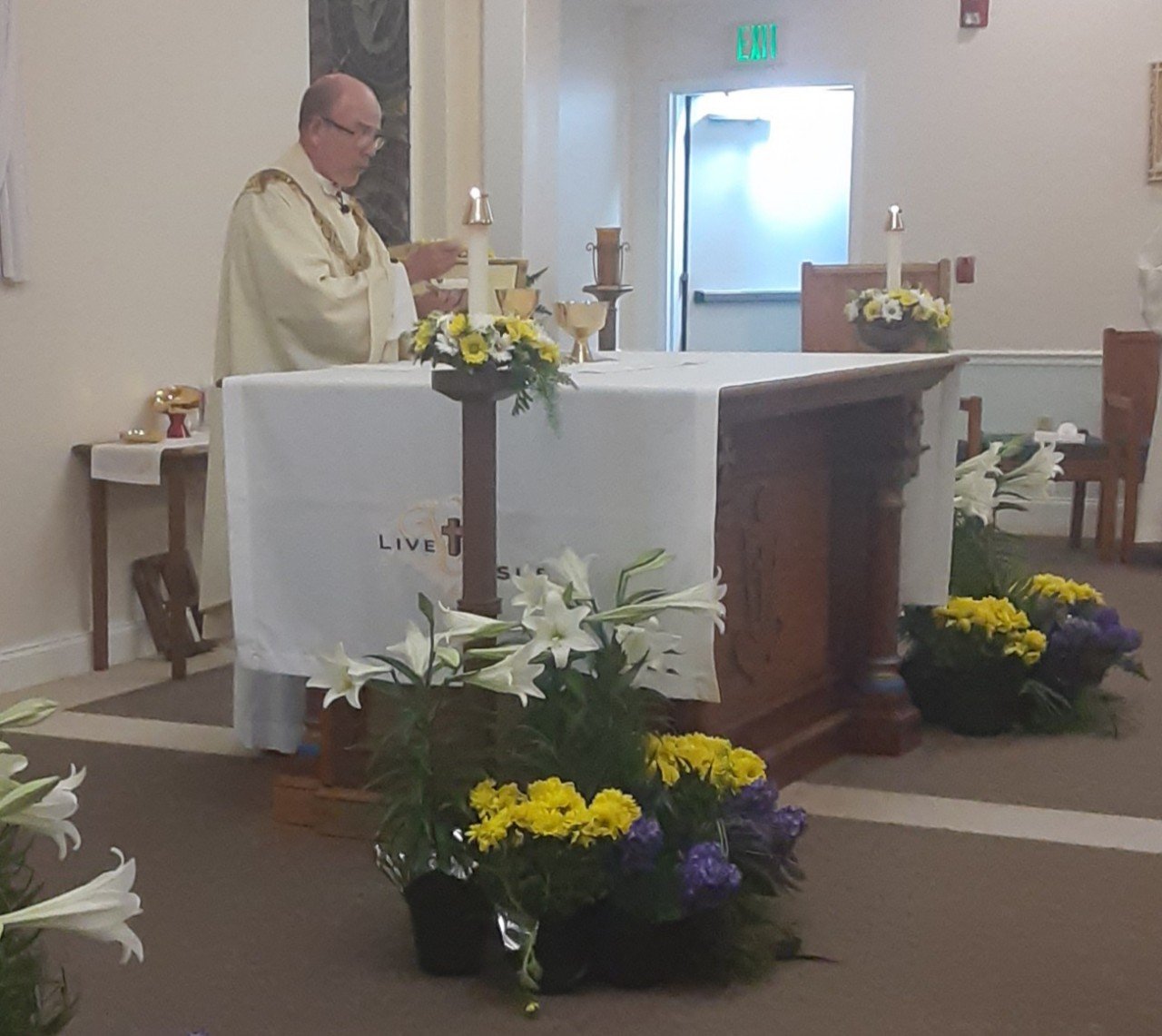
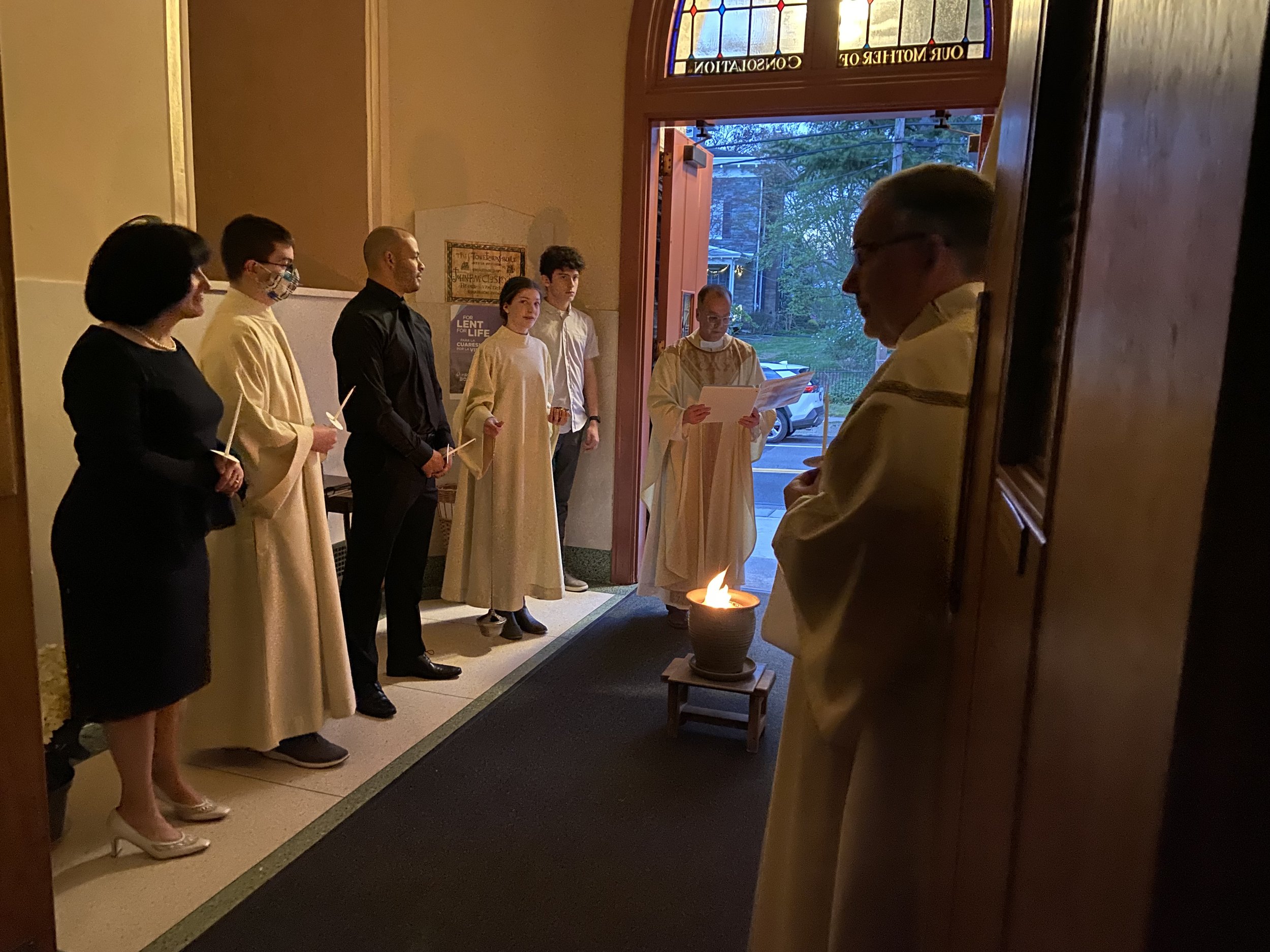
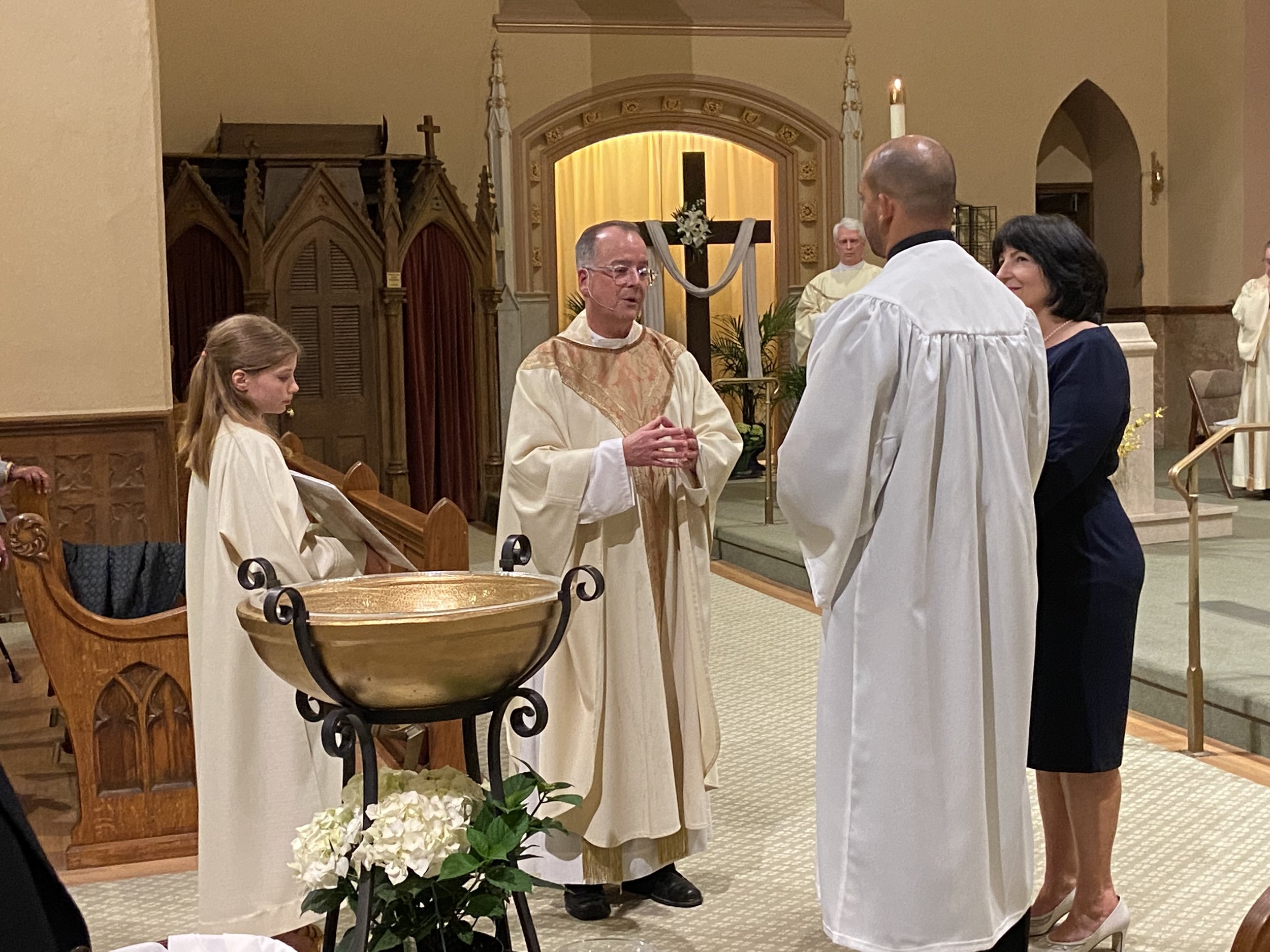
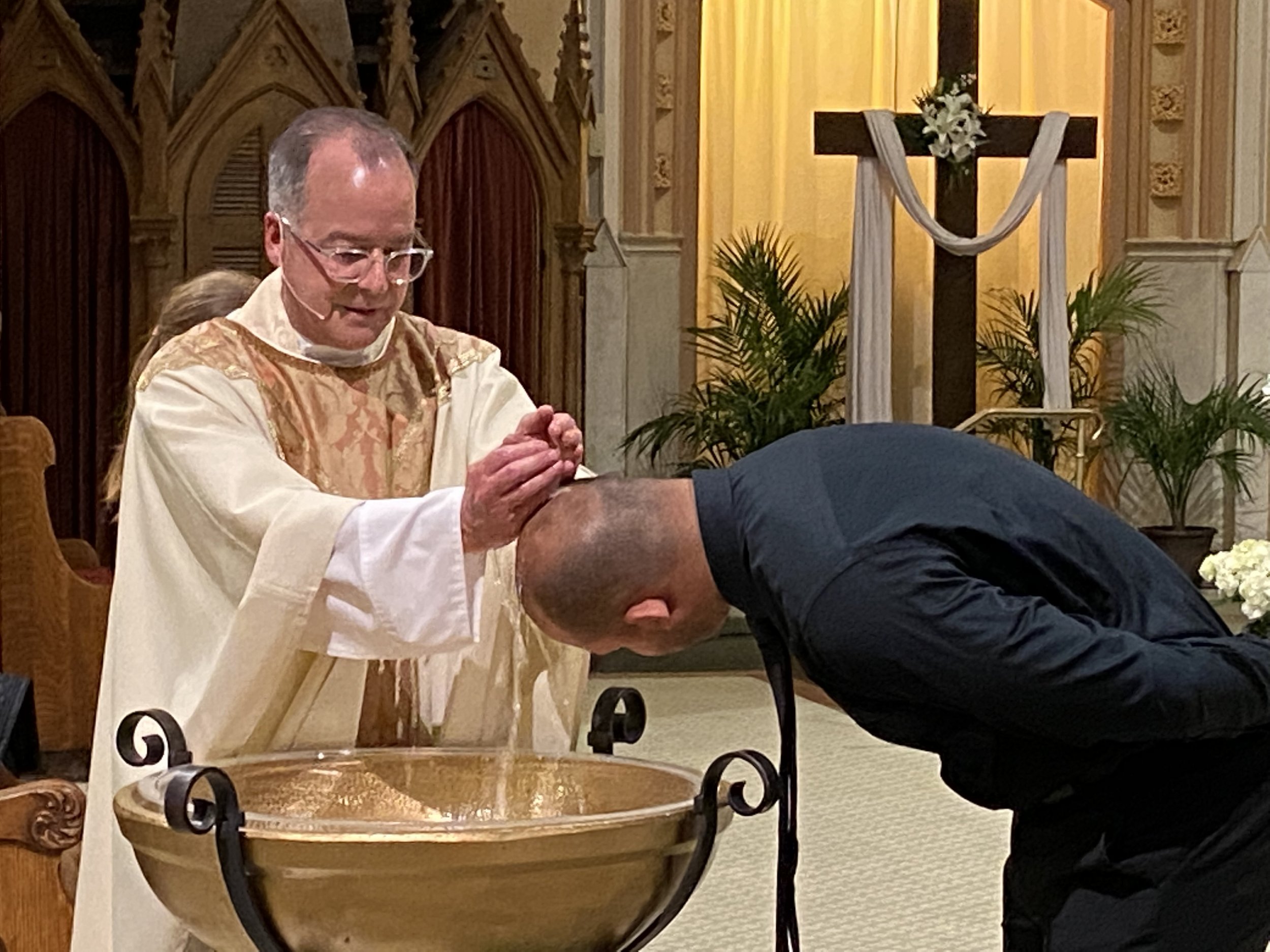
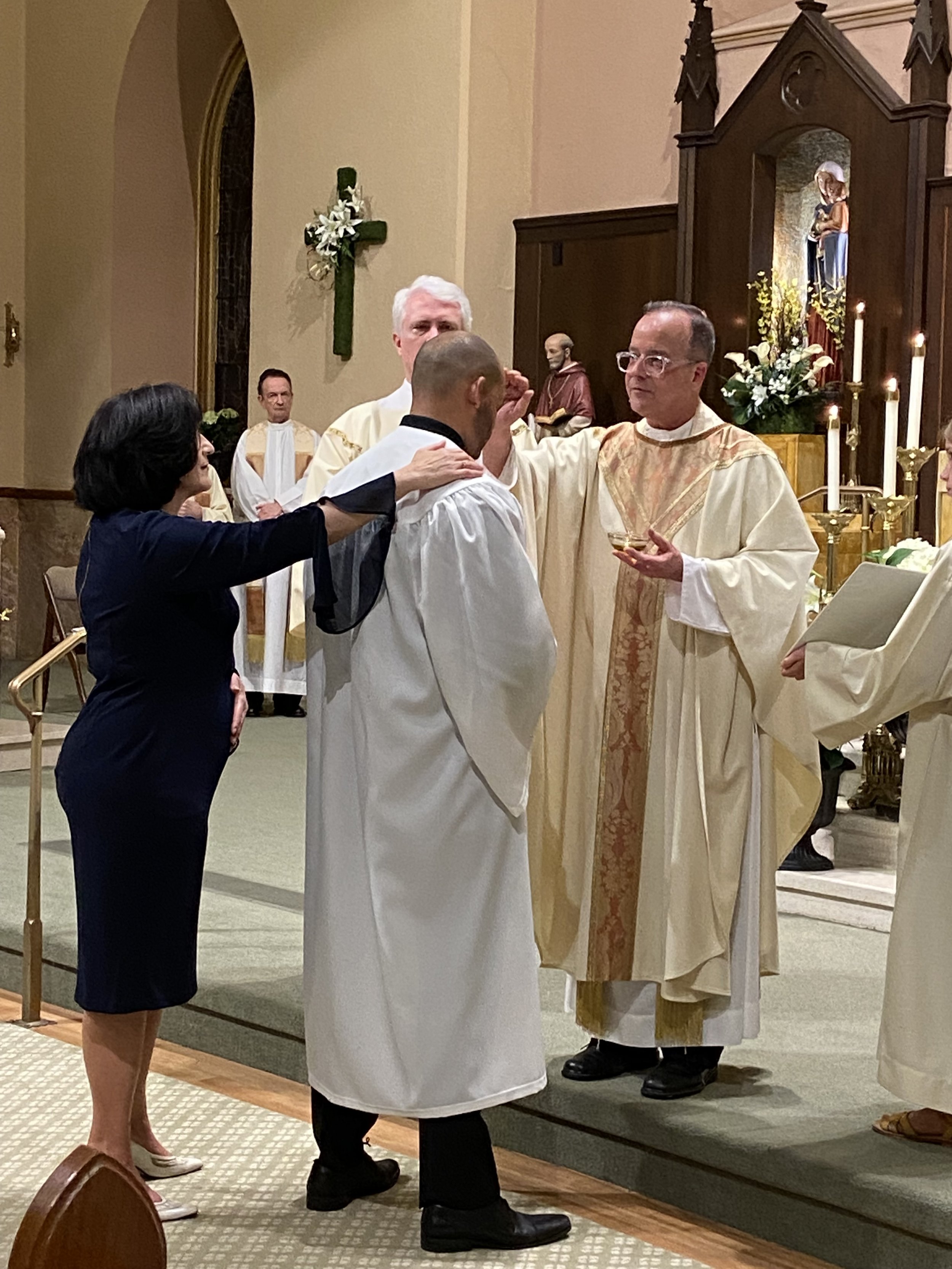
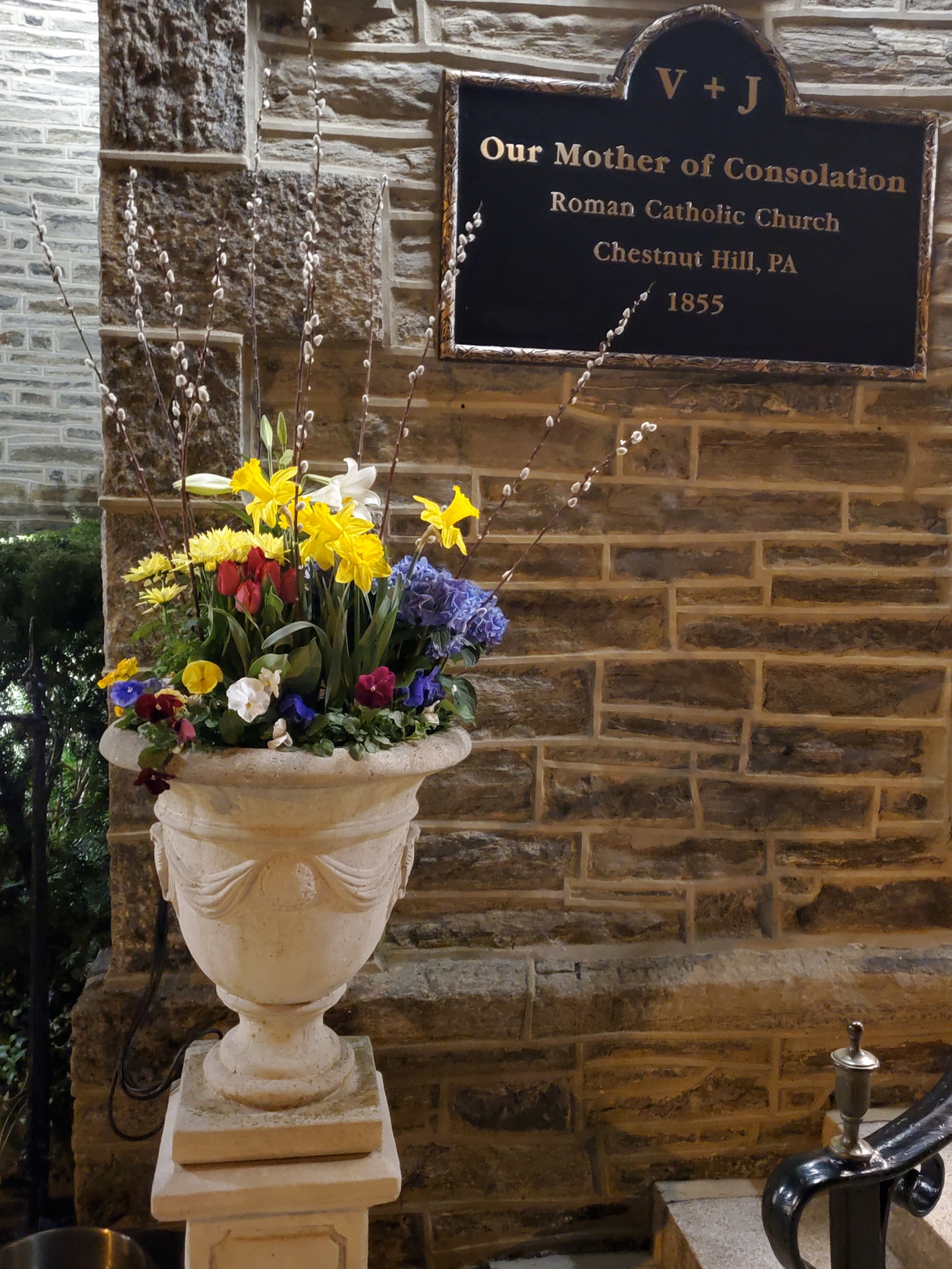
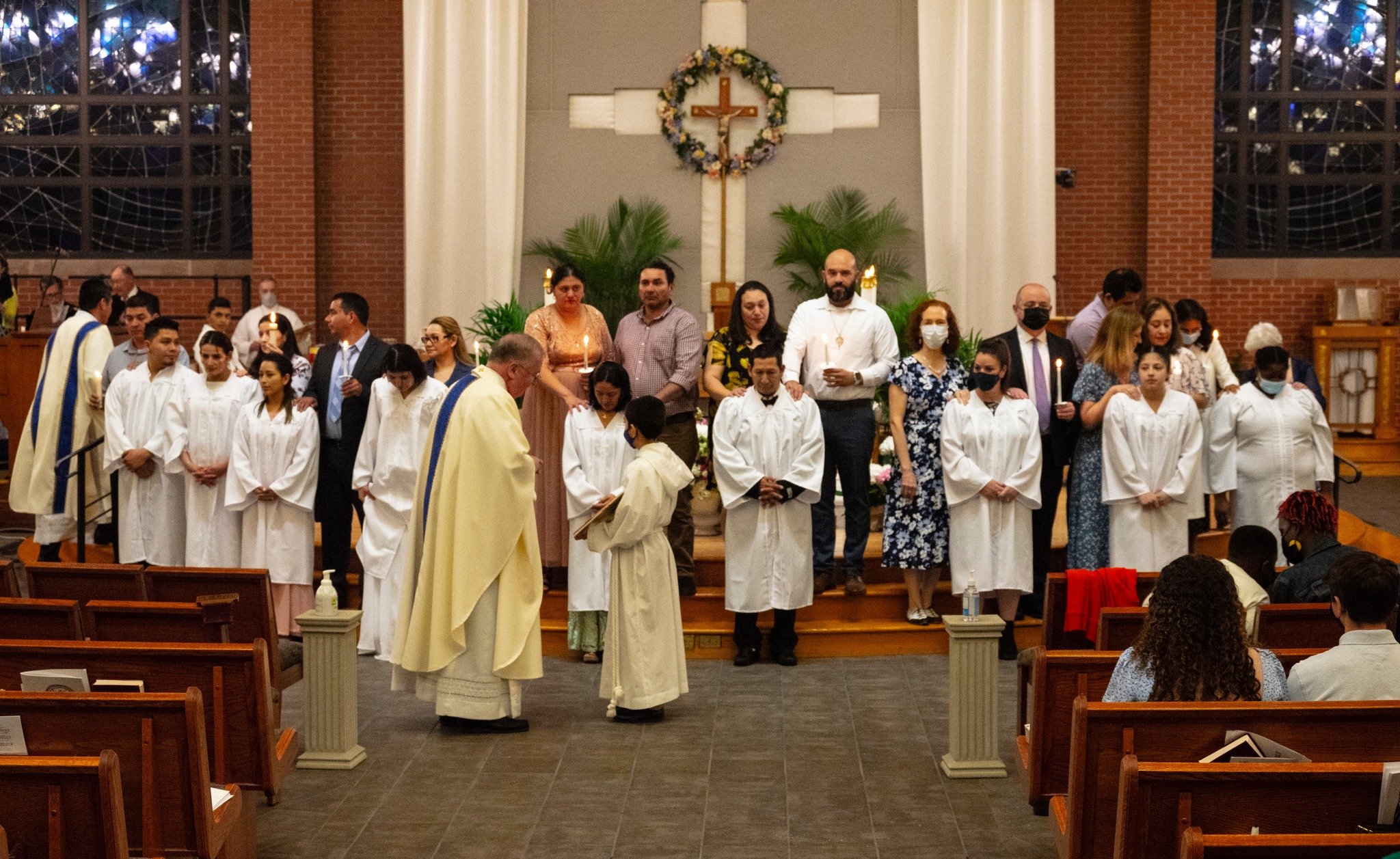
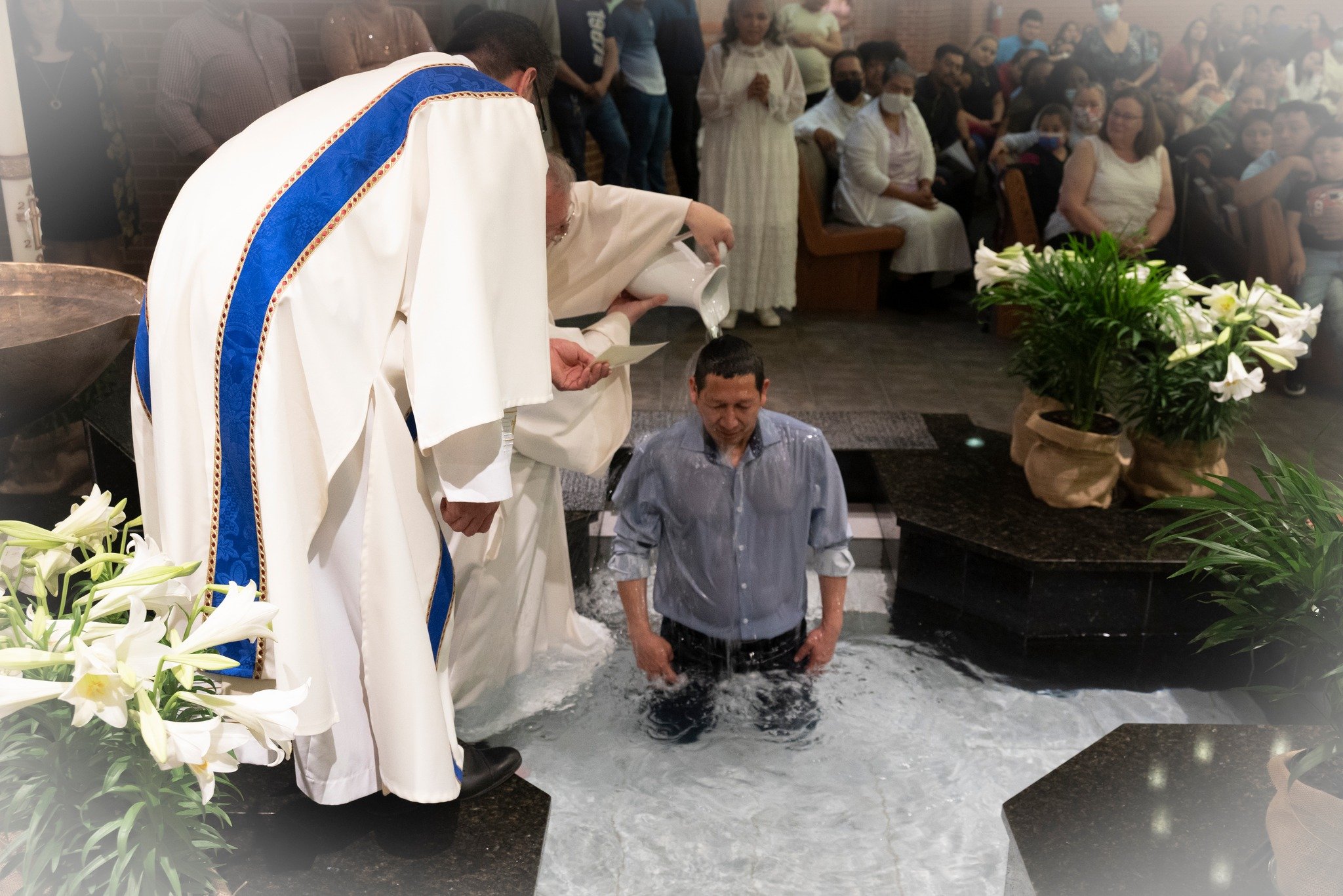
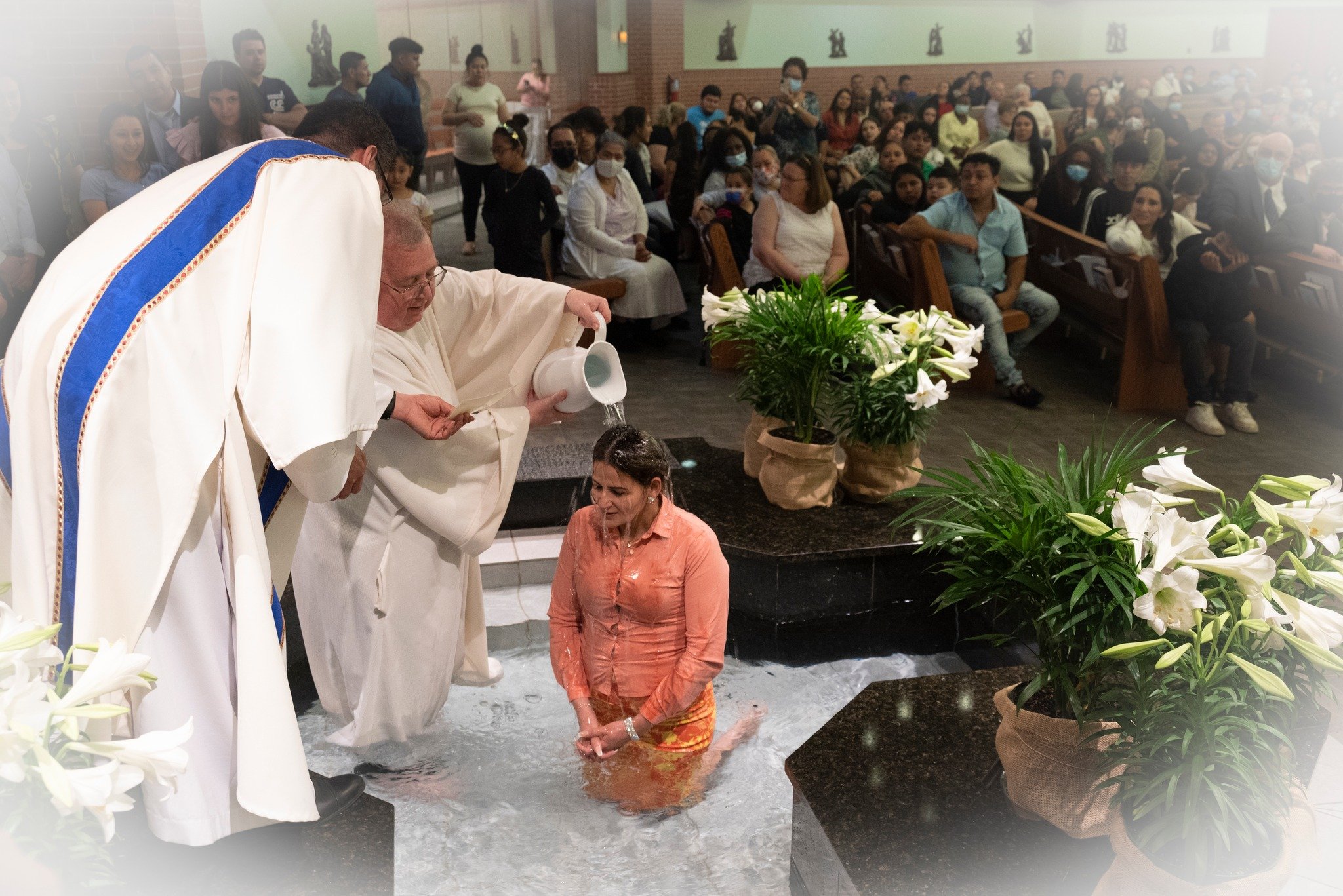
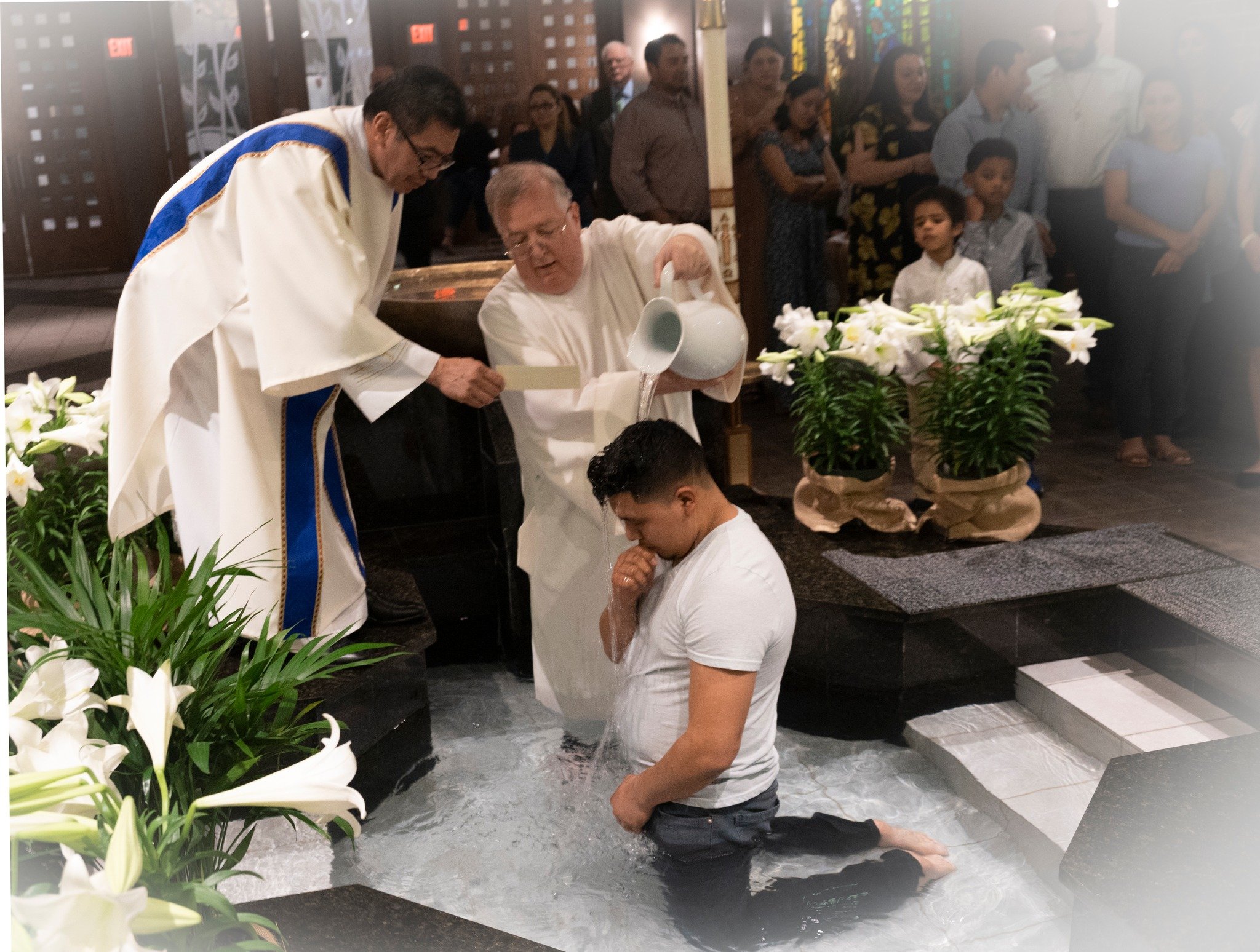
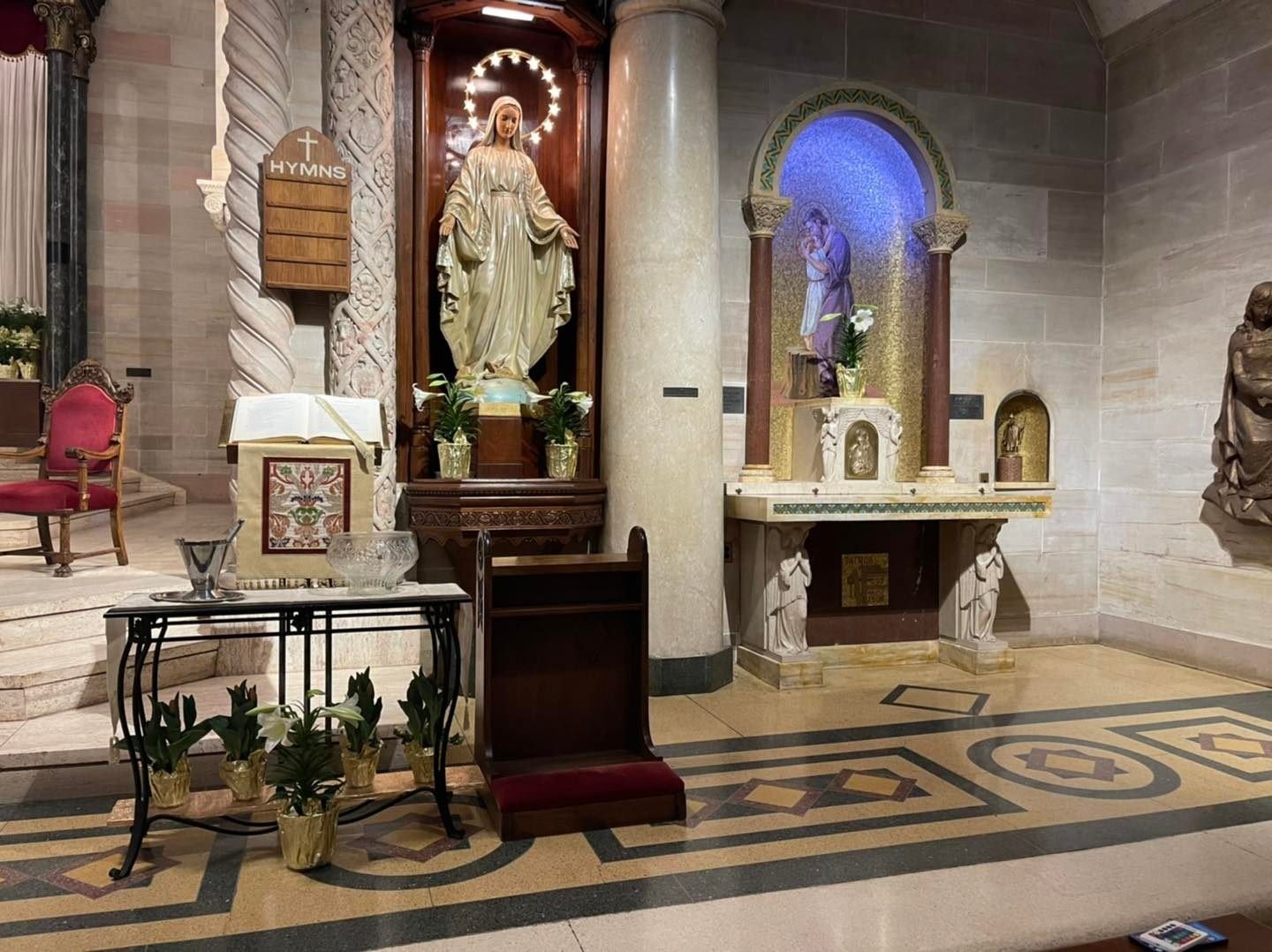
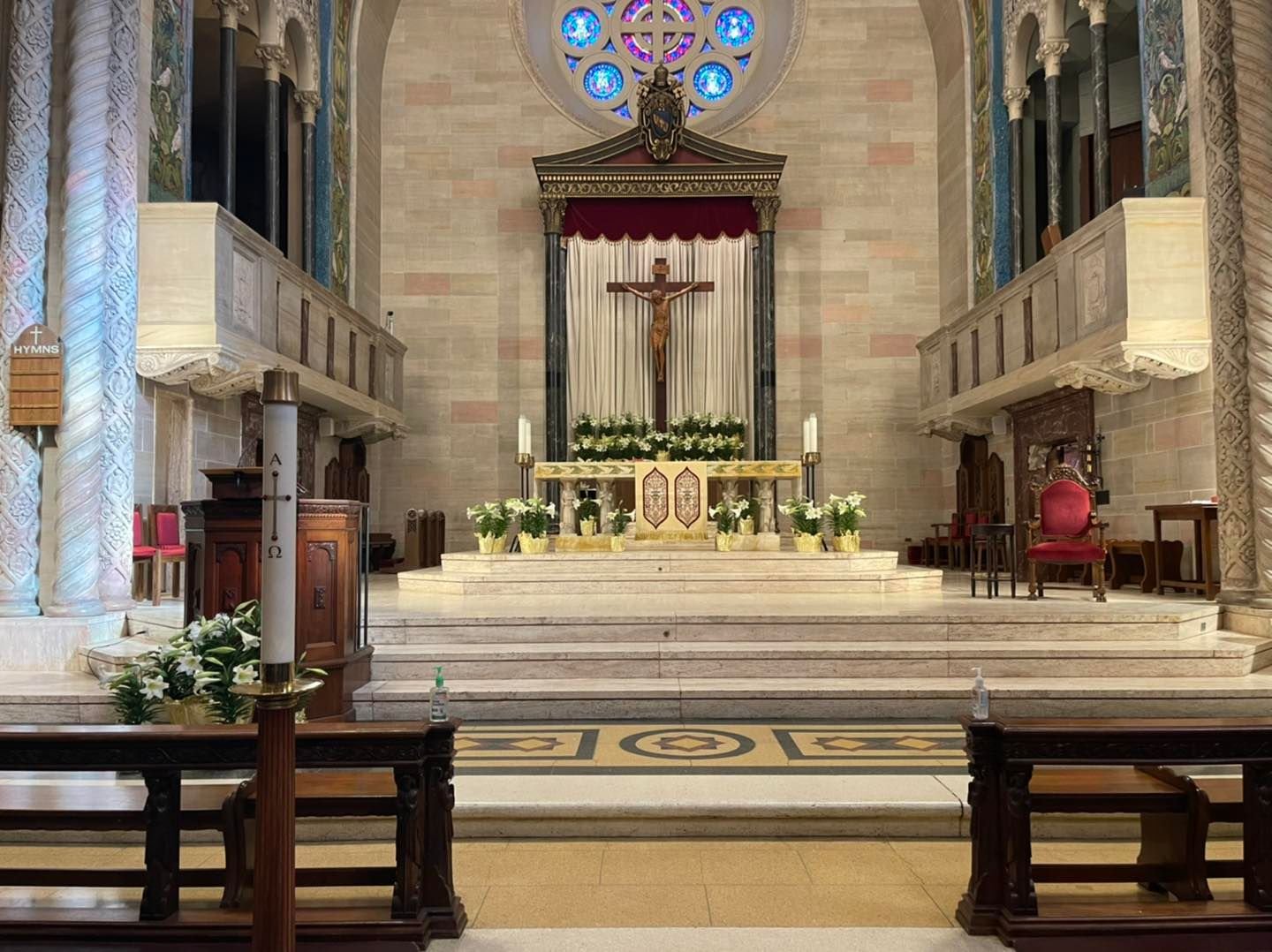
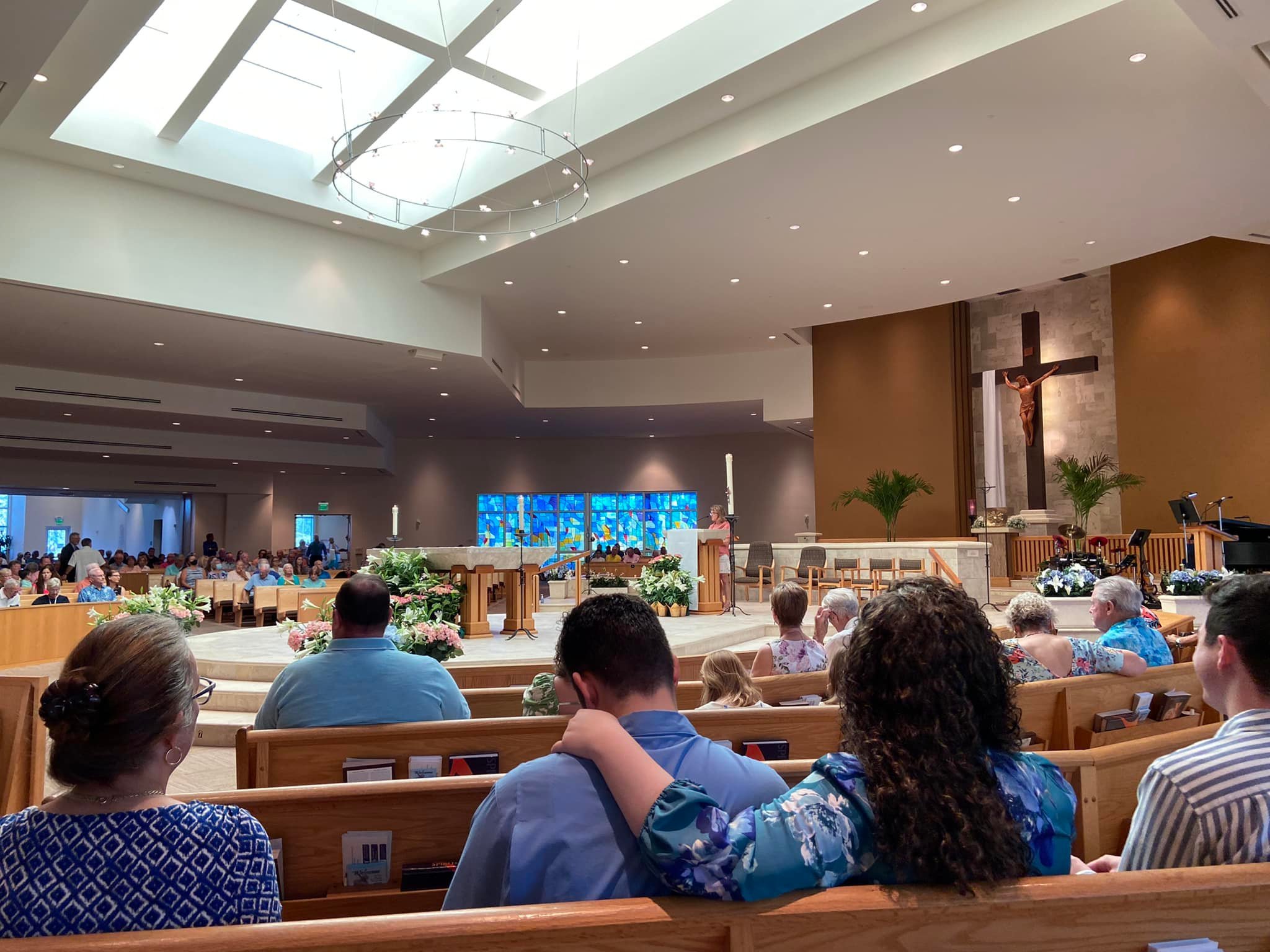
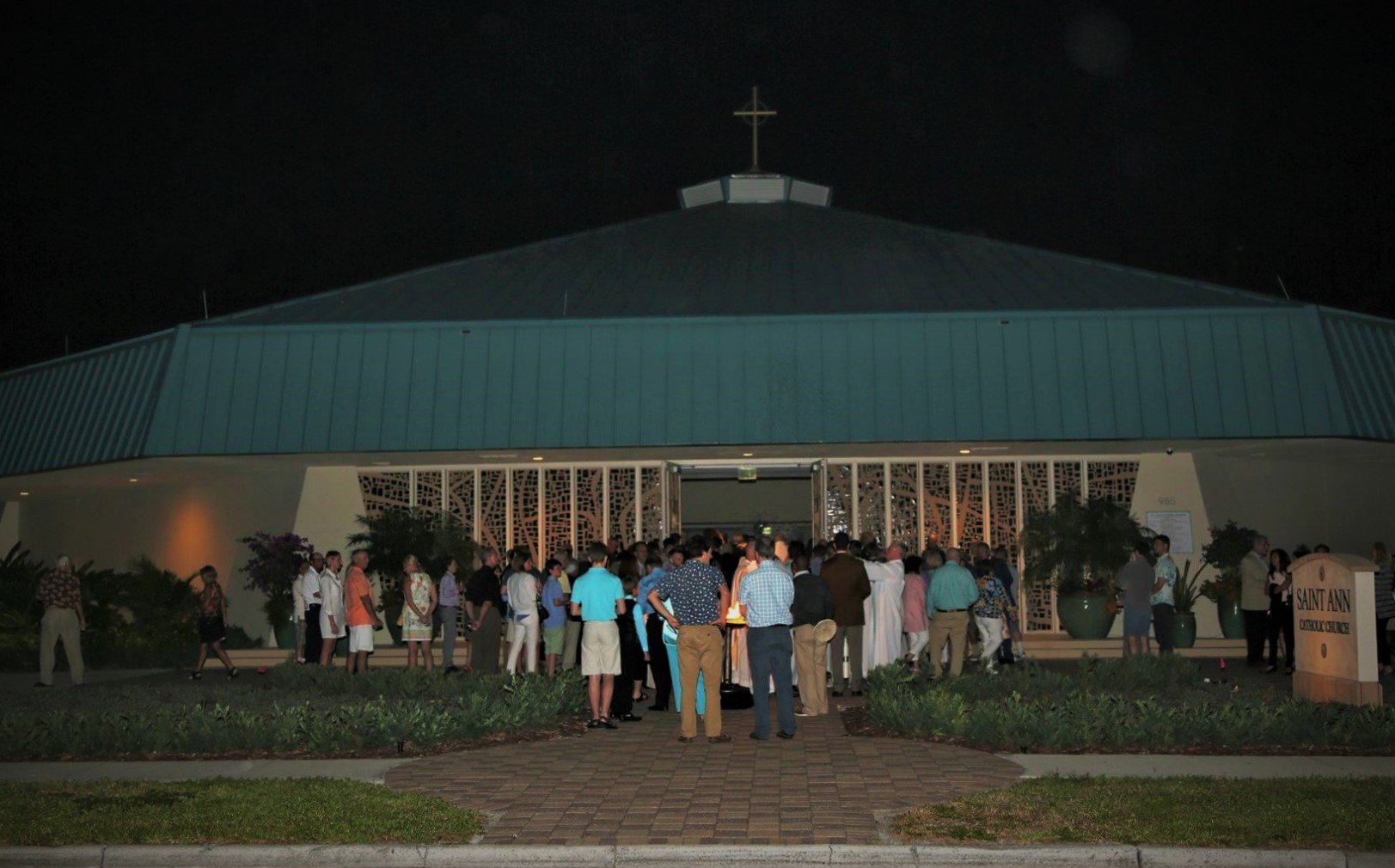
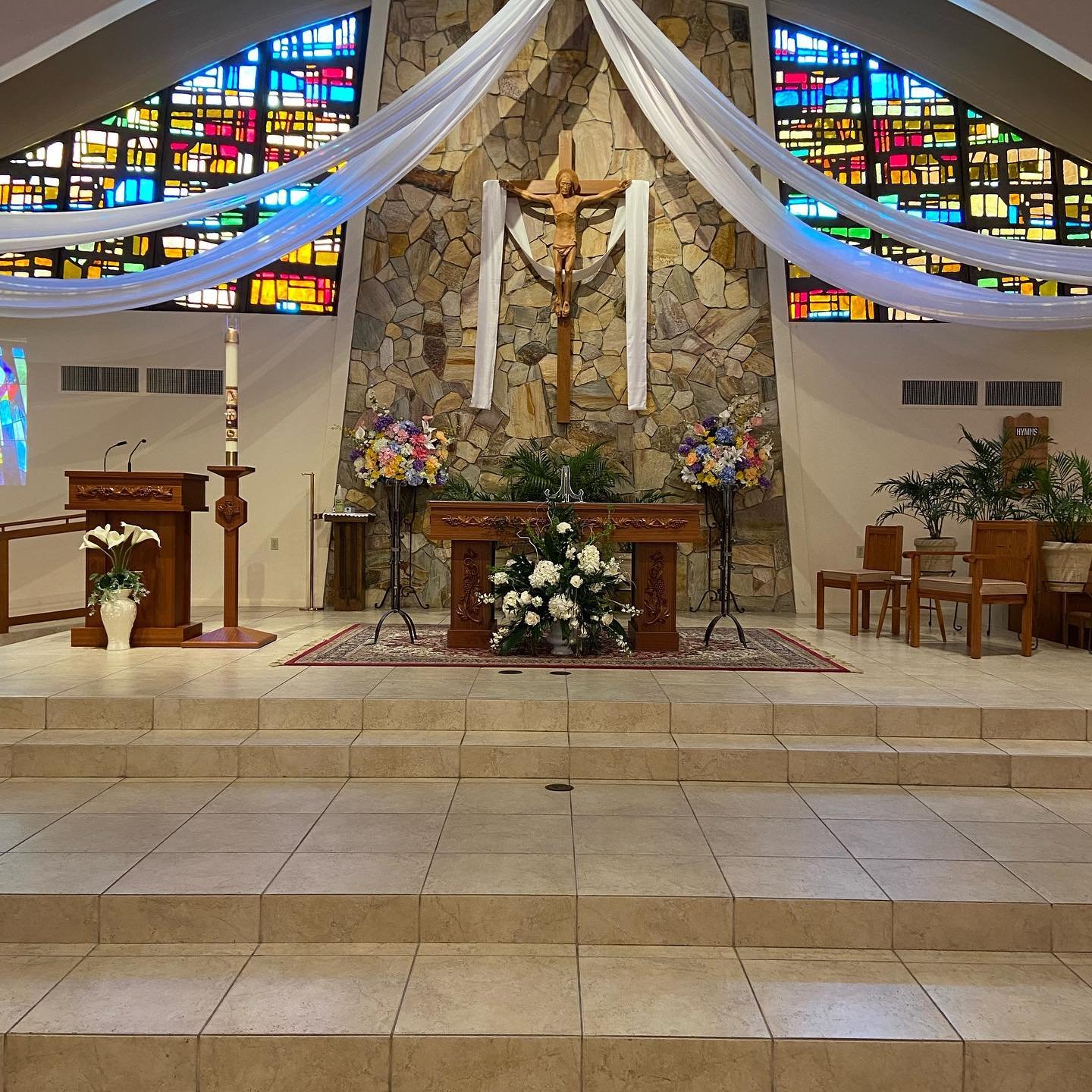
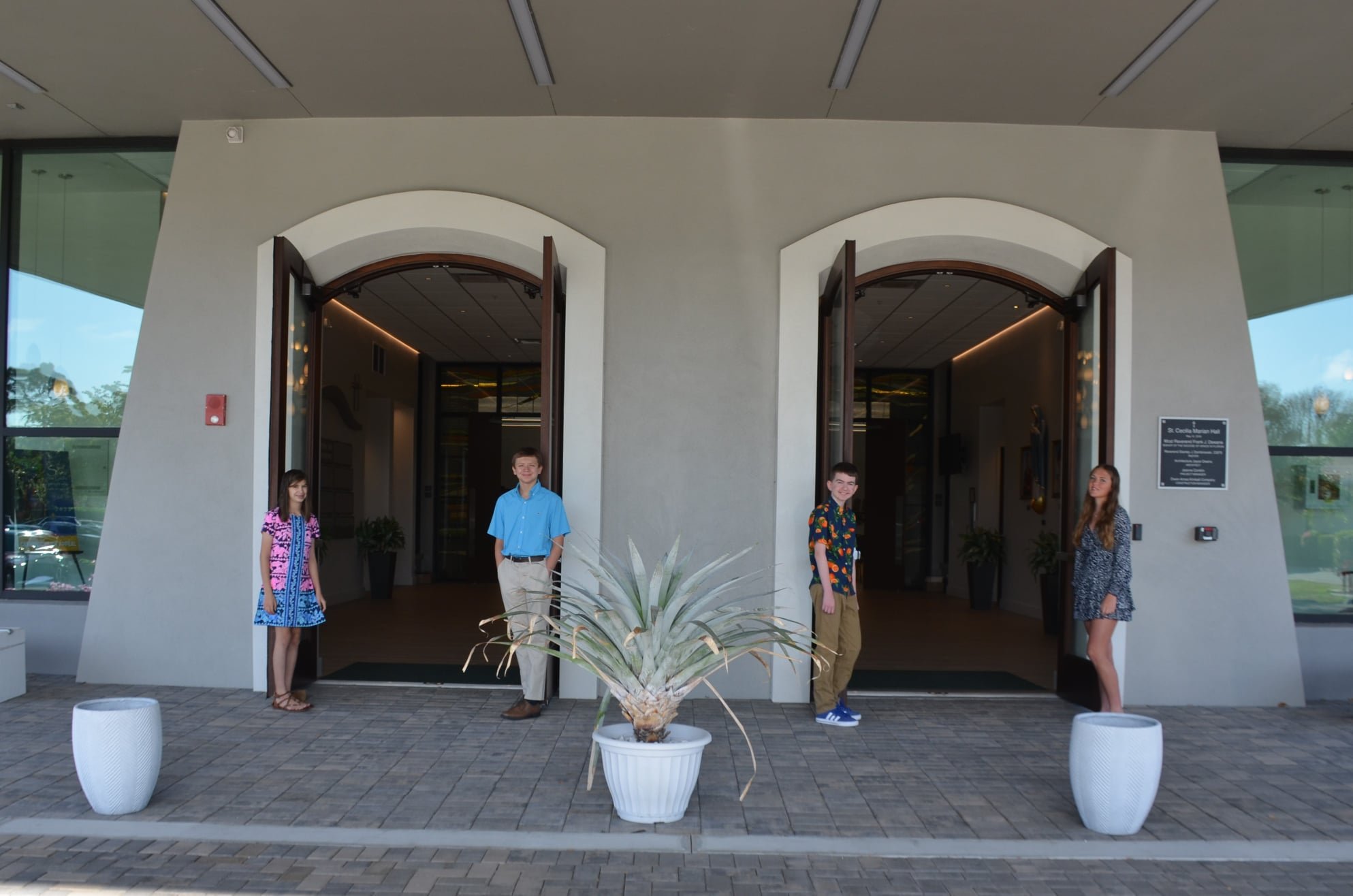
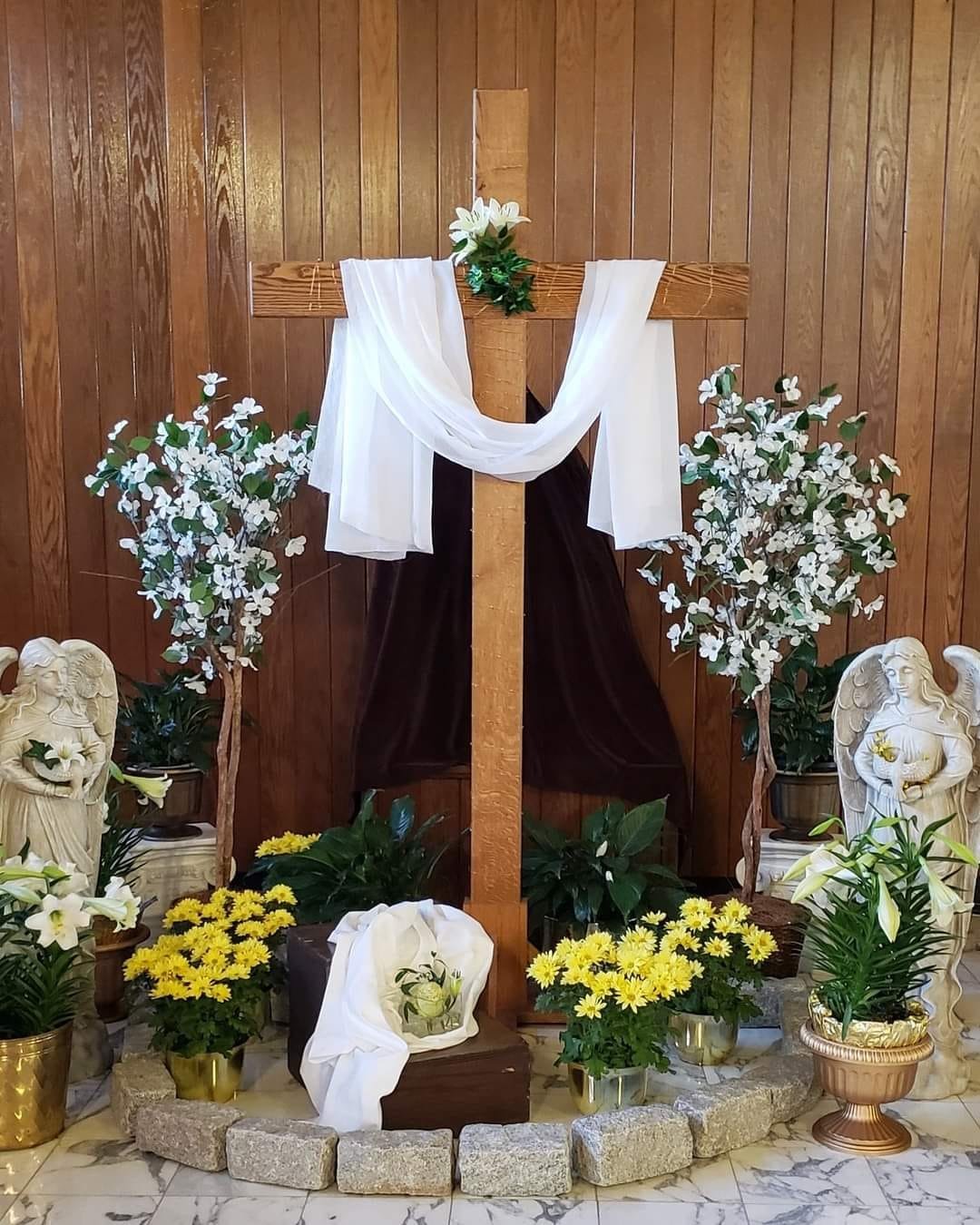
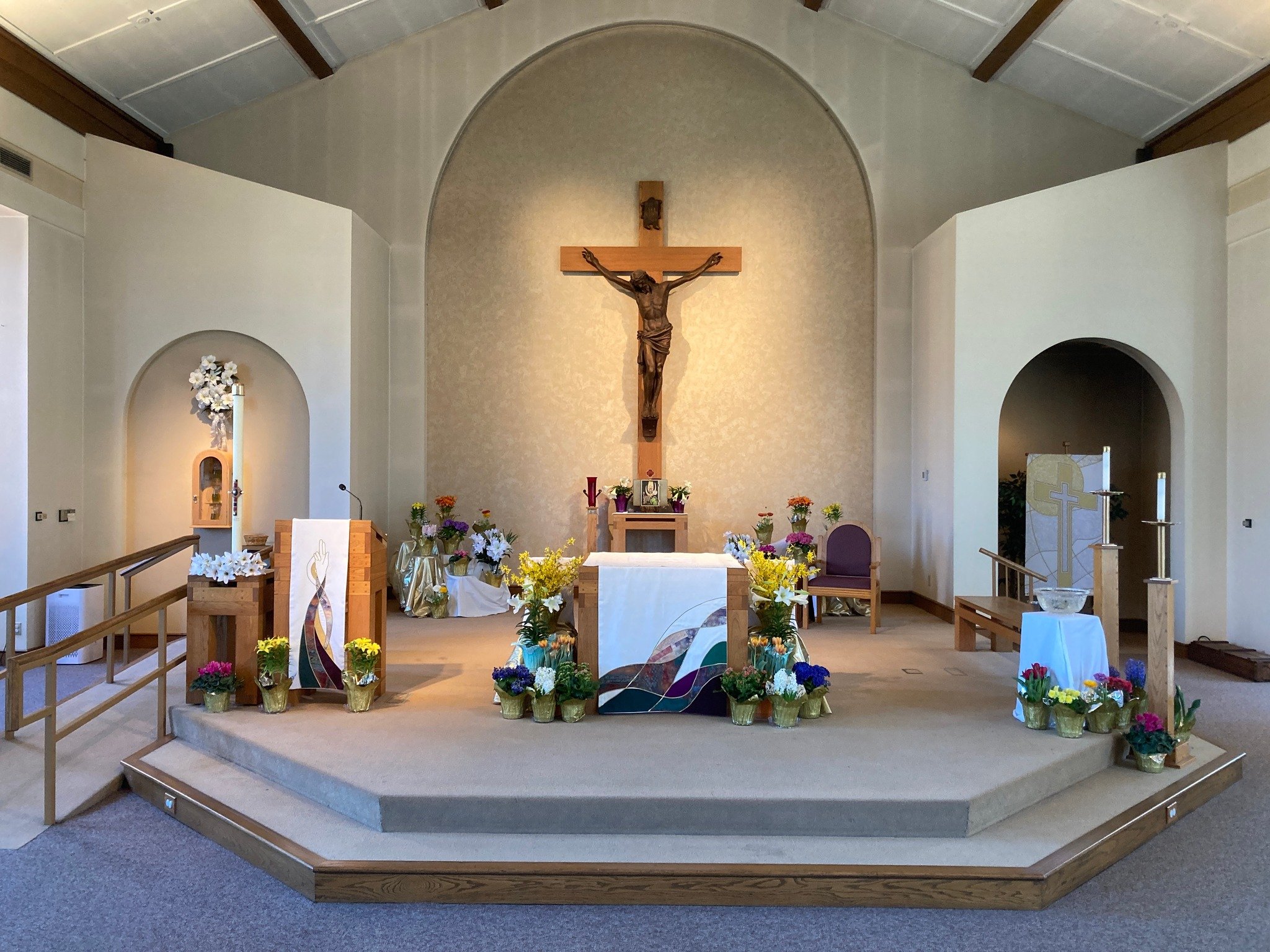
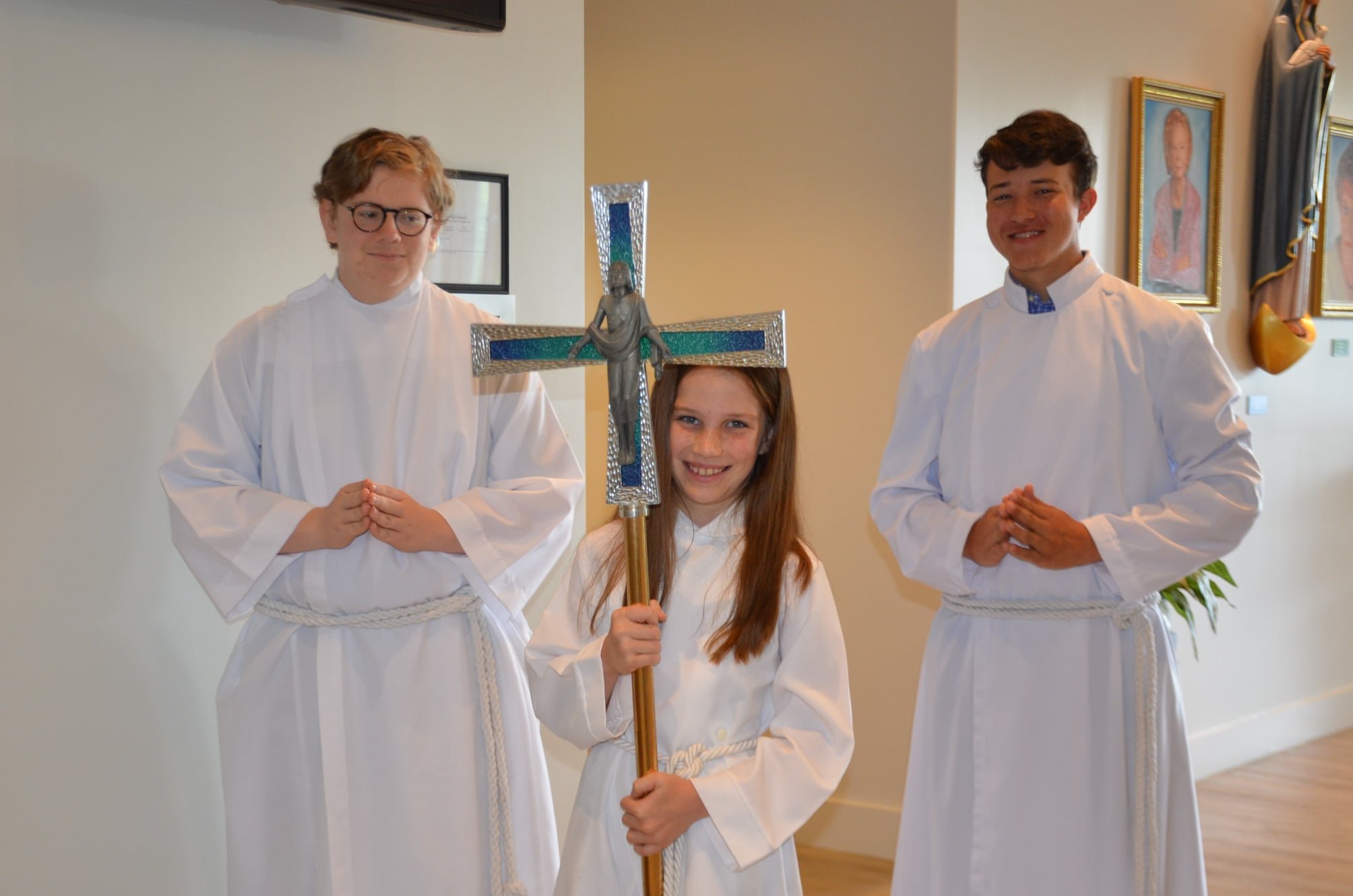
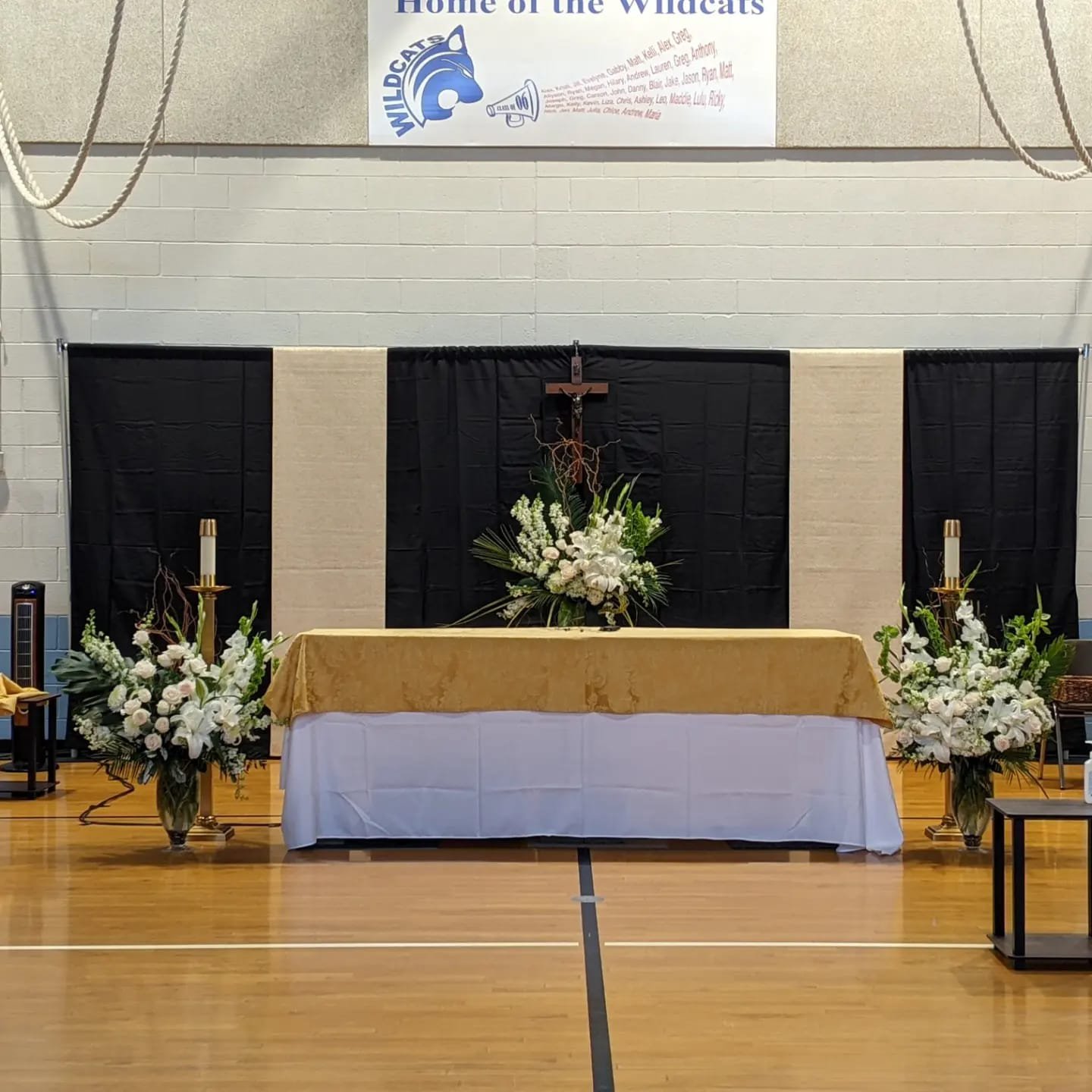
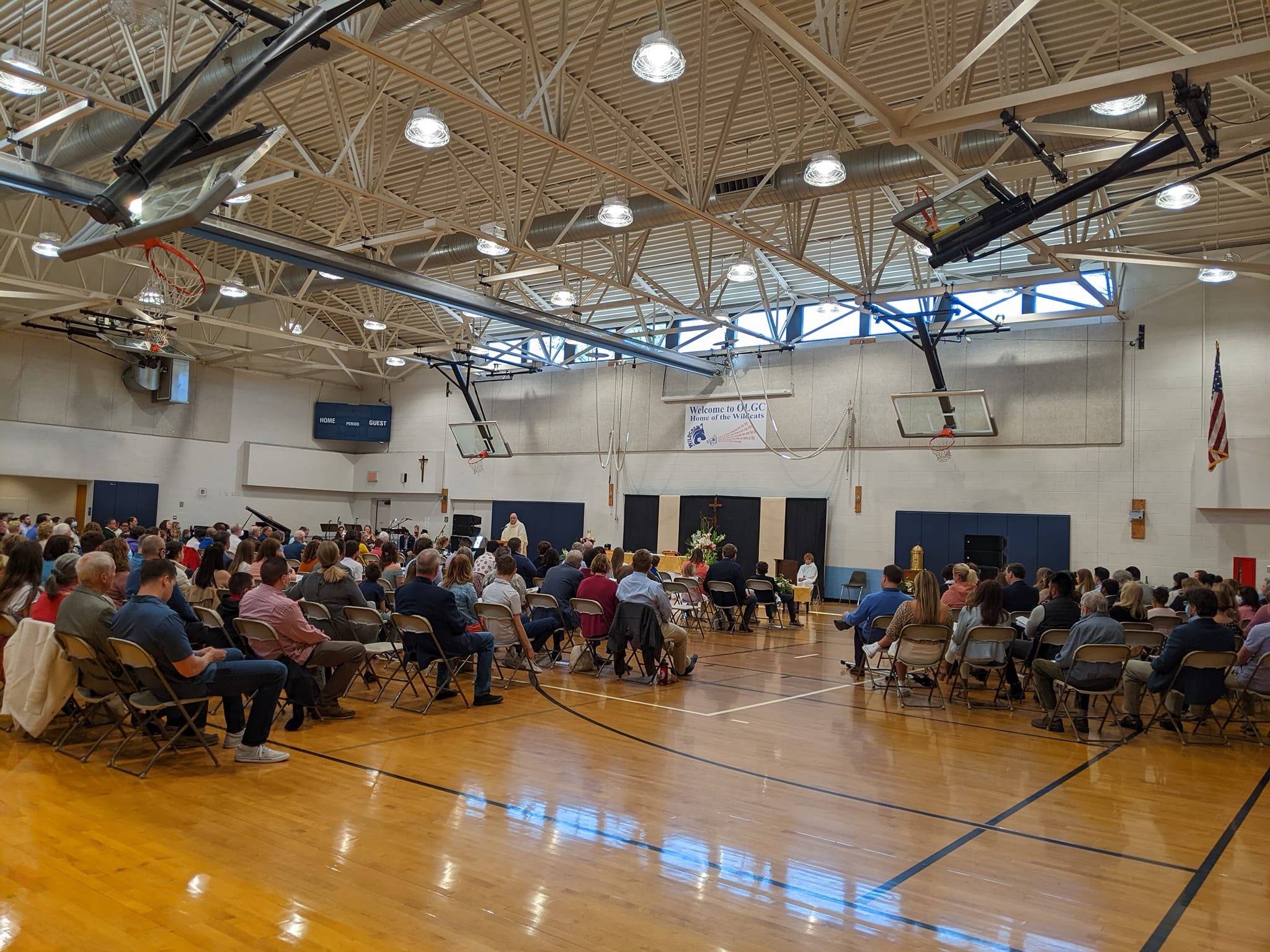
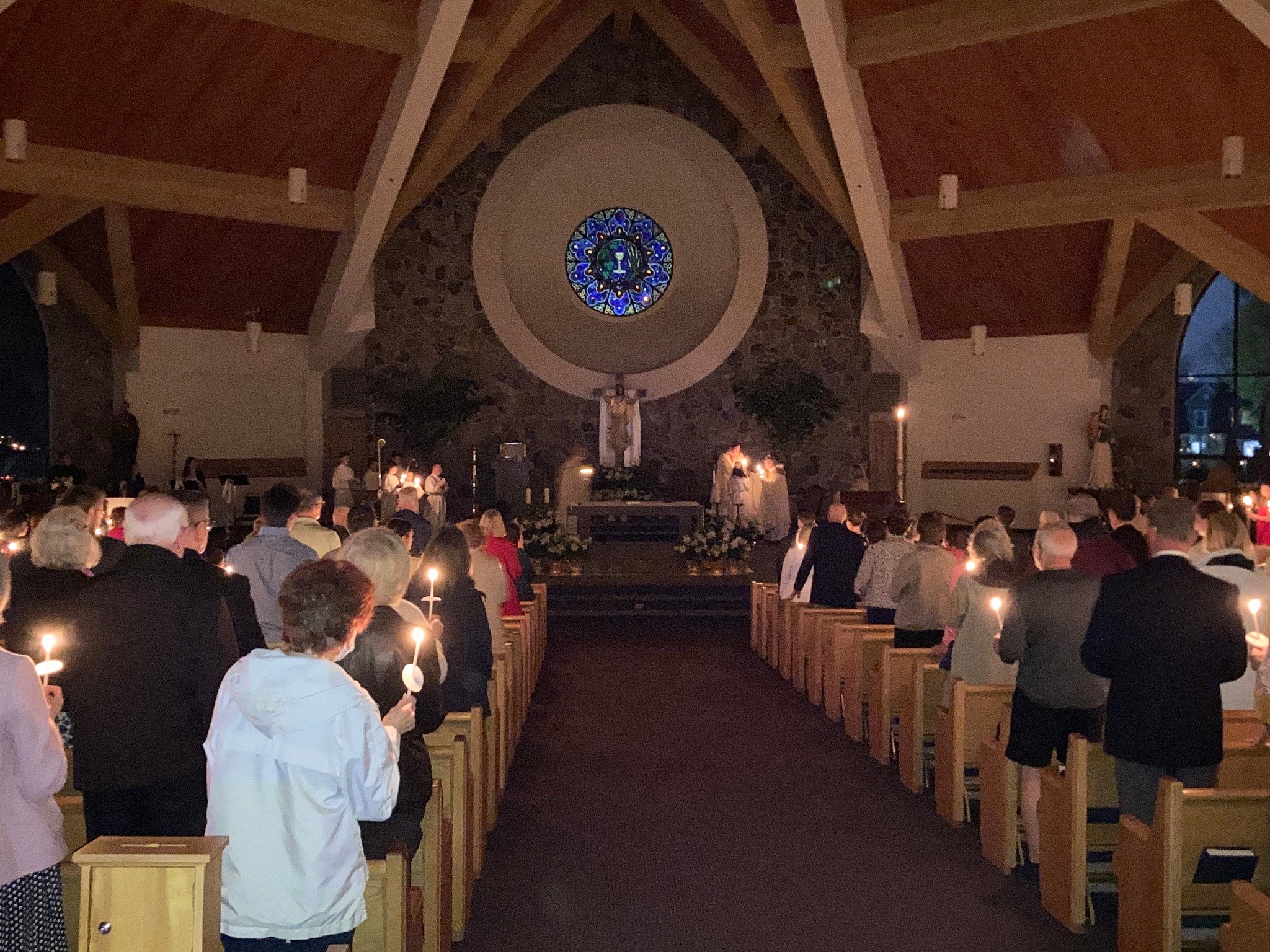
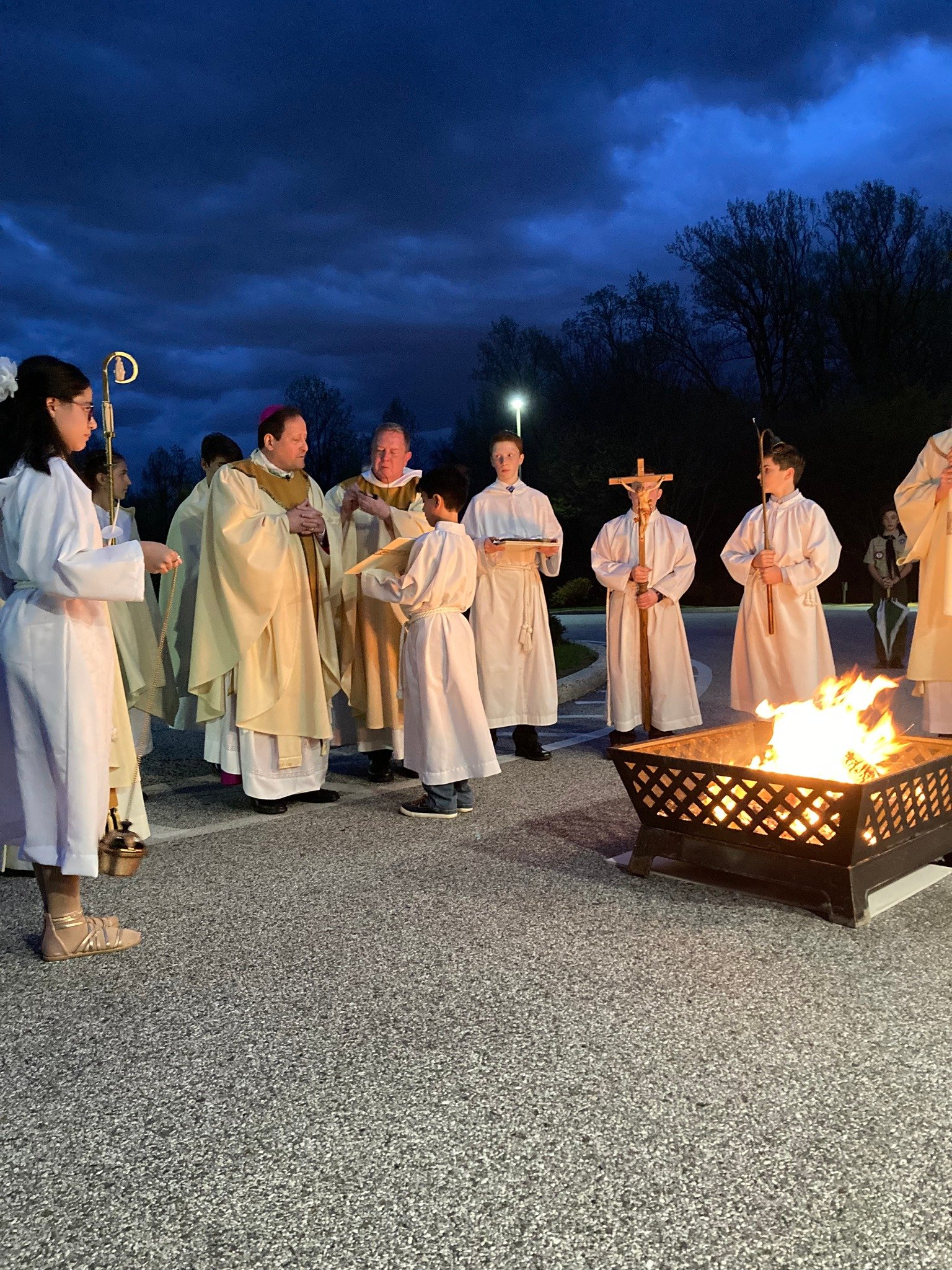
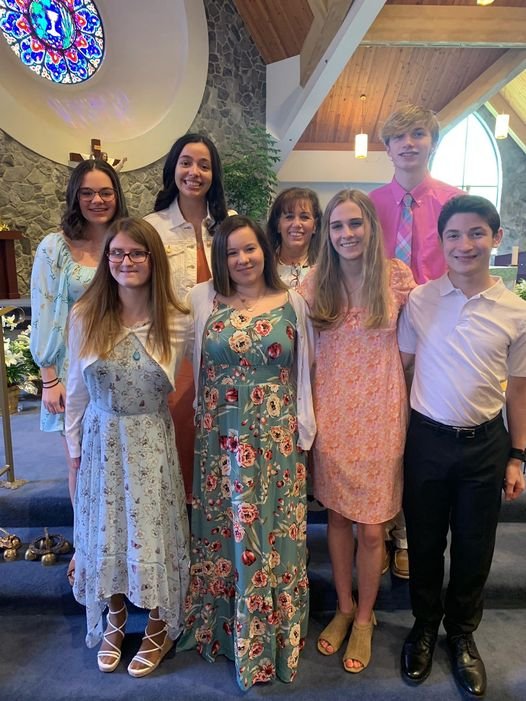
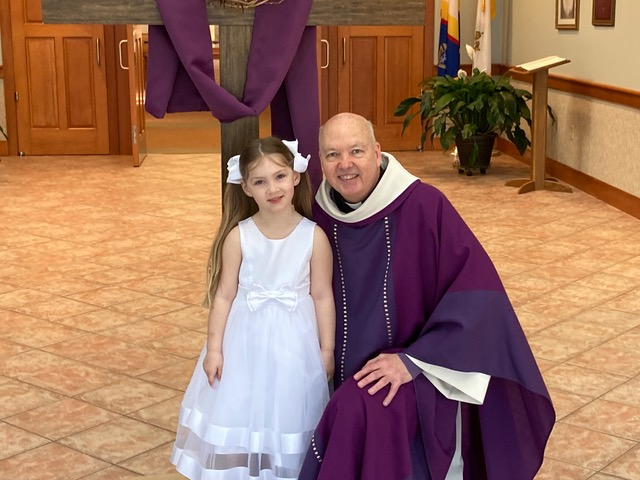
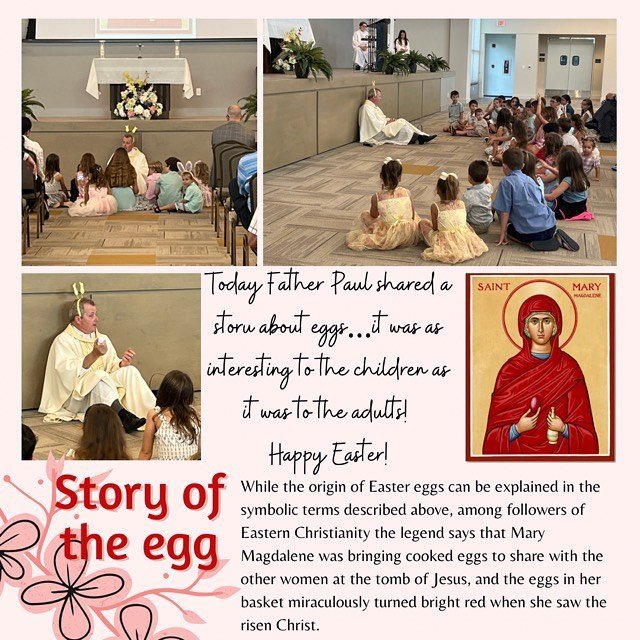
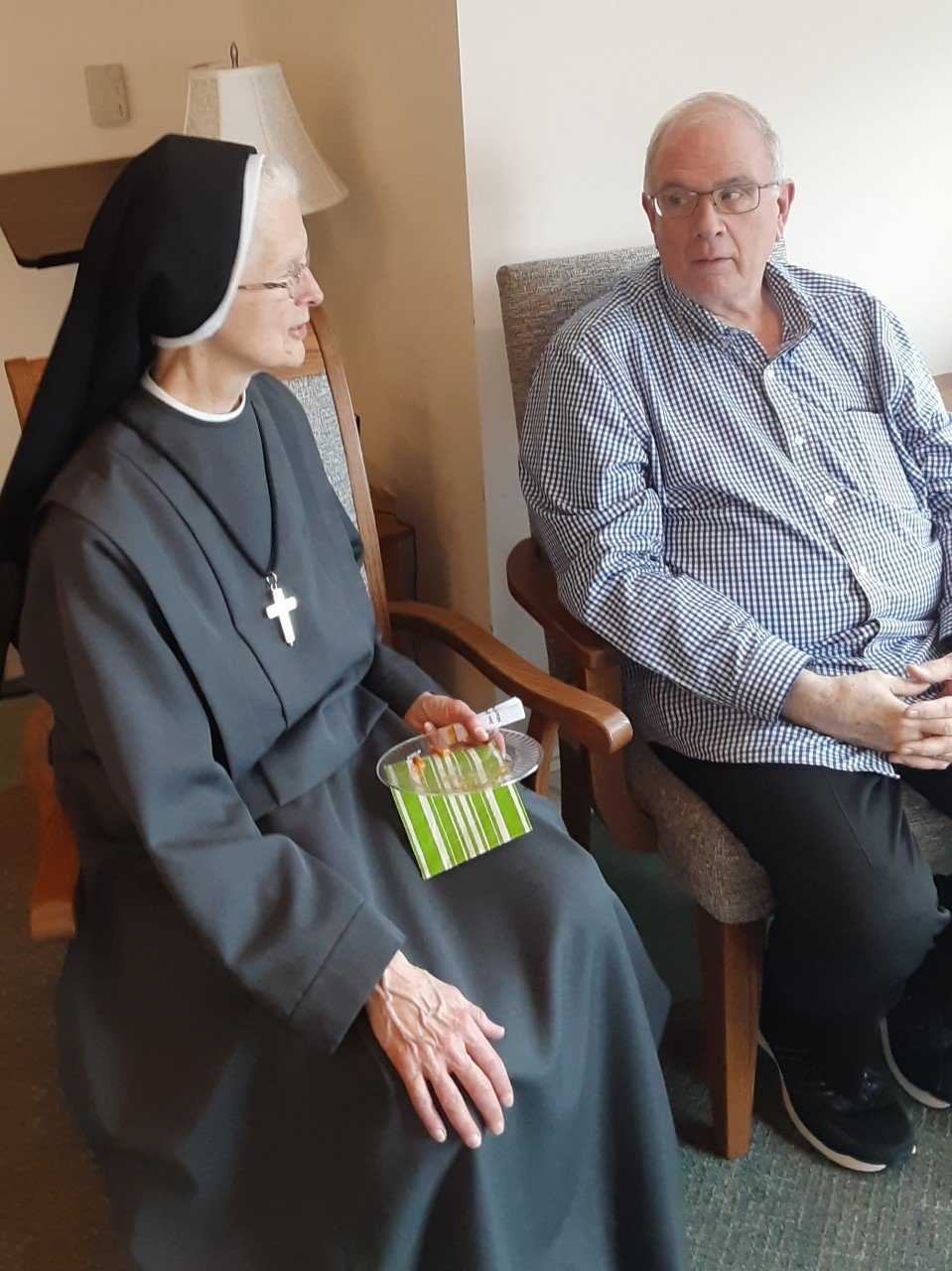
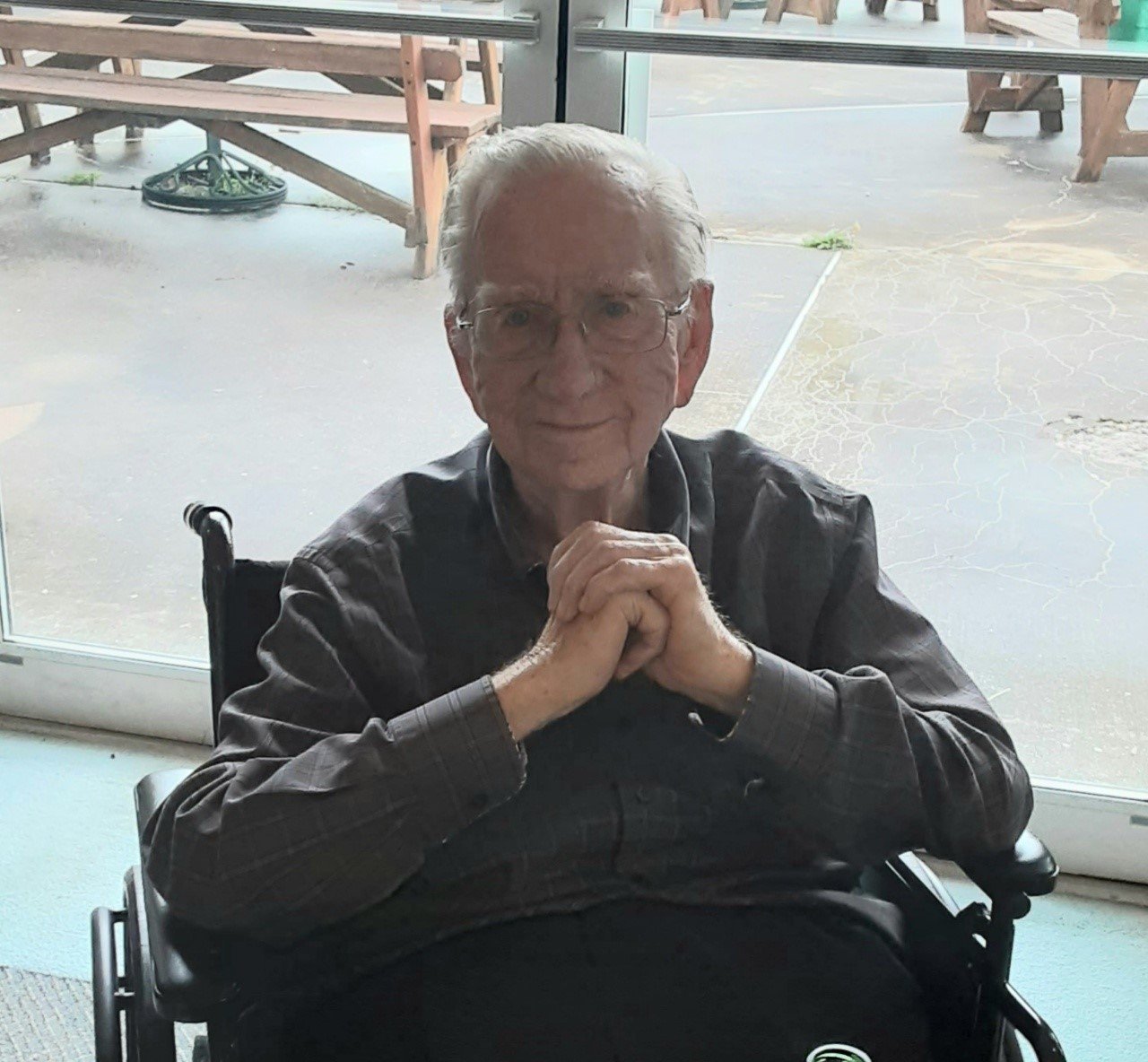
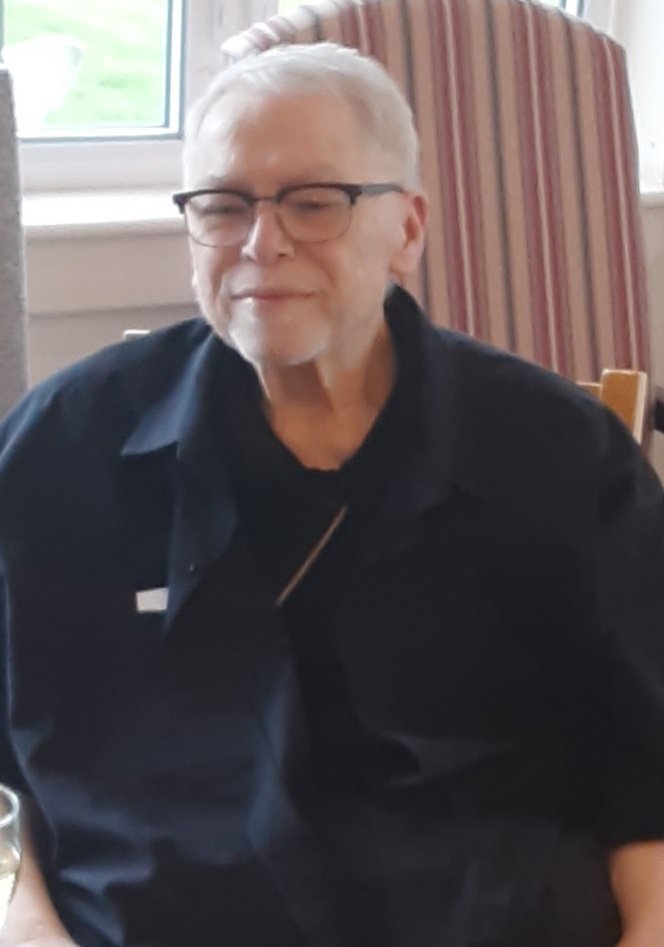
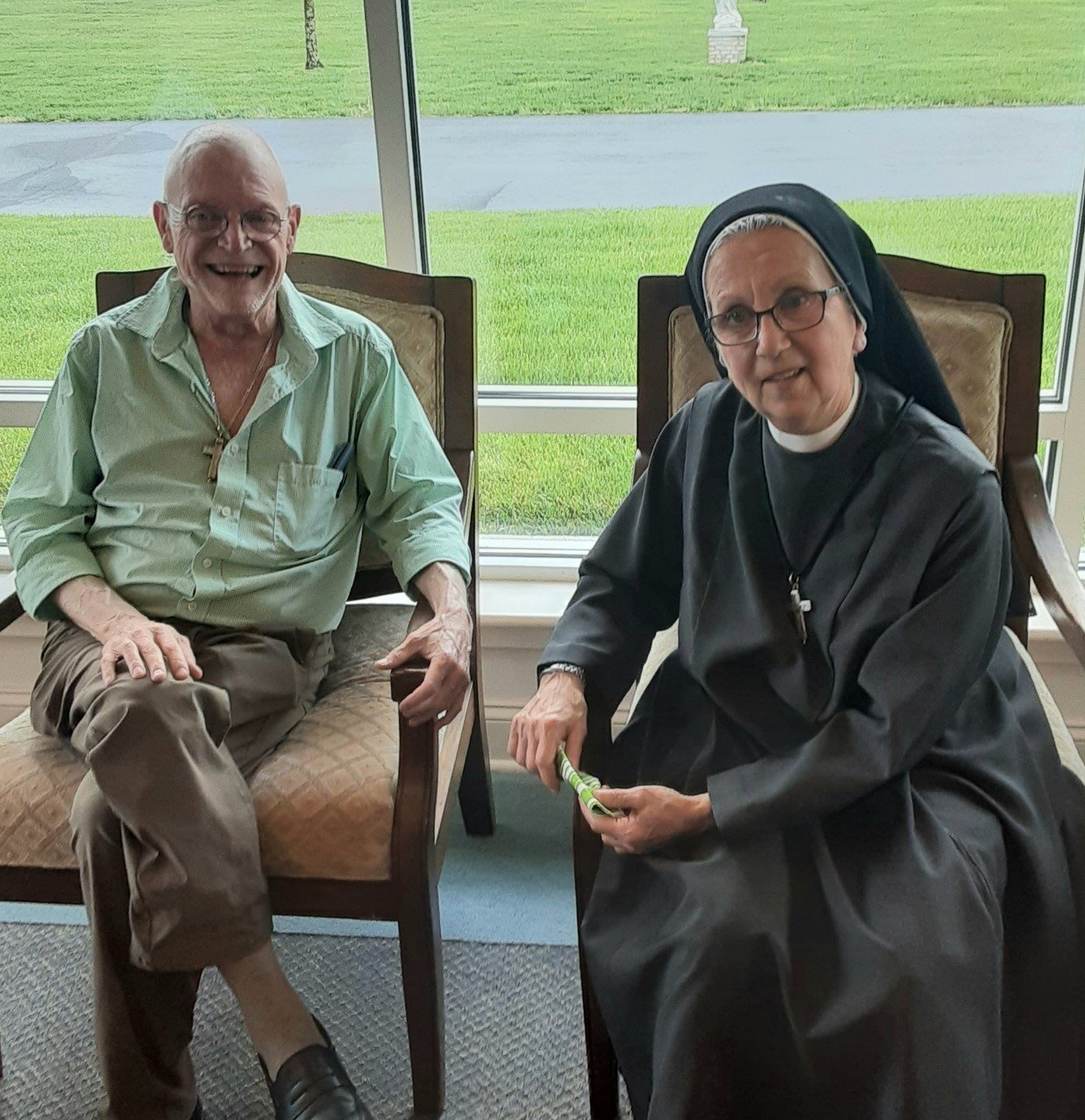
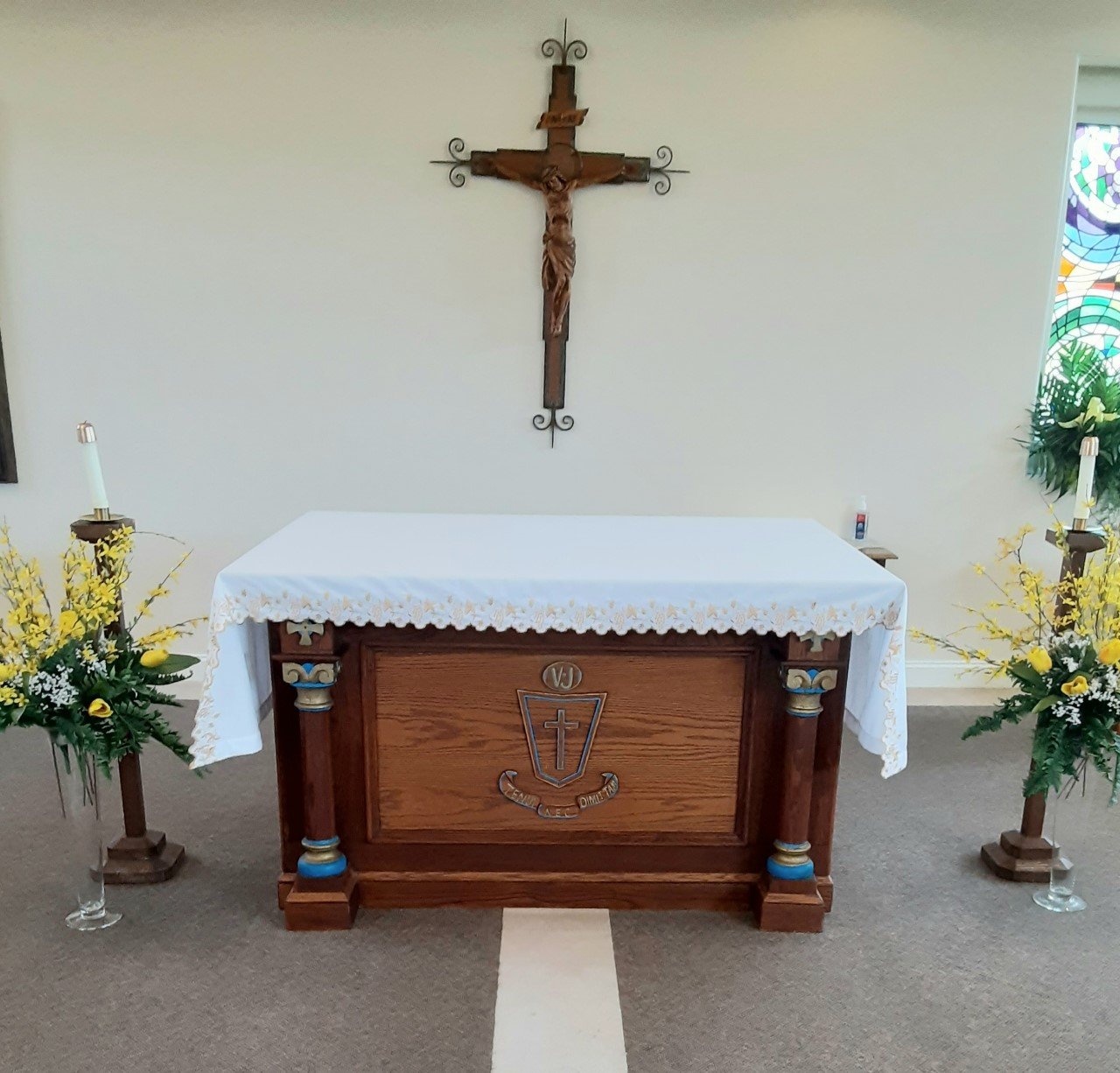
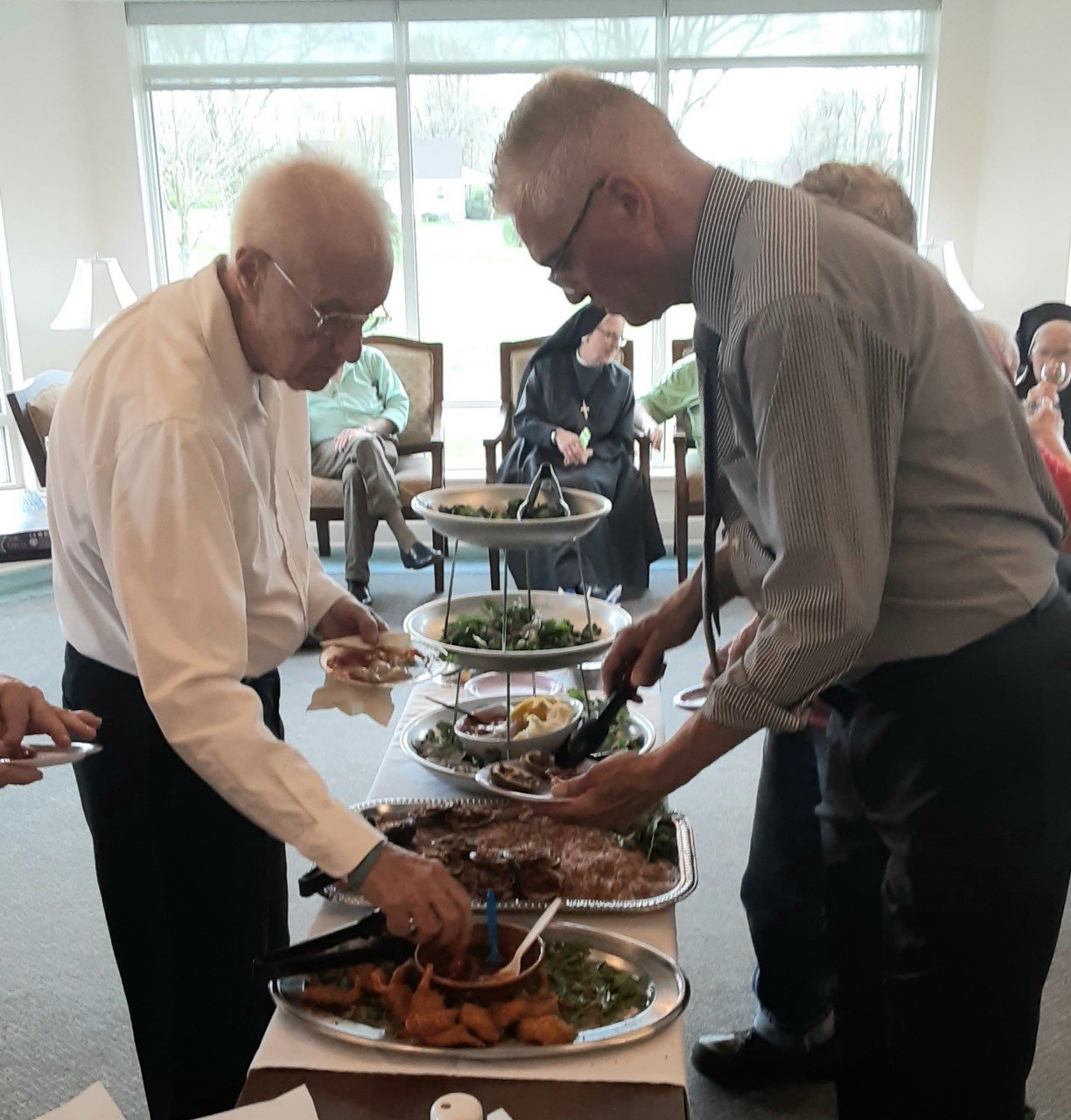
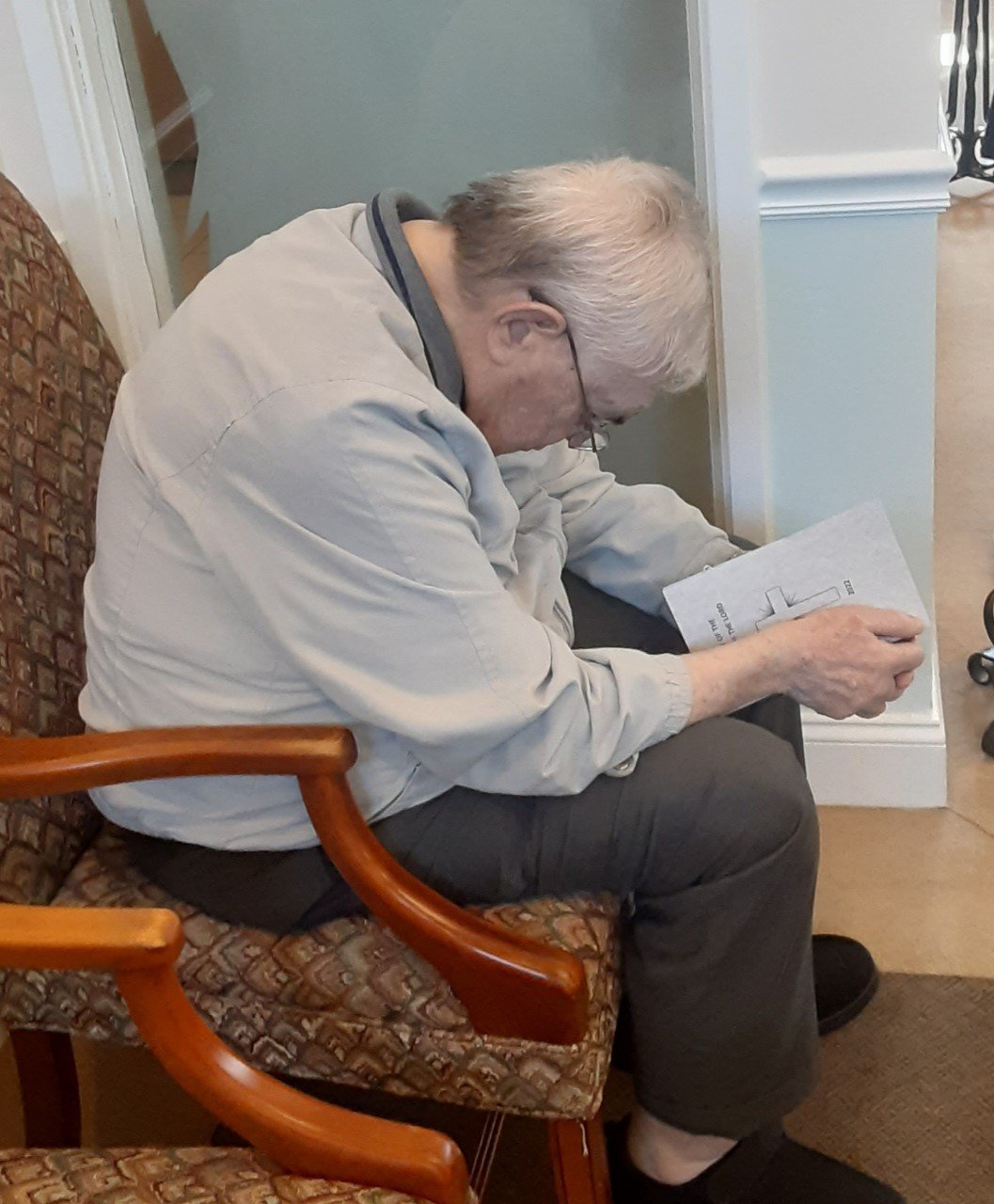
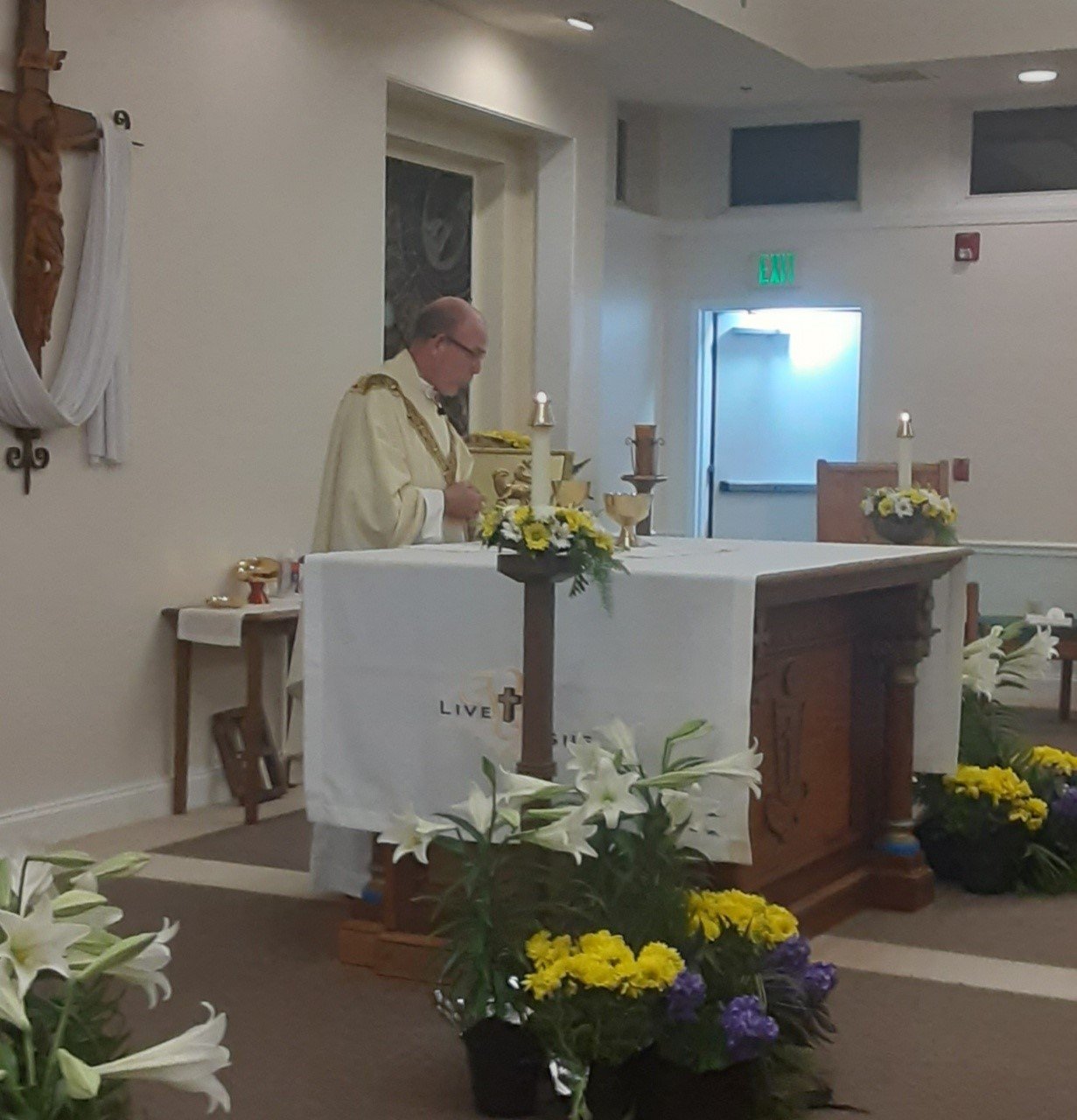
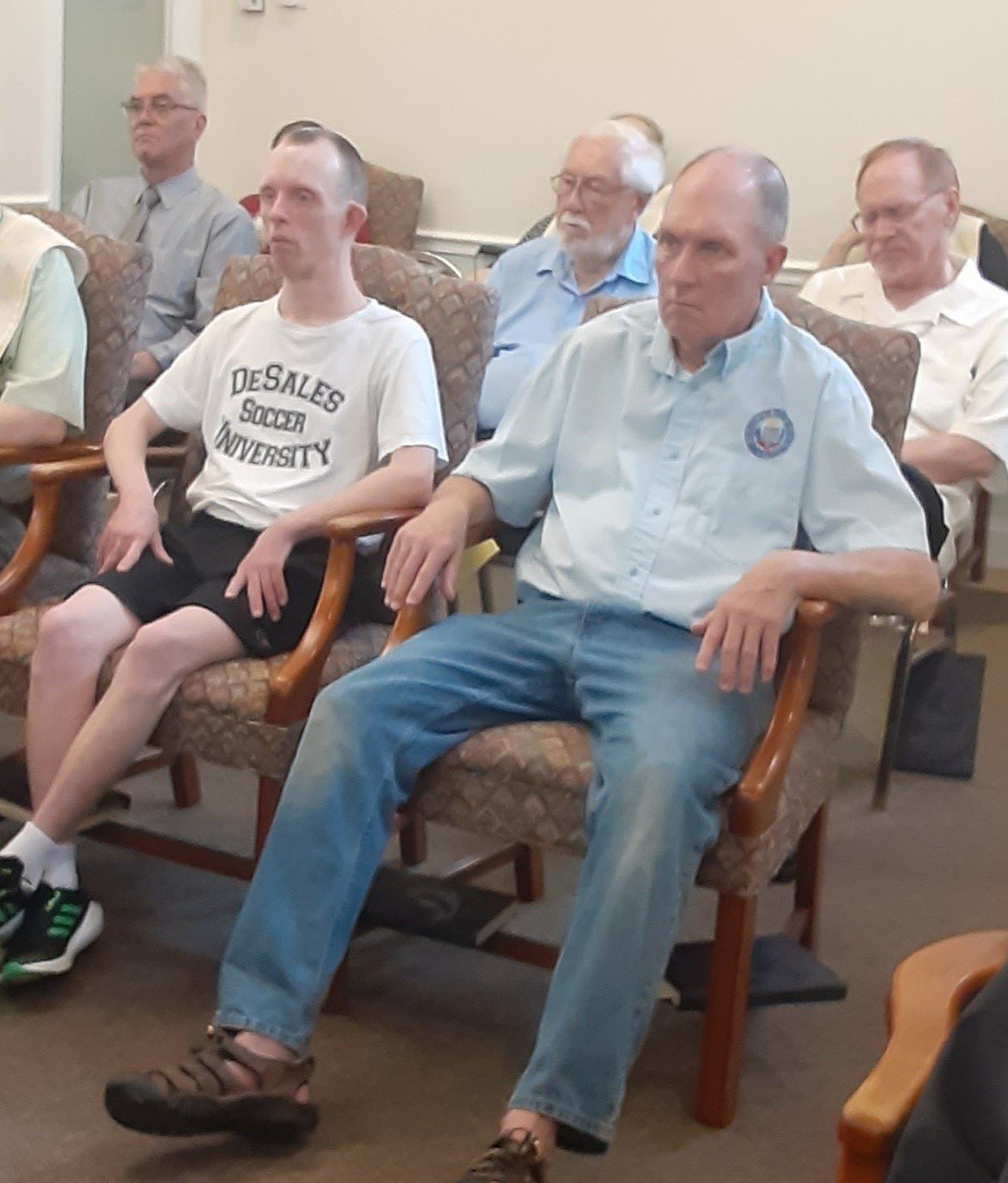
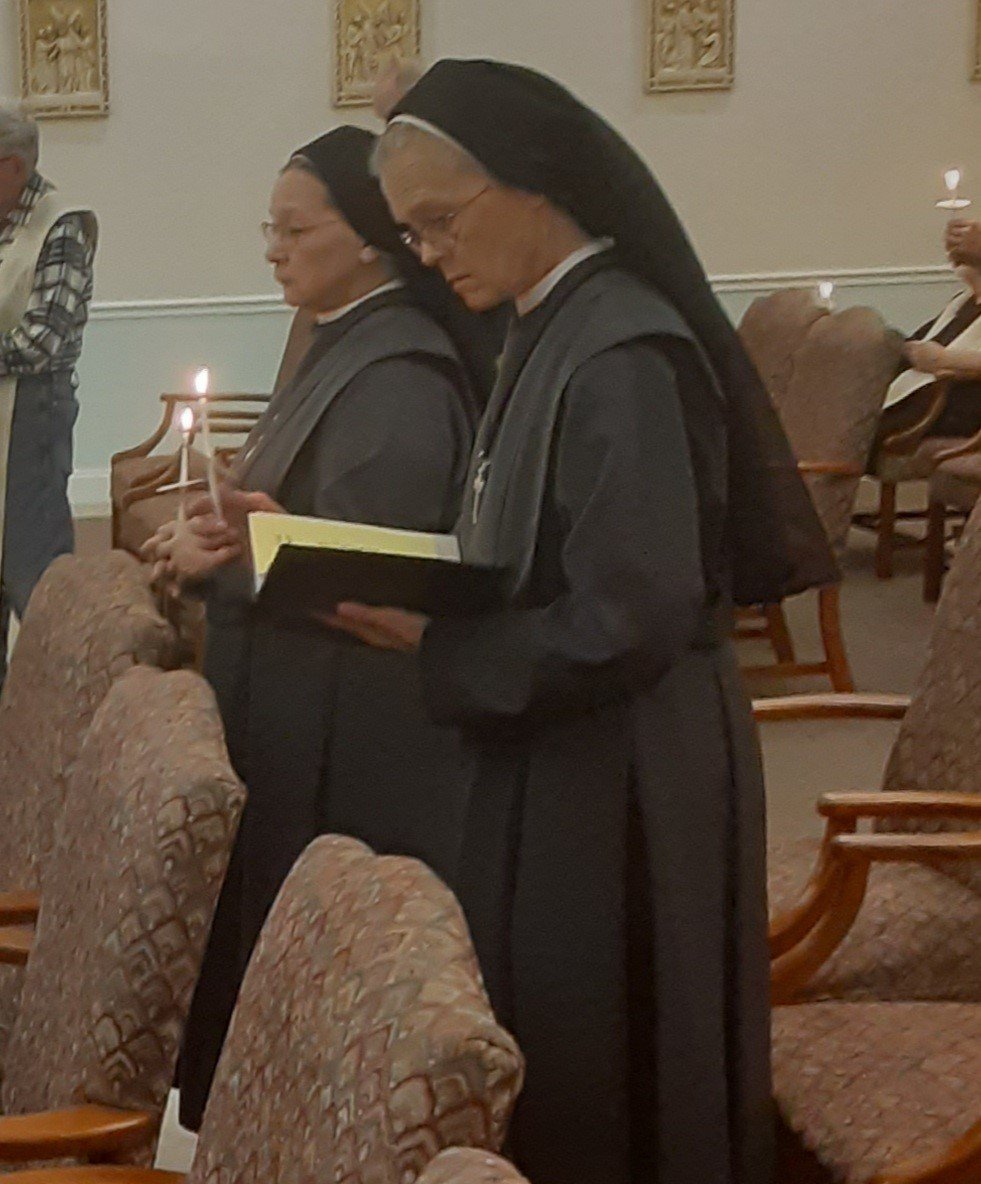
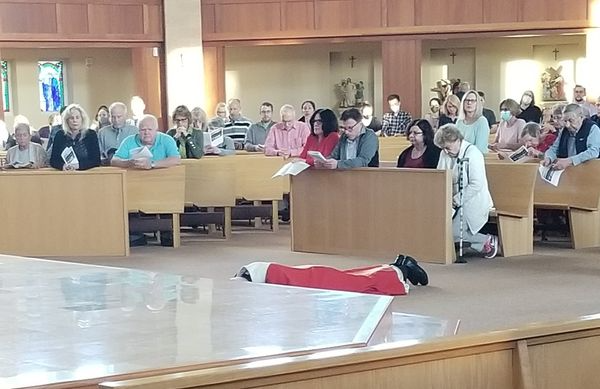
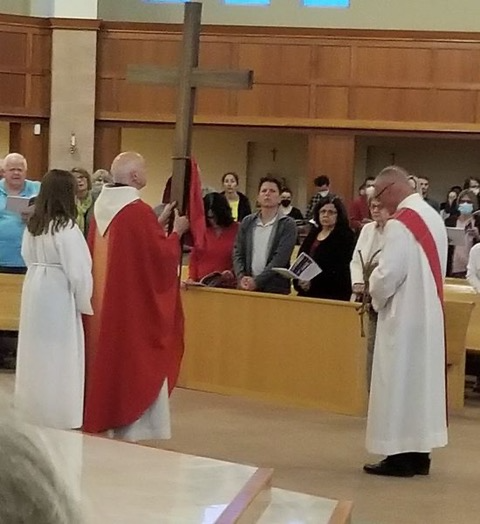

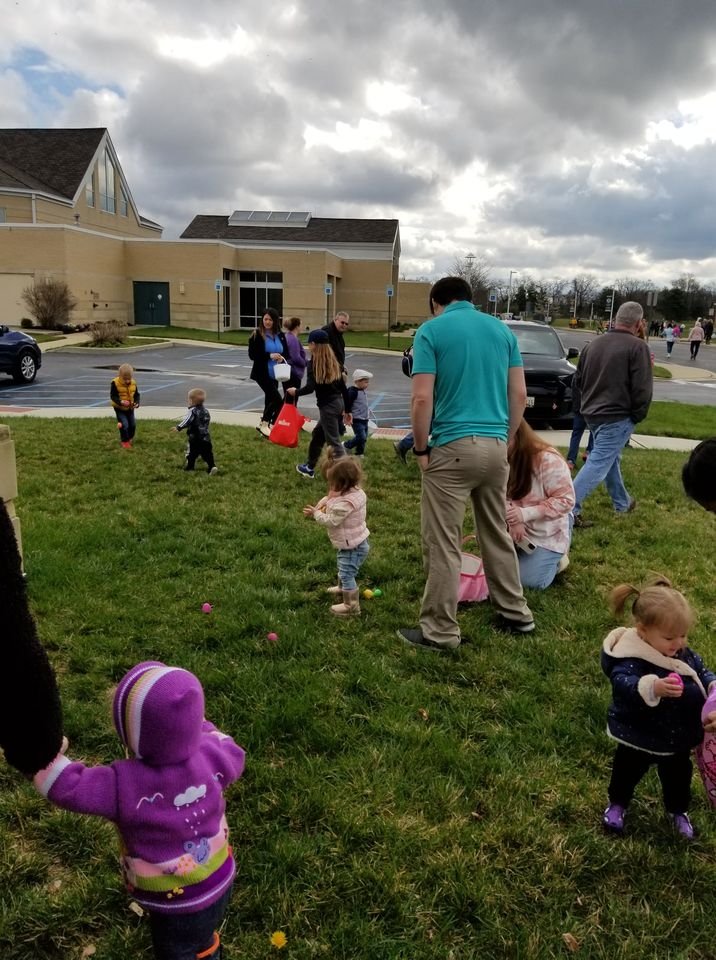

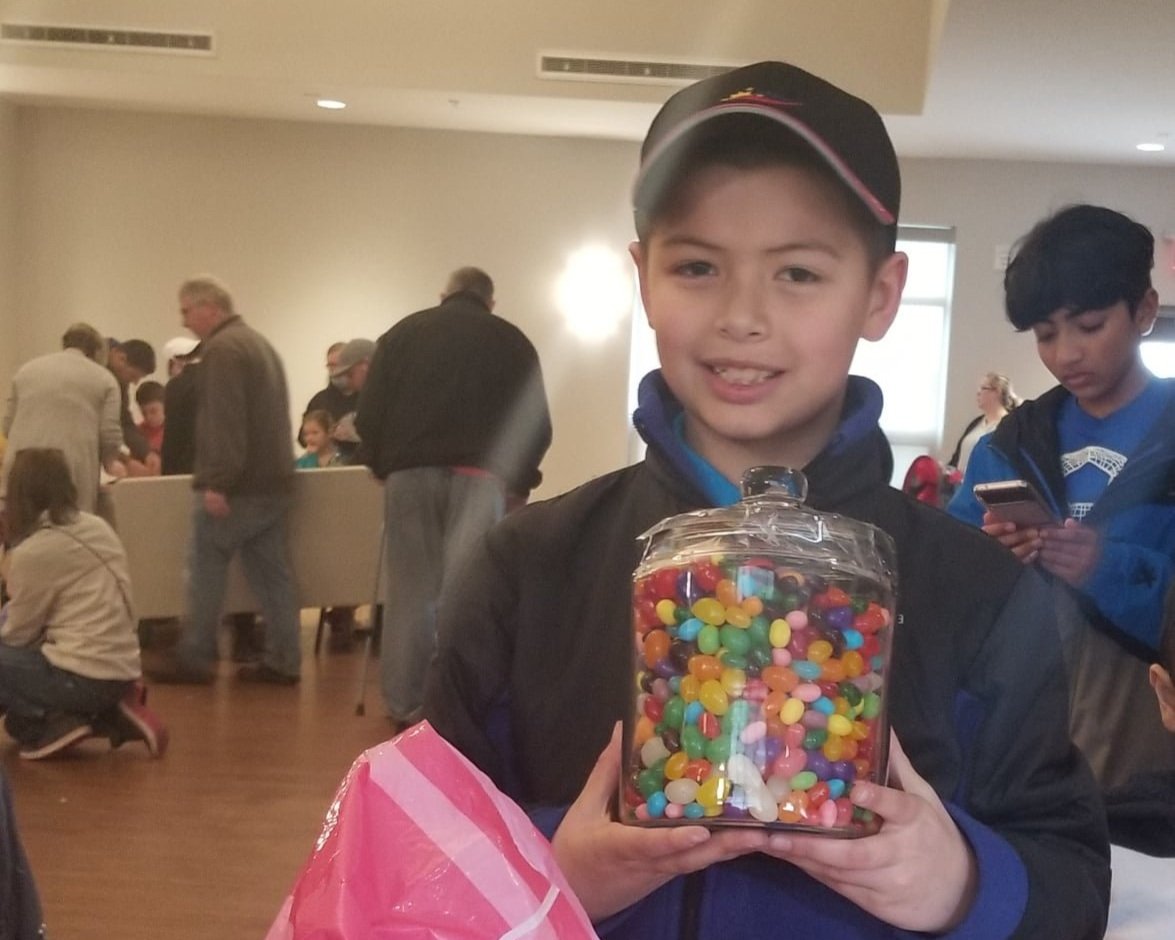
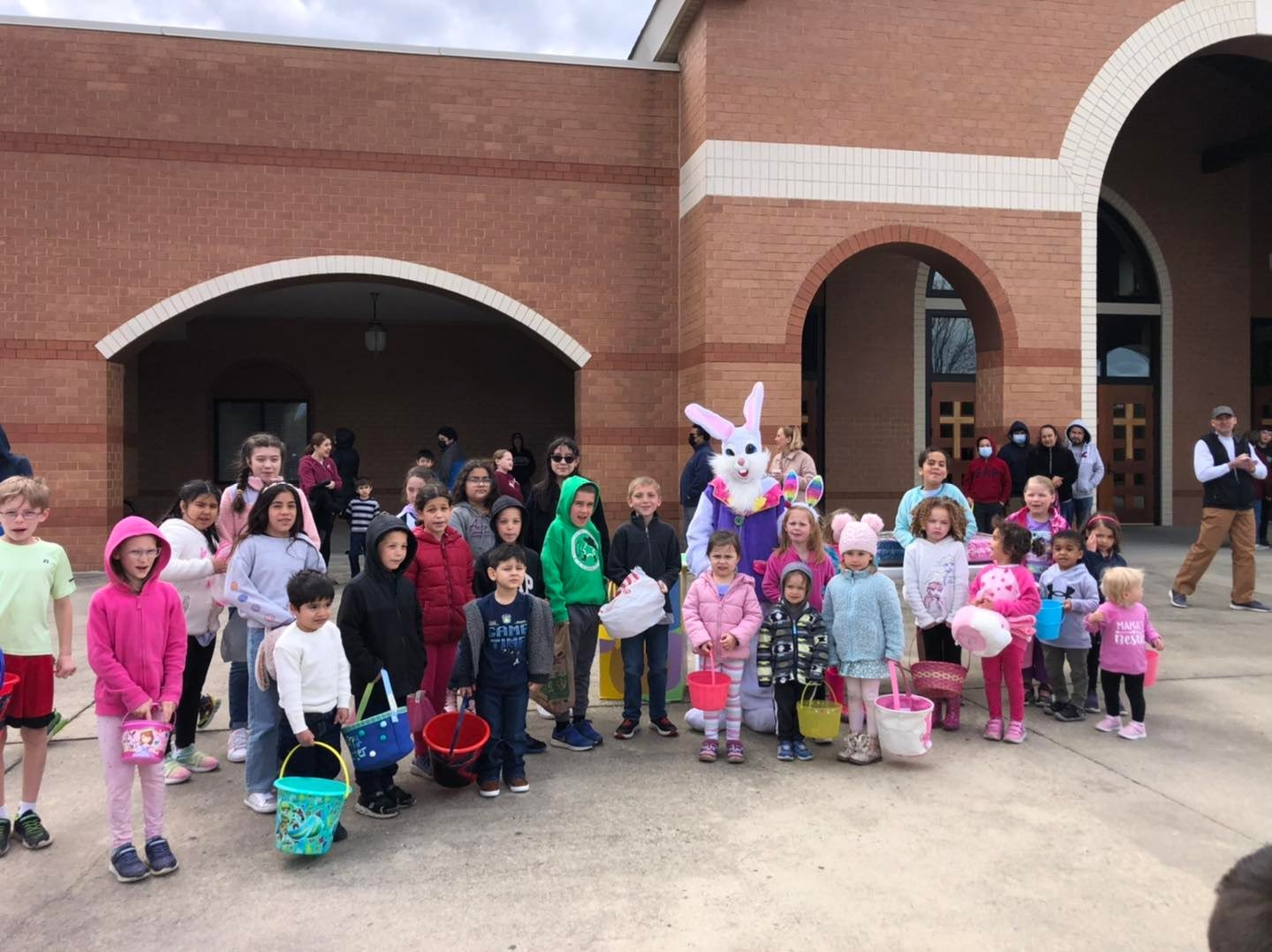
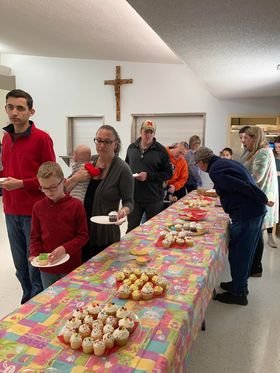
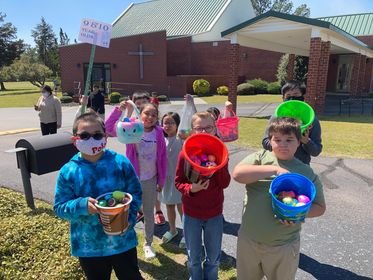

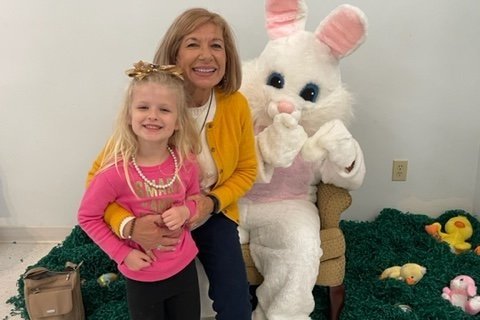
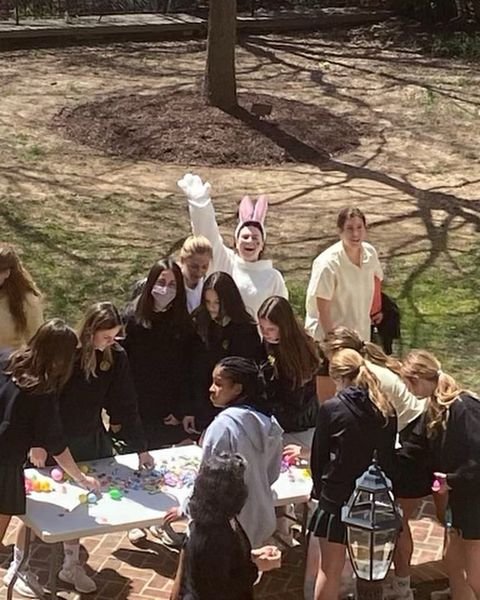
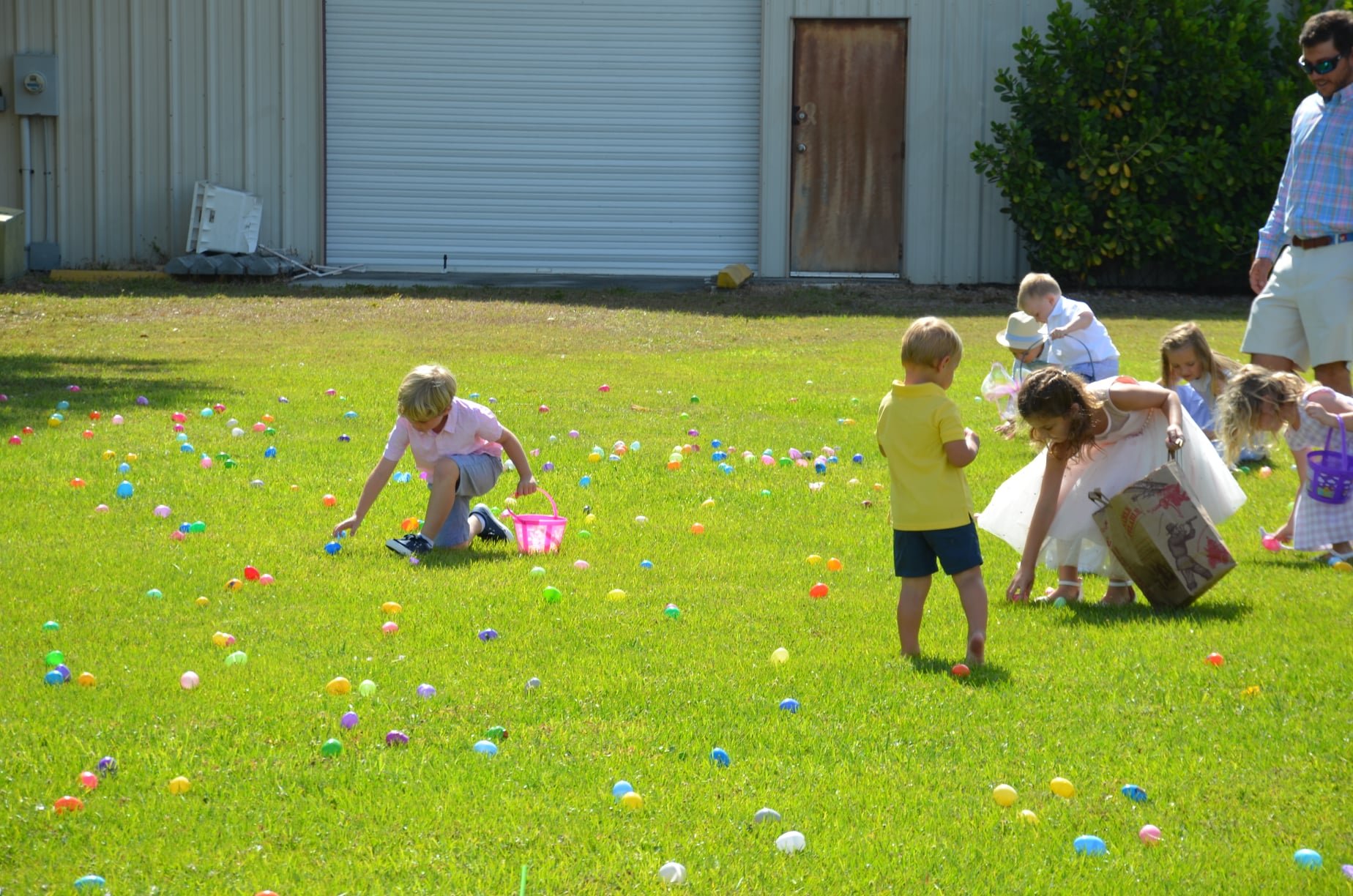
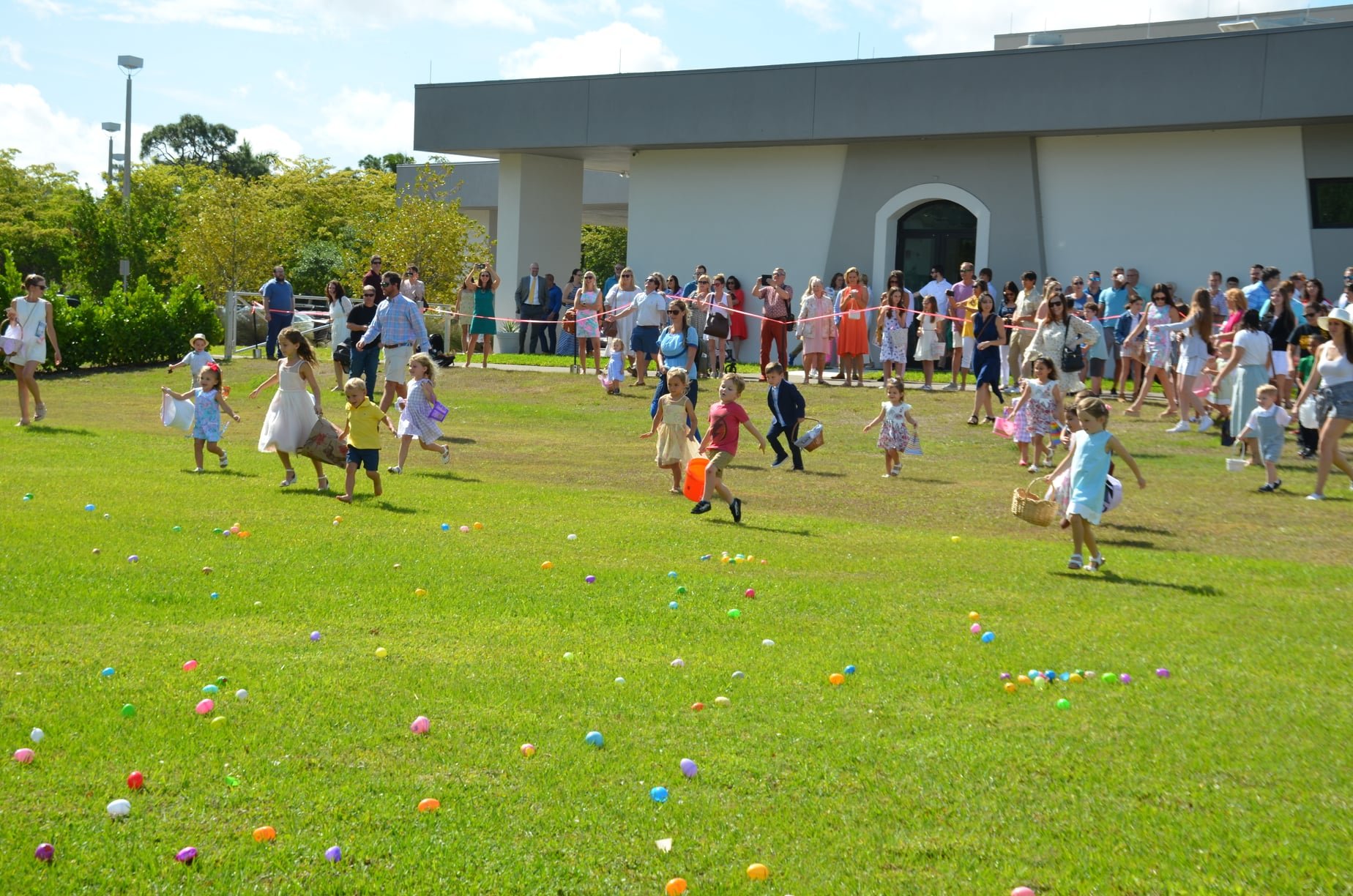
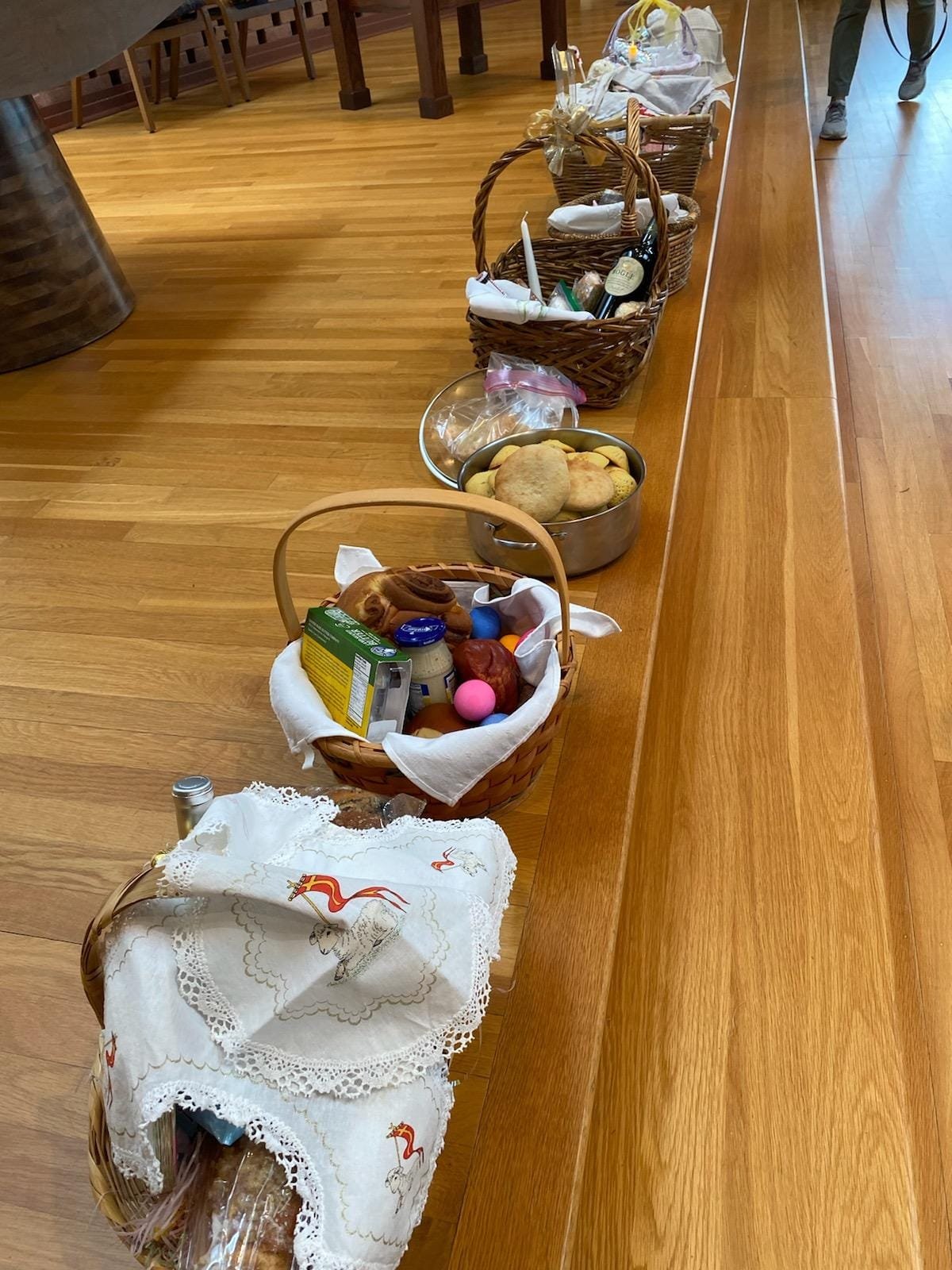
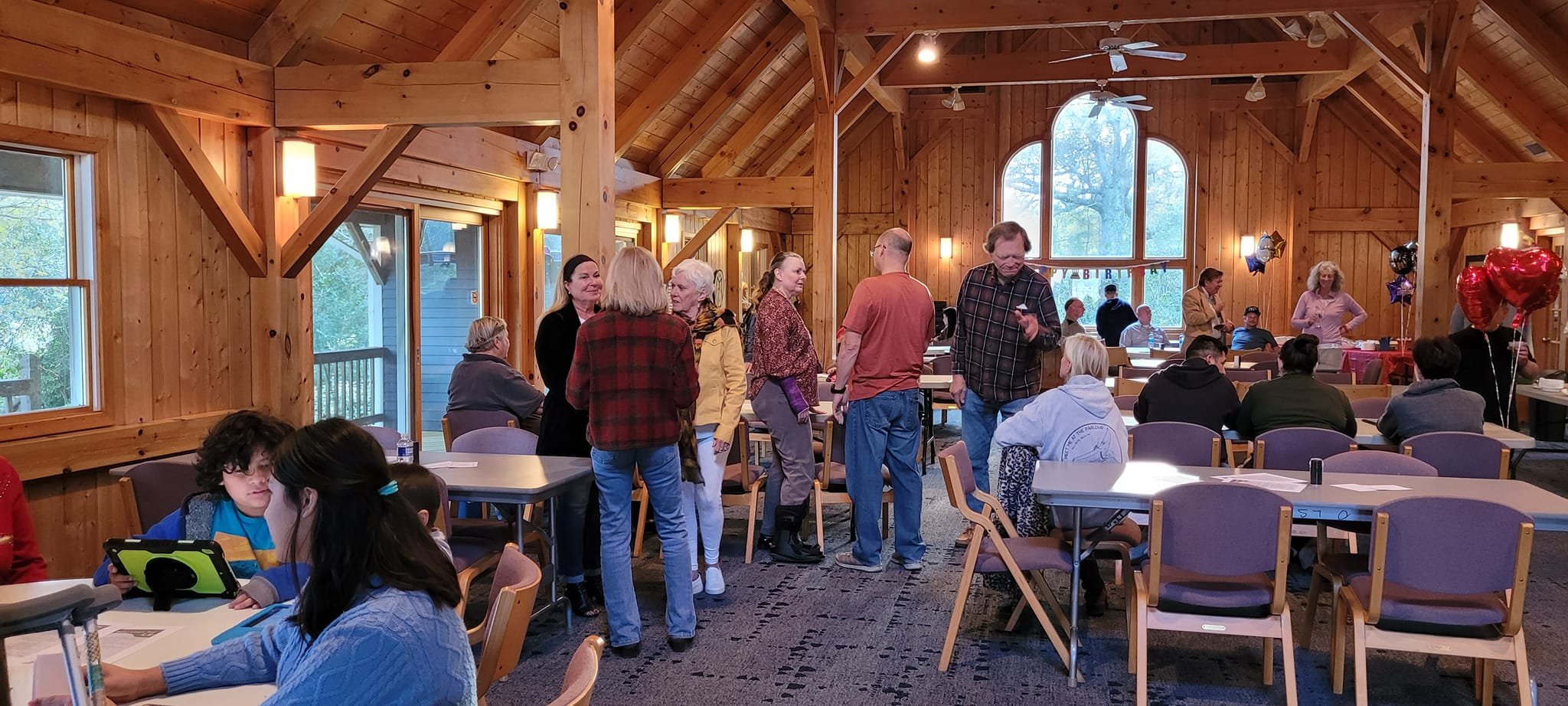
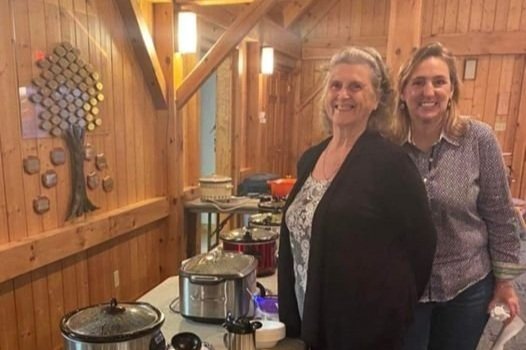
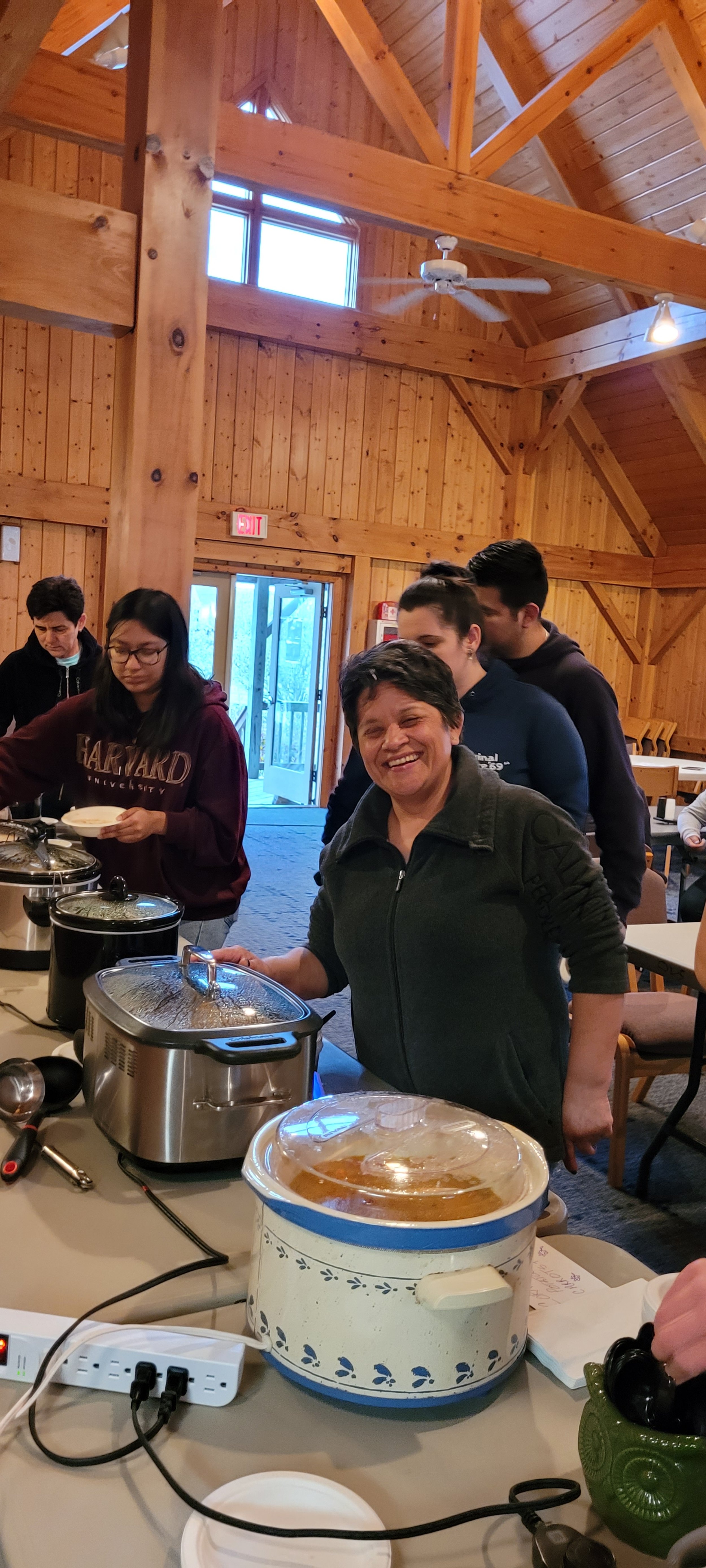
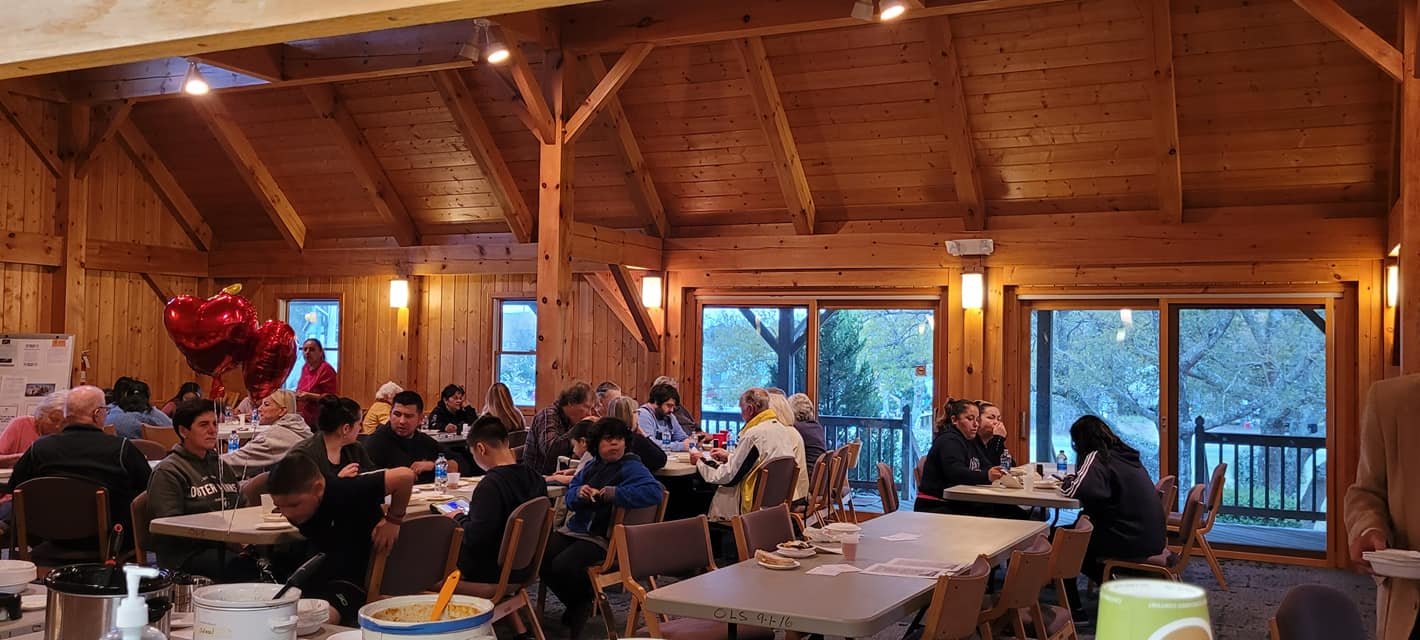

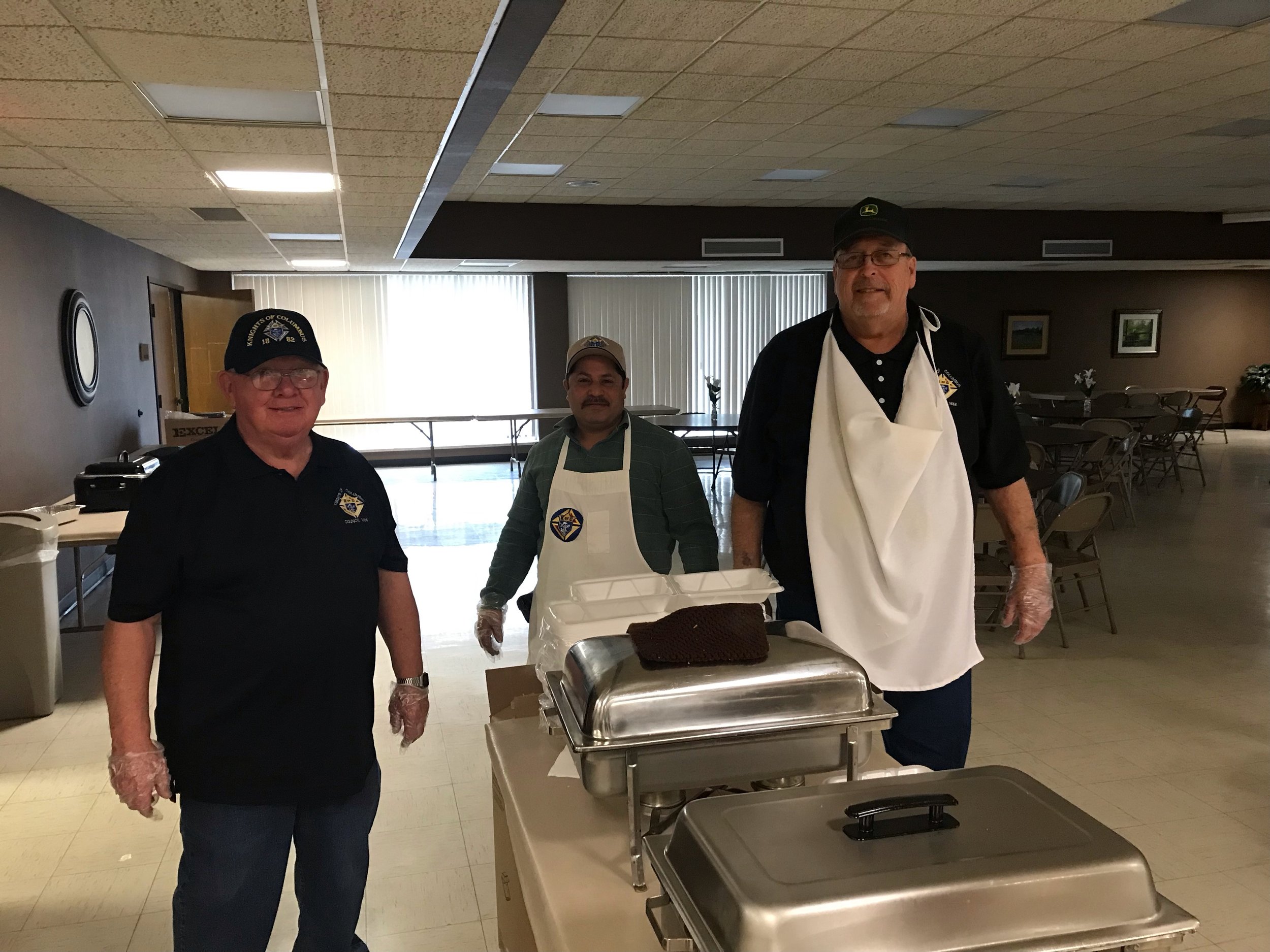
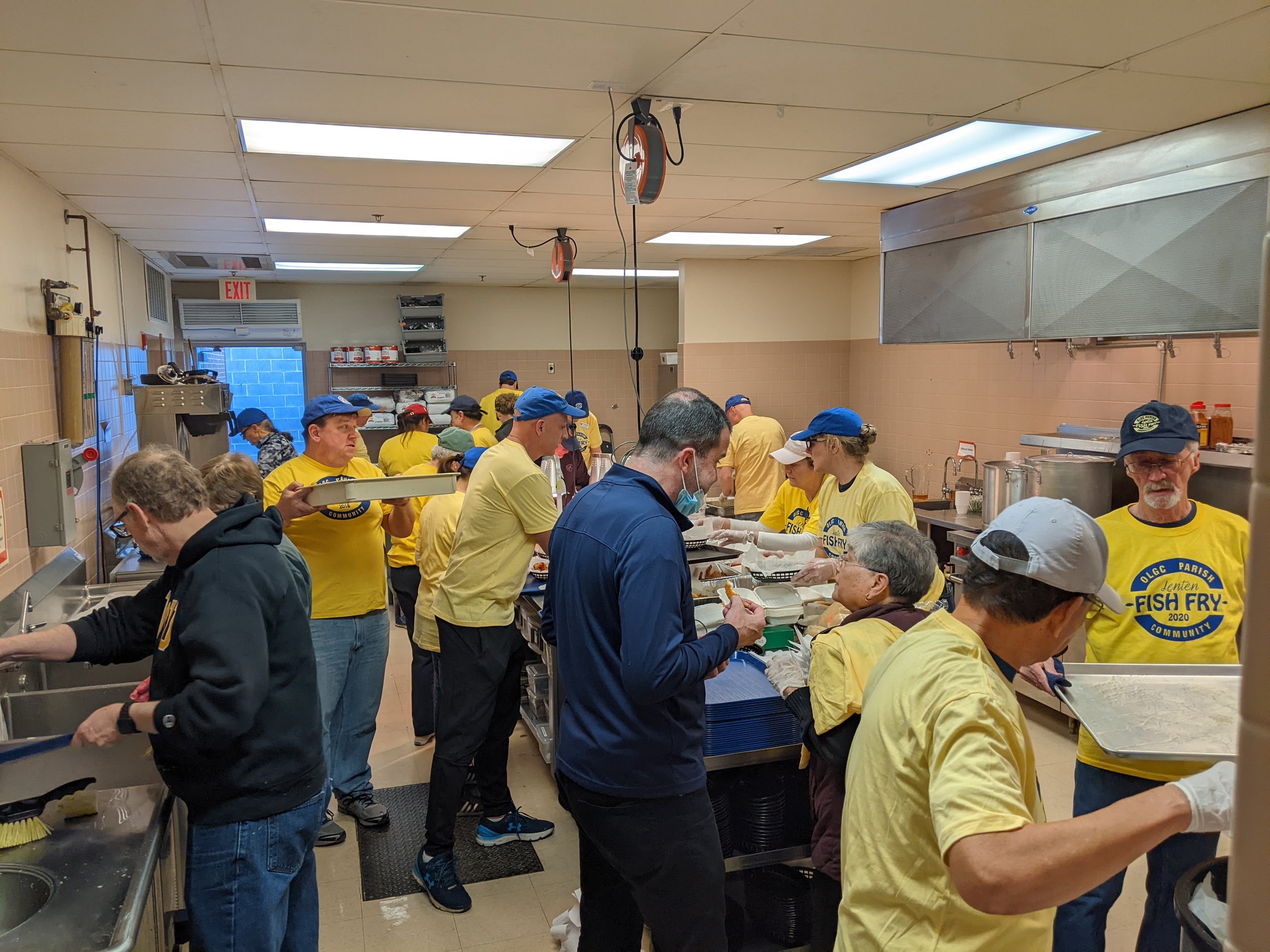
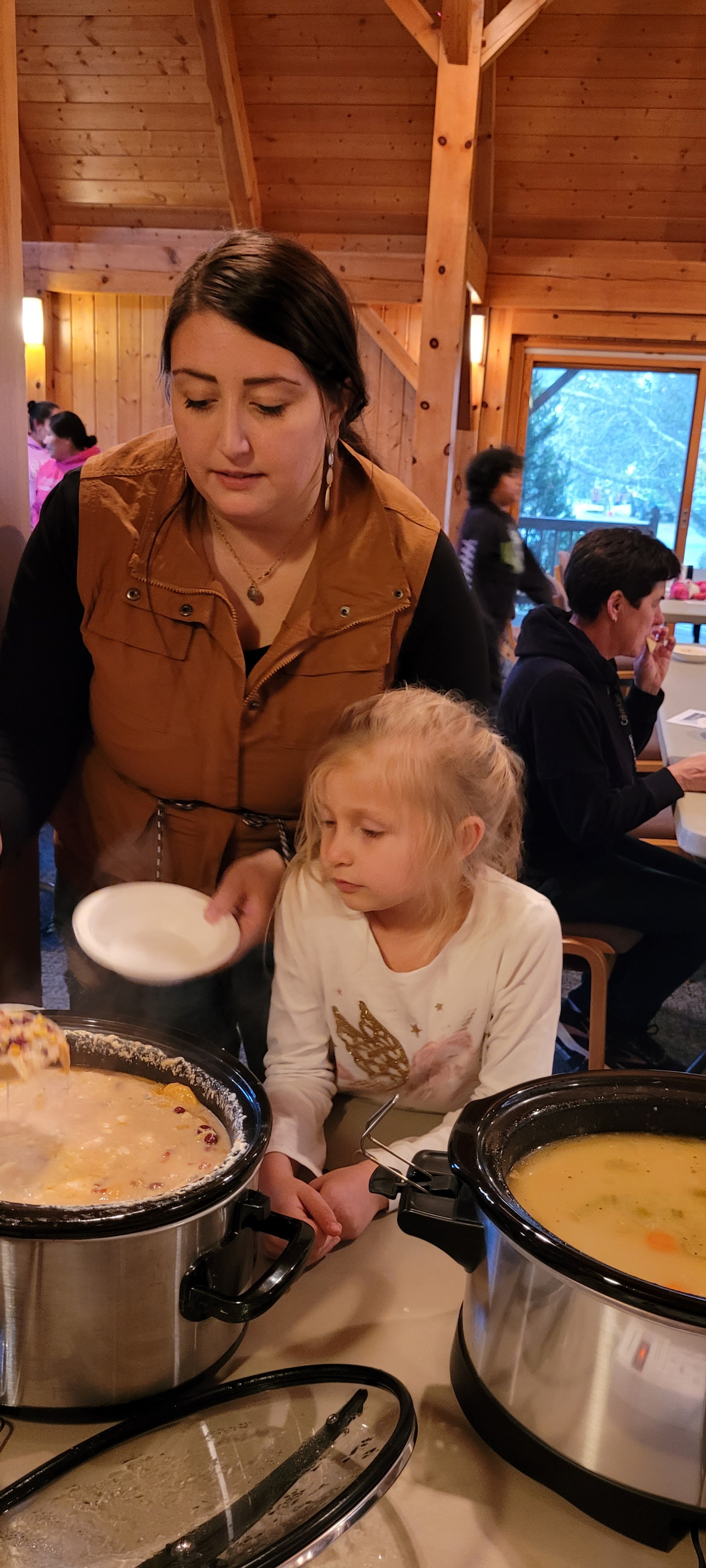

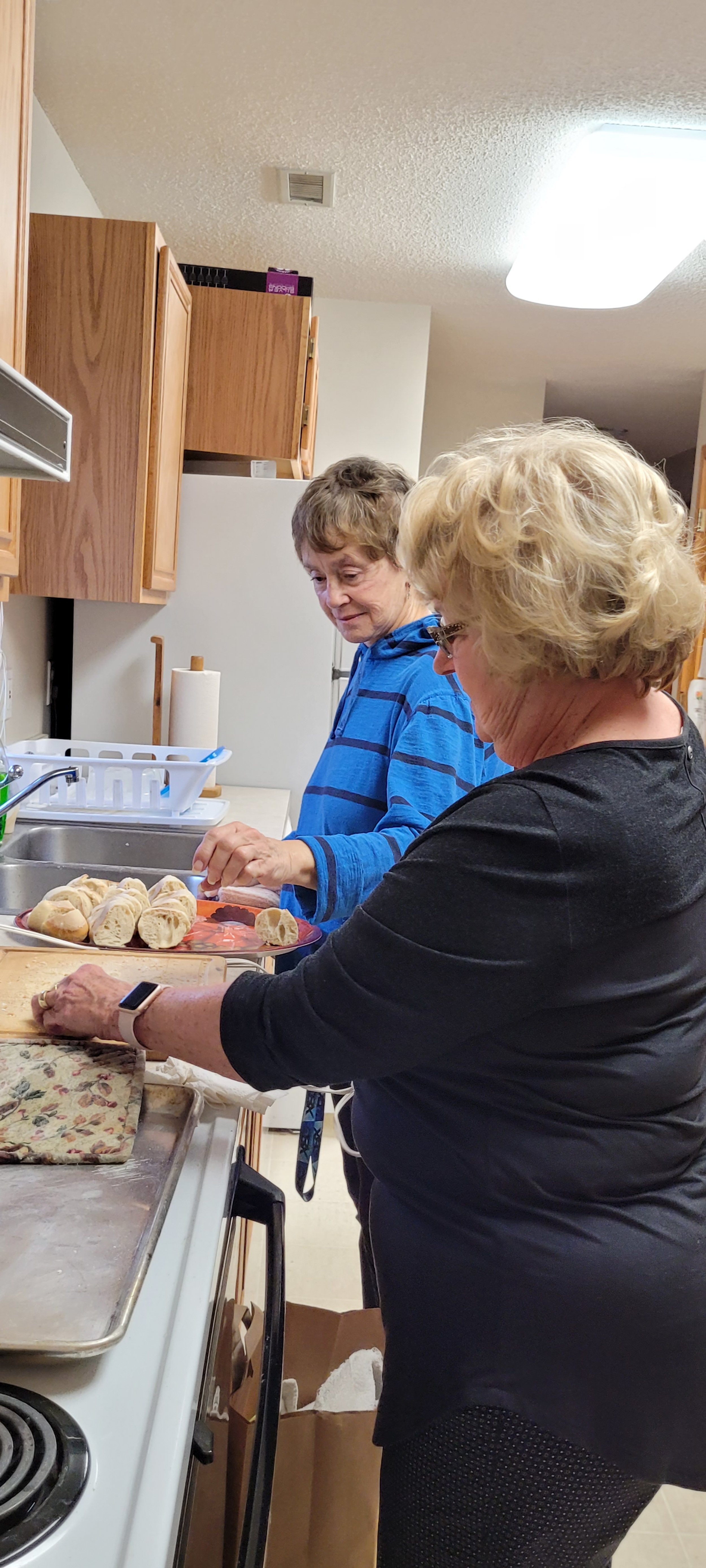

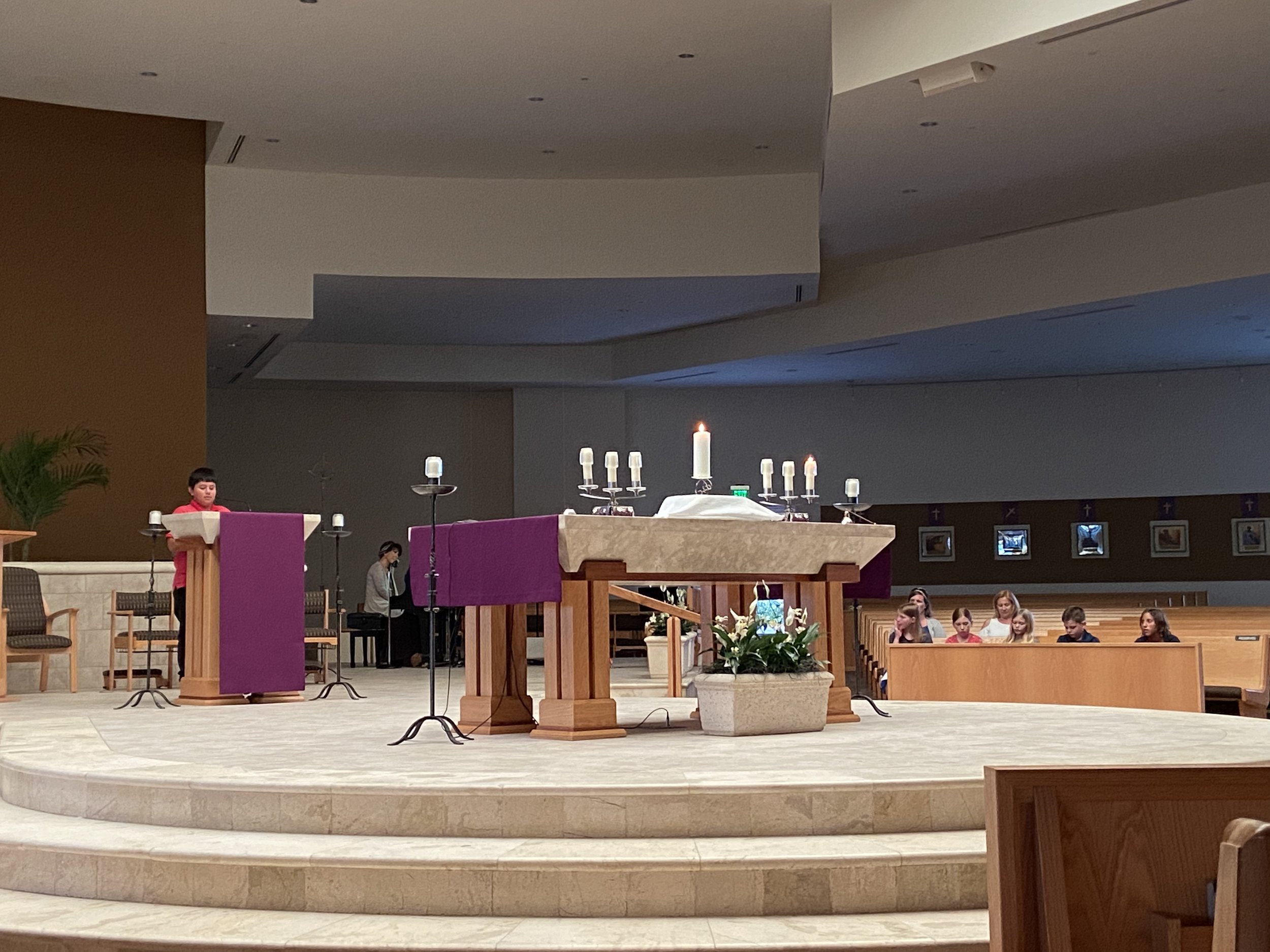
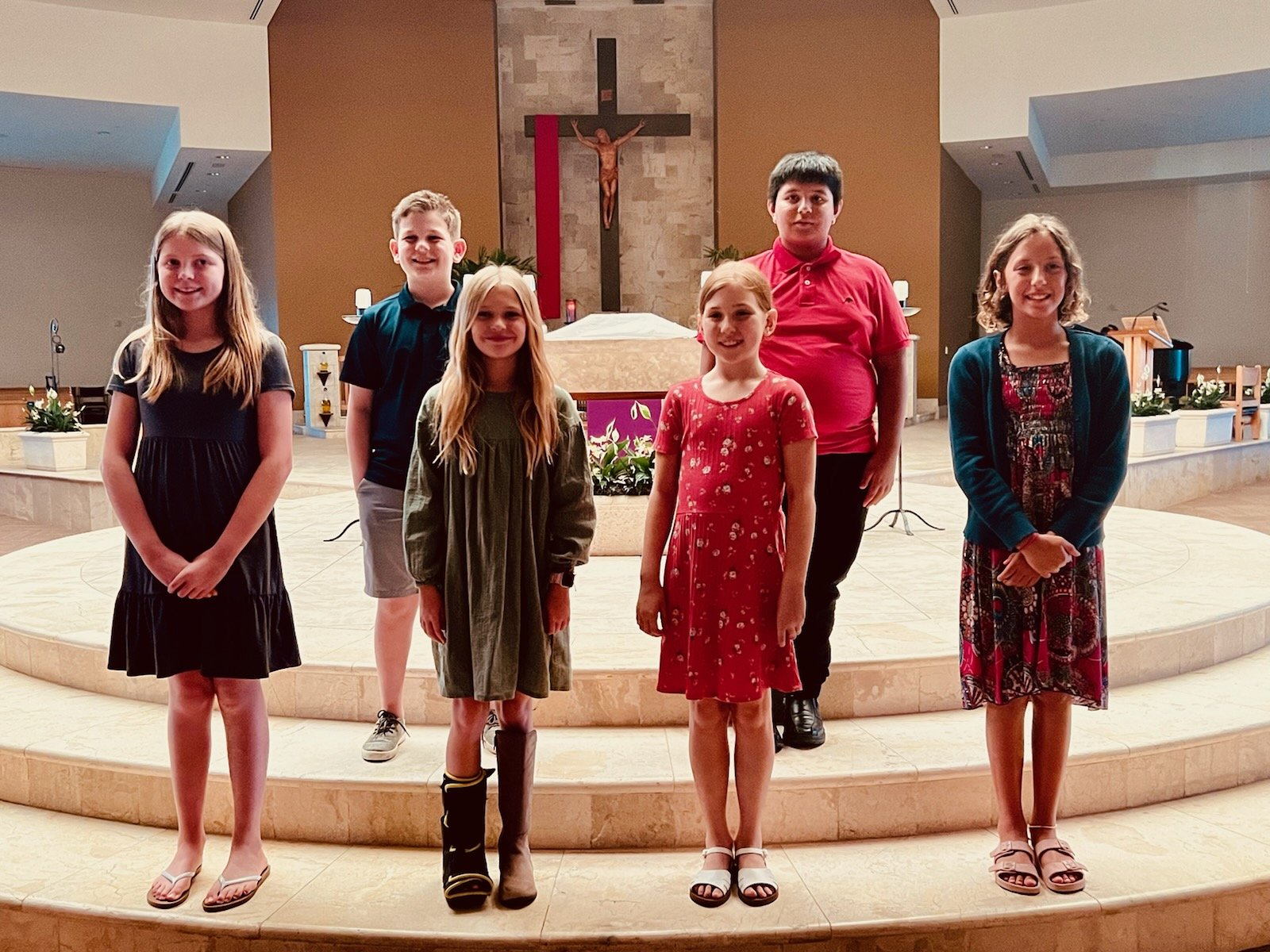
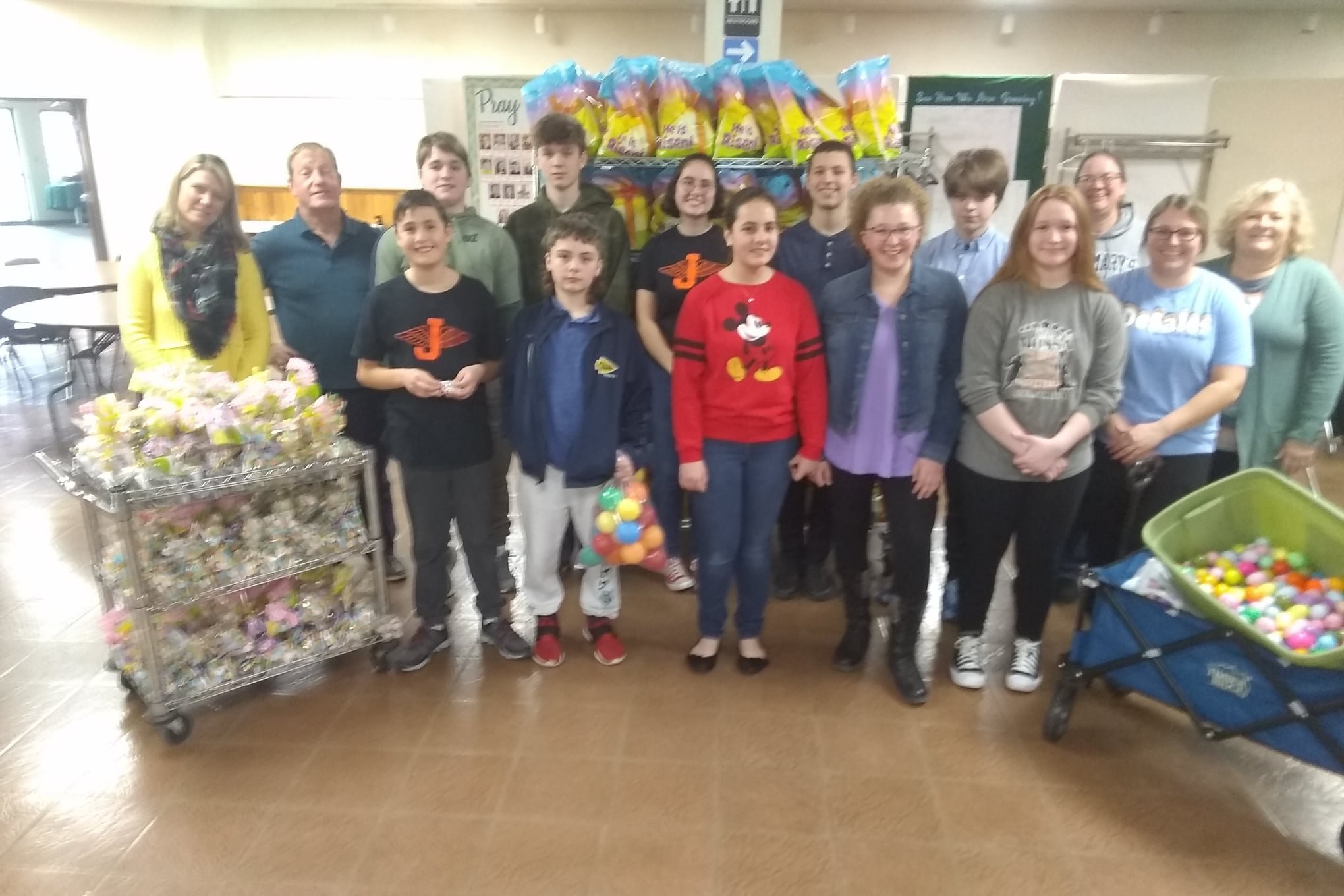

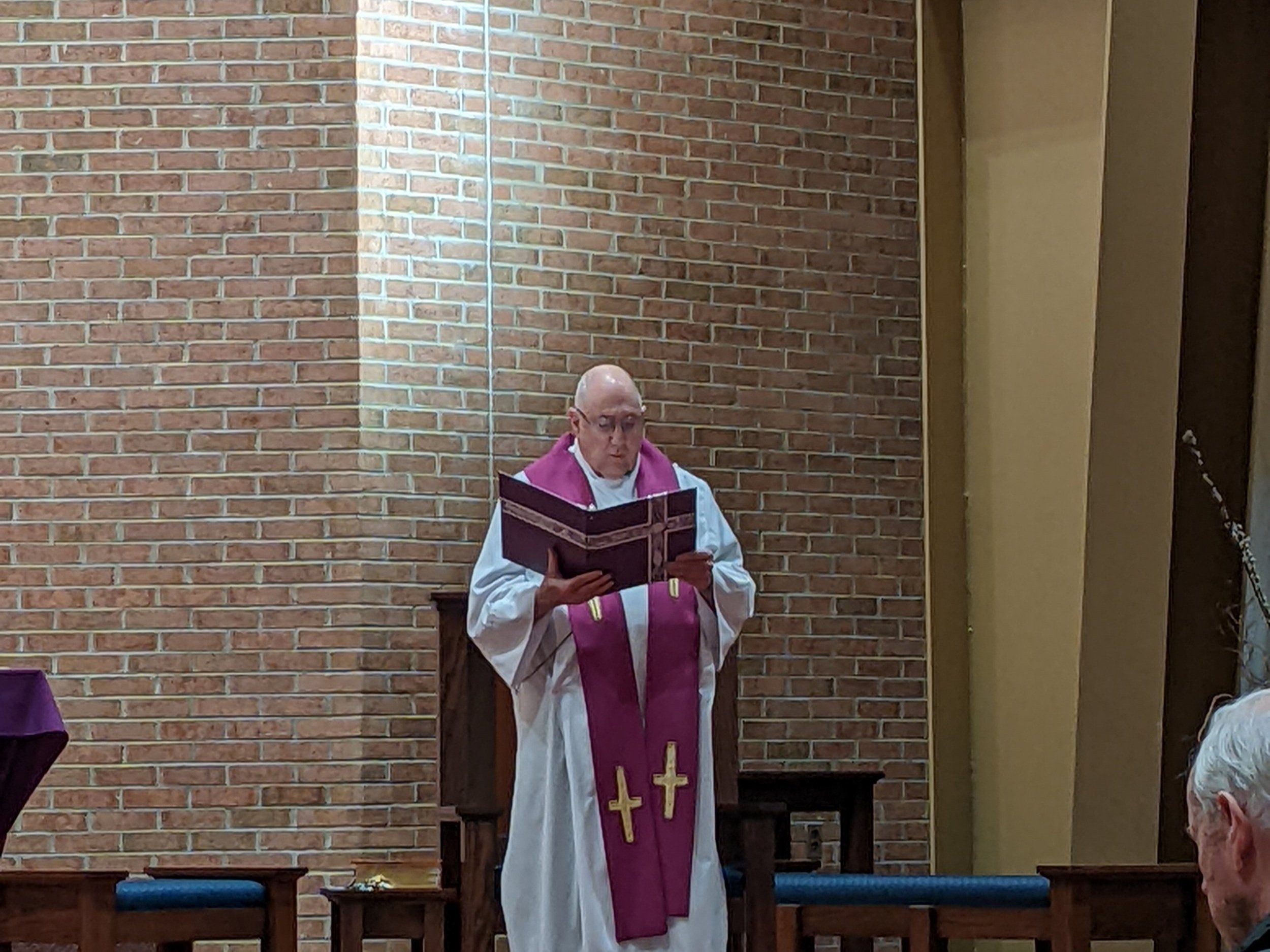
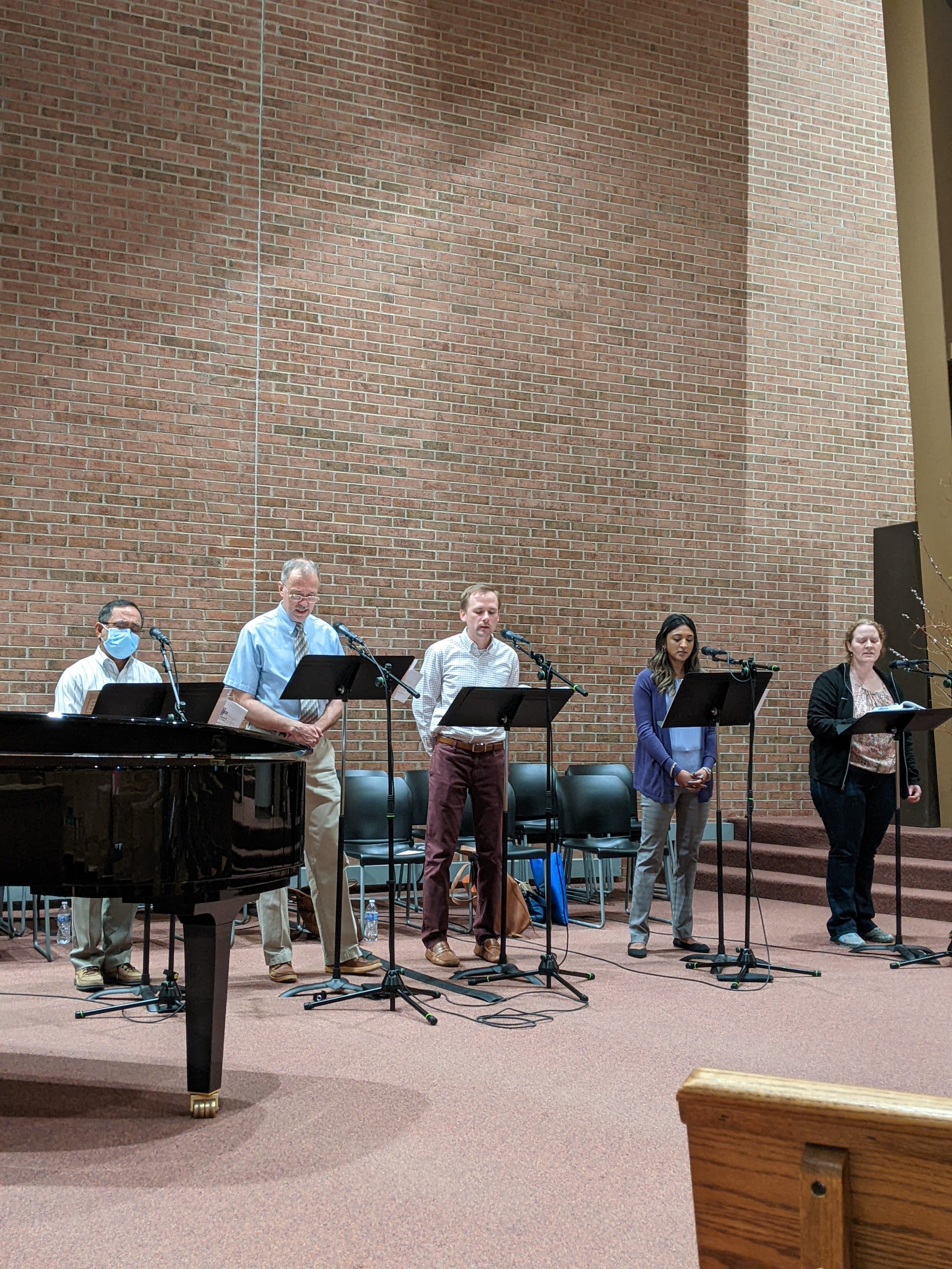
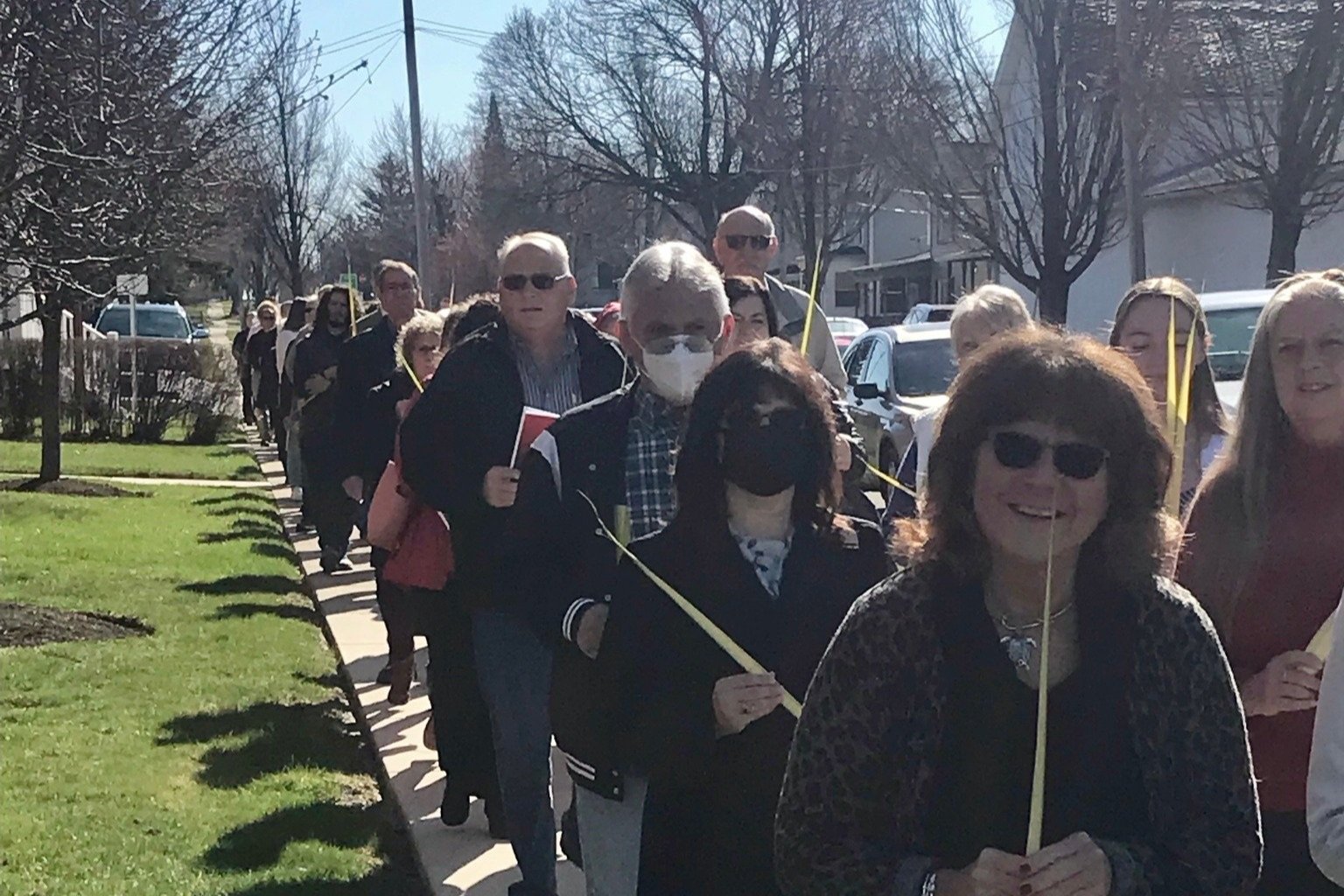

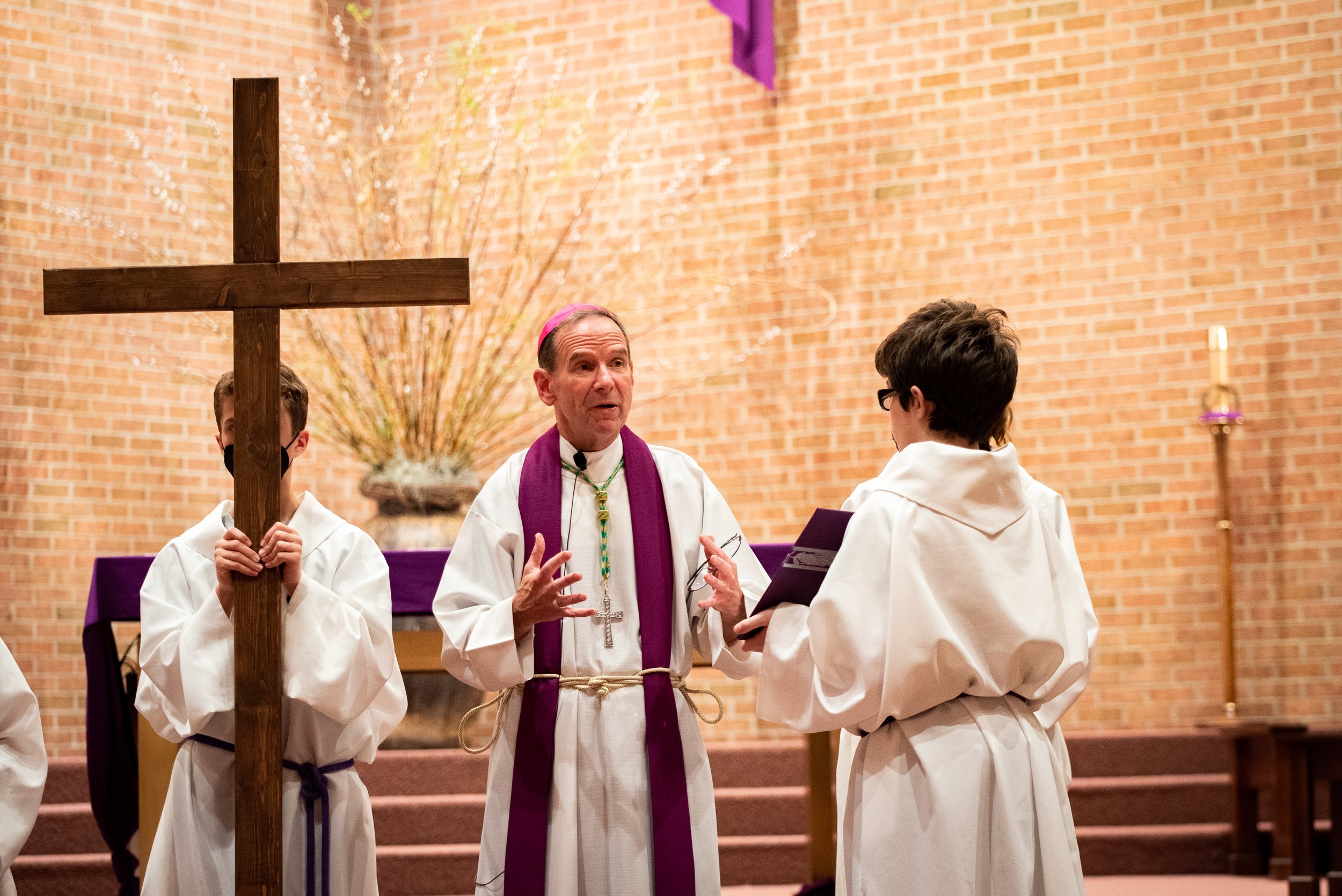
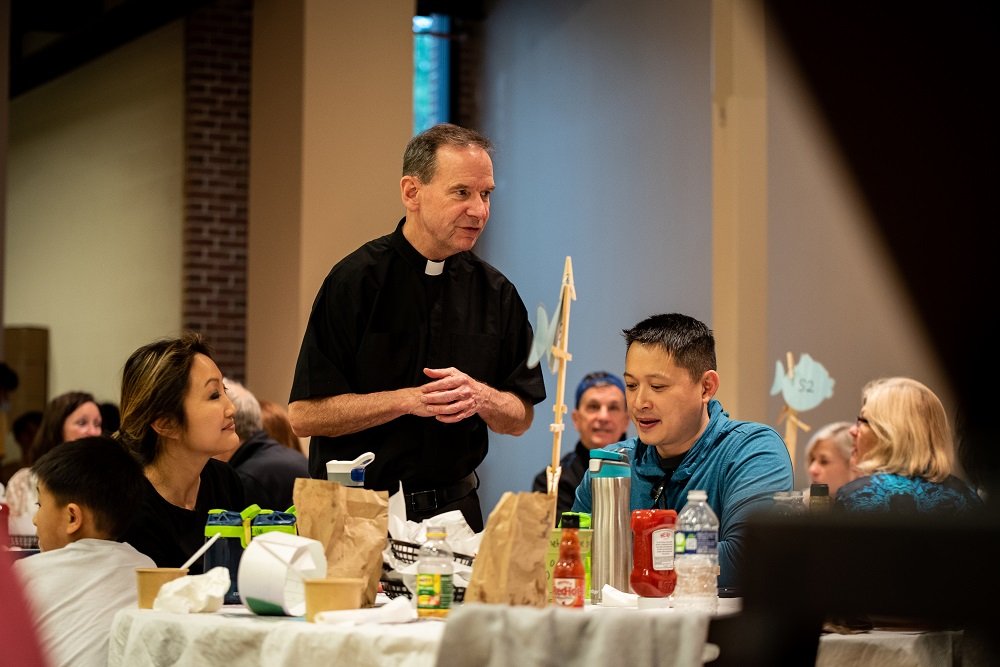







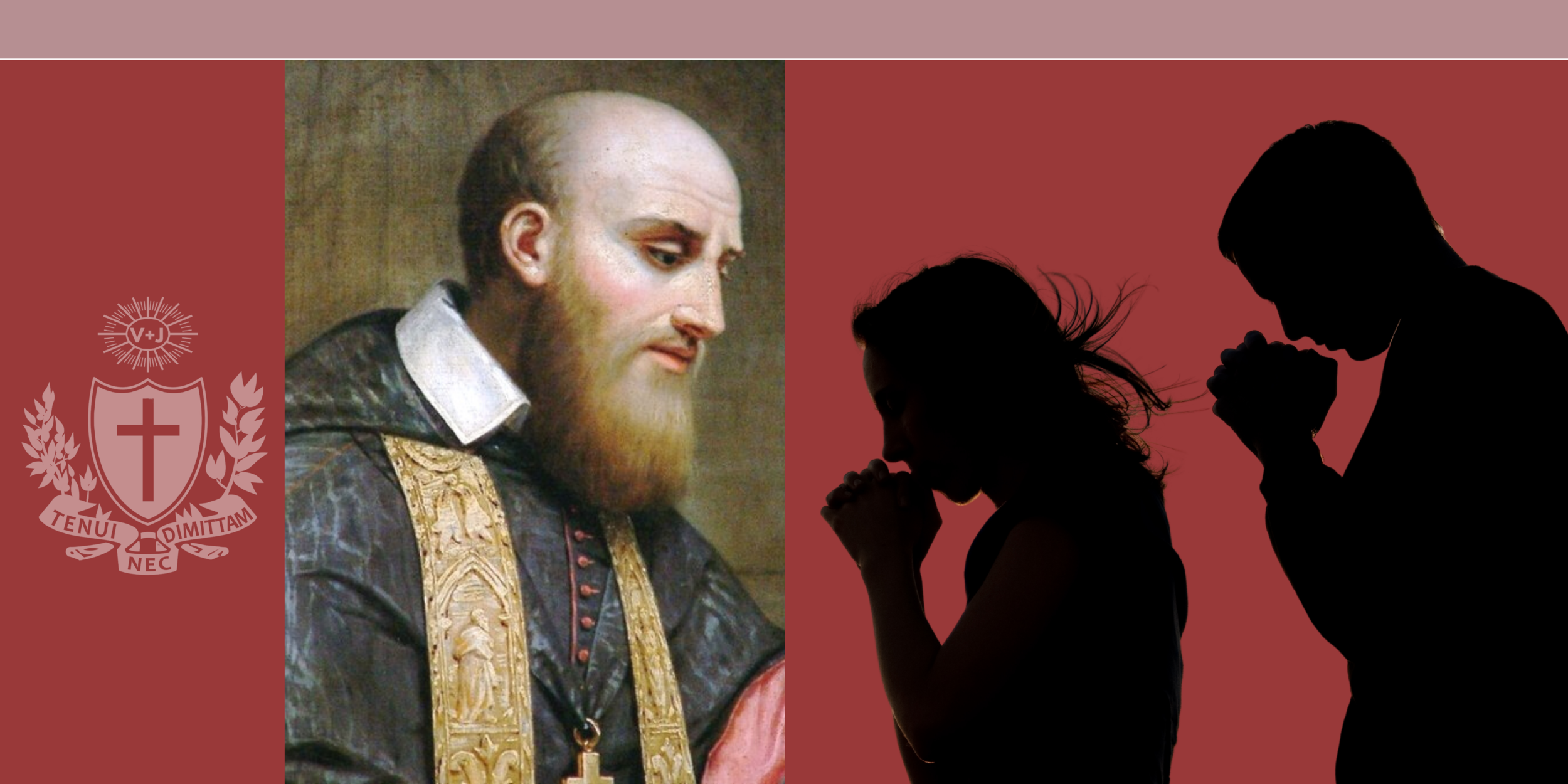








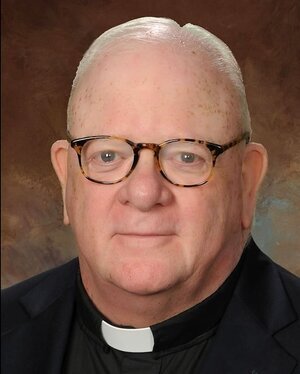




























![DSC_3839[1].JPG](https://images.squarespace-cdn.com/content/v1/57082740746fb9895f9277d8/1648476076979-1YJFOYW9AZO22IU2A5NR/DSC_3839%5B1%5D.JPG)










































































